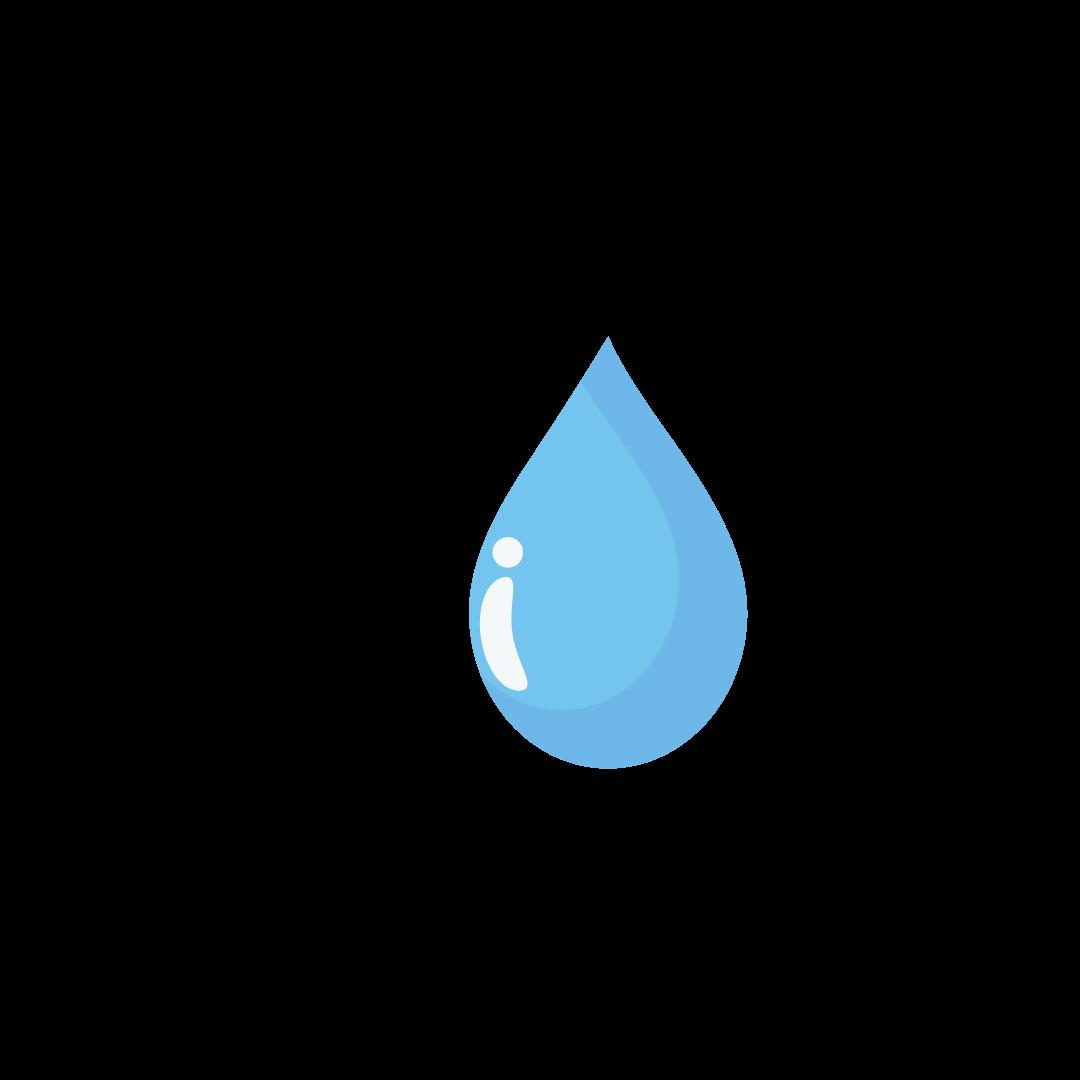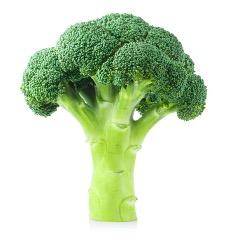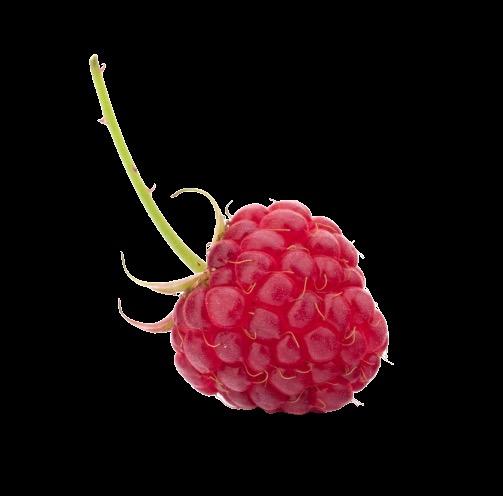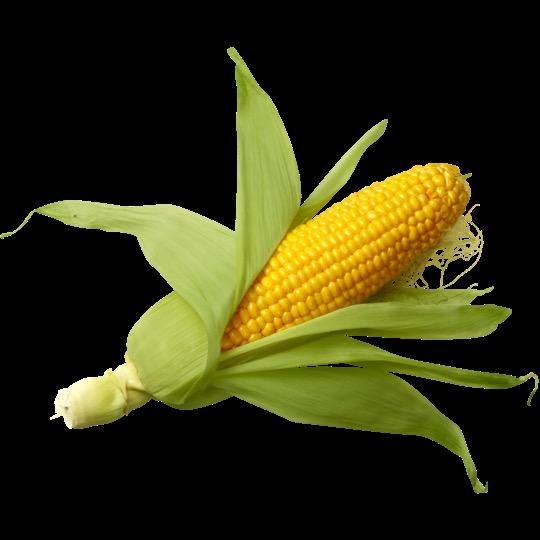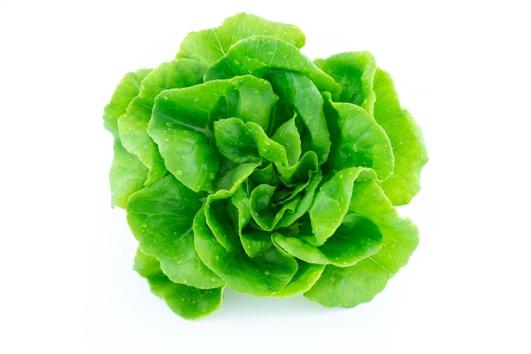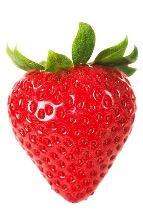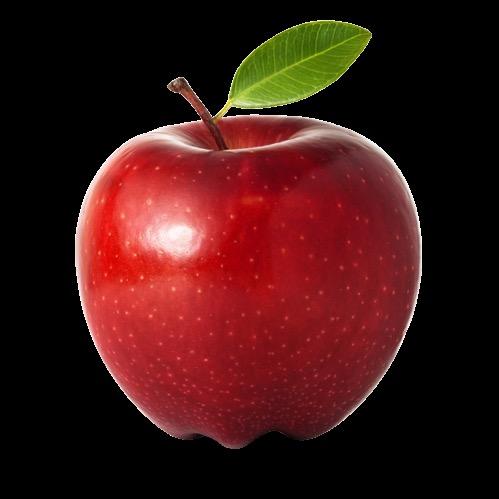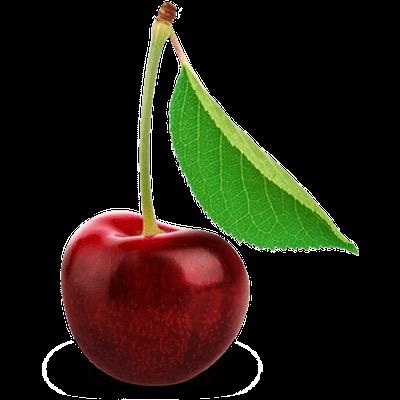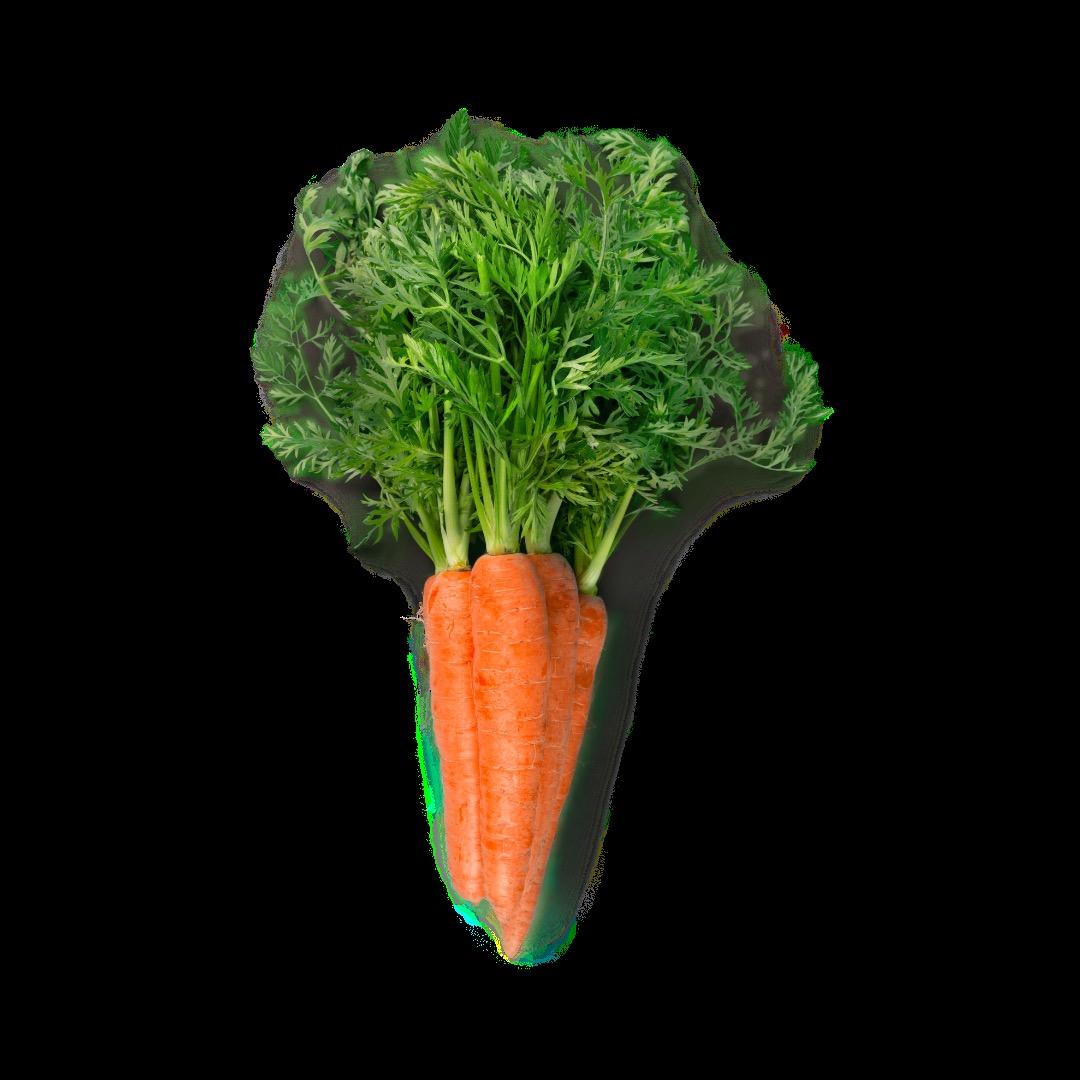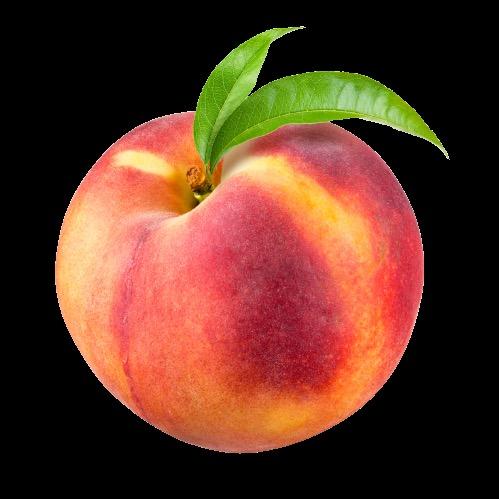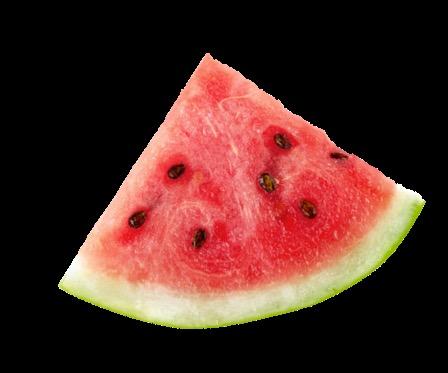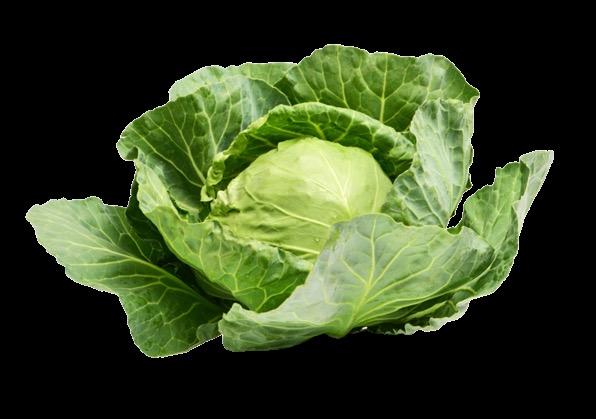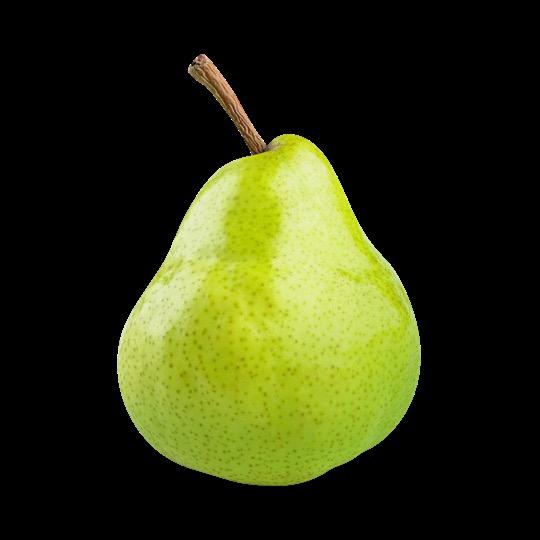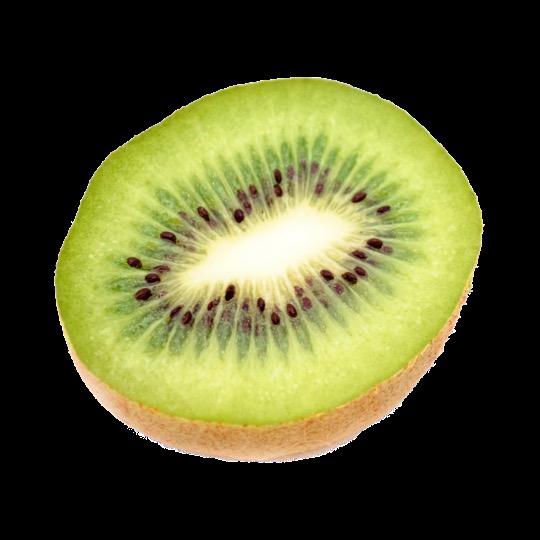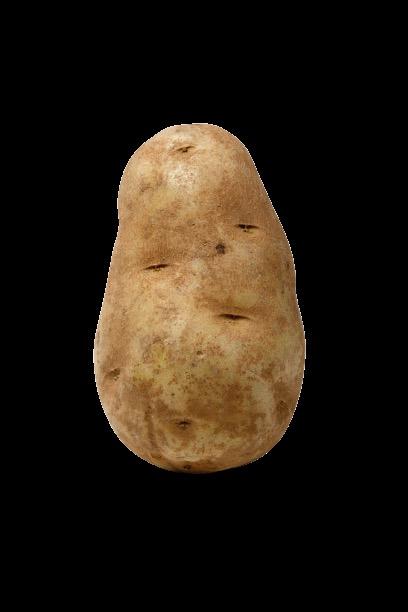2024/2025 EDITION


2024/2025 EDITION

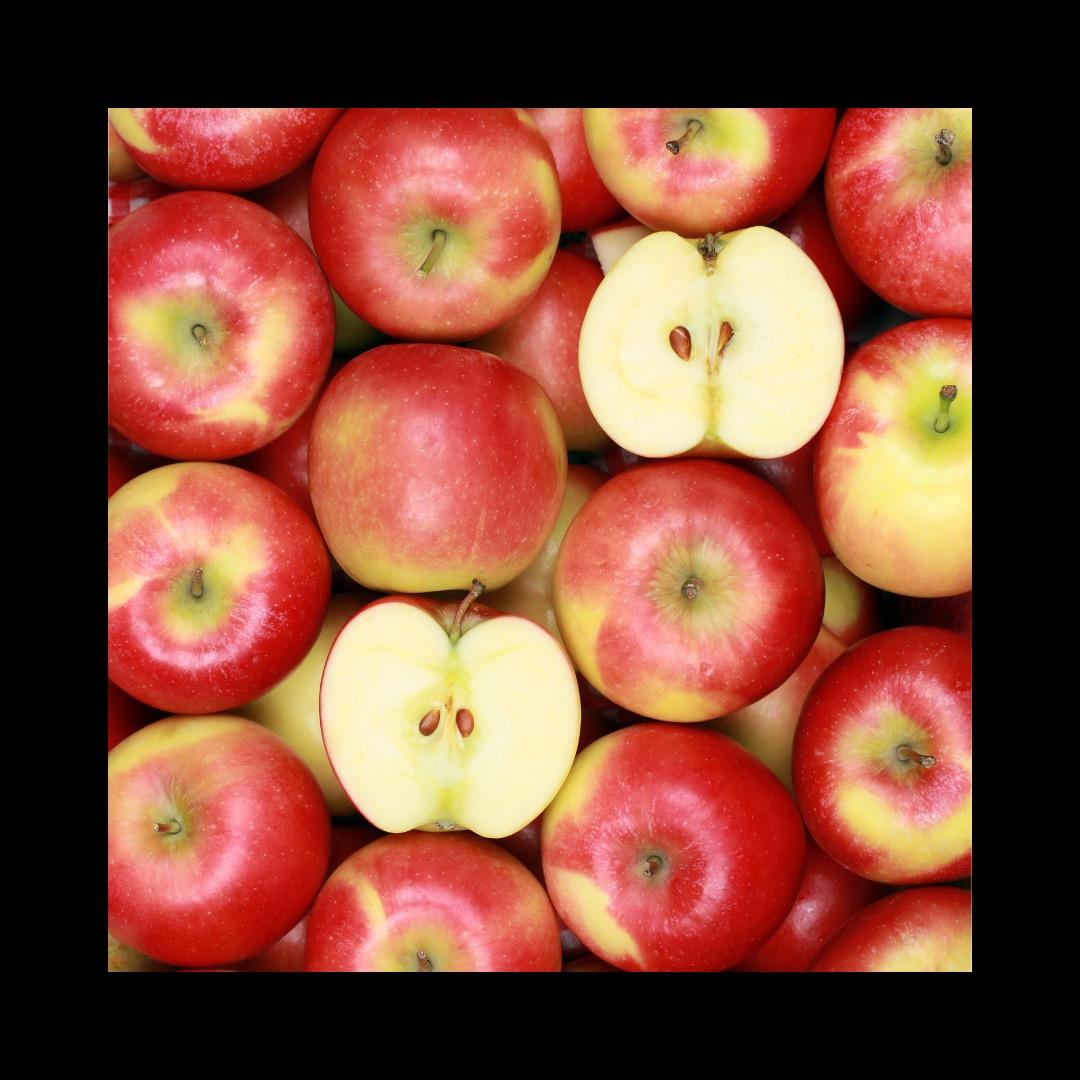
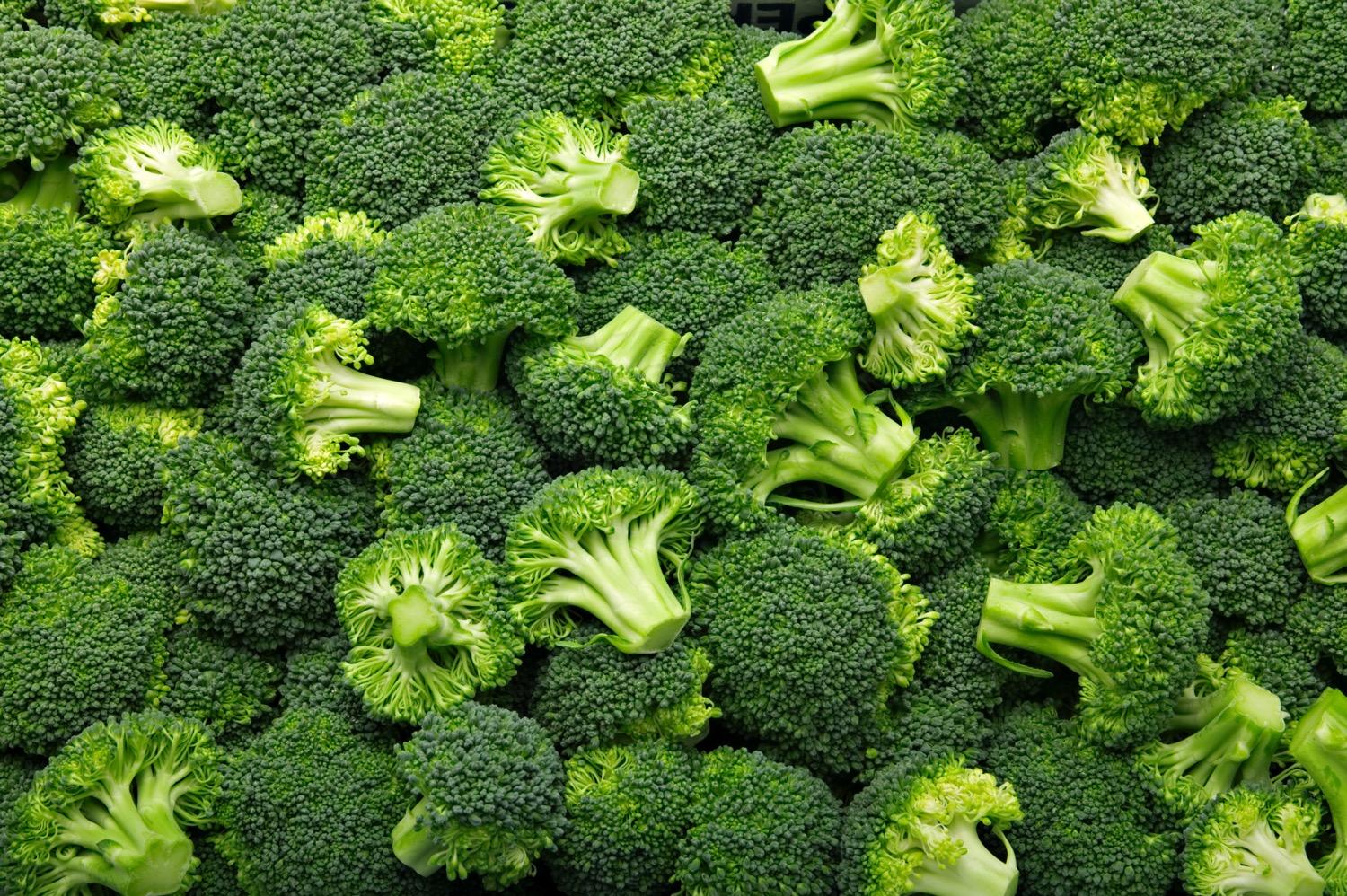
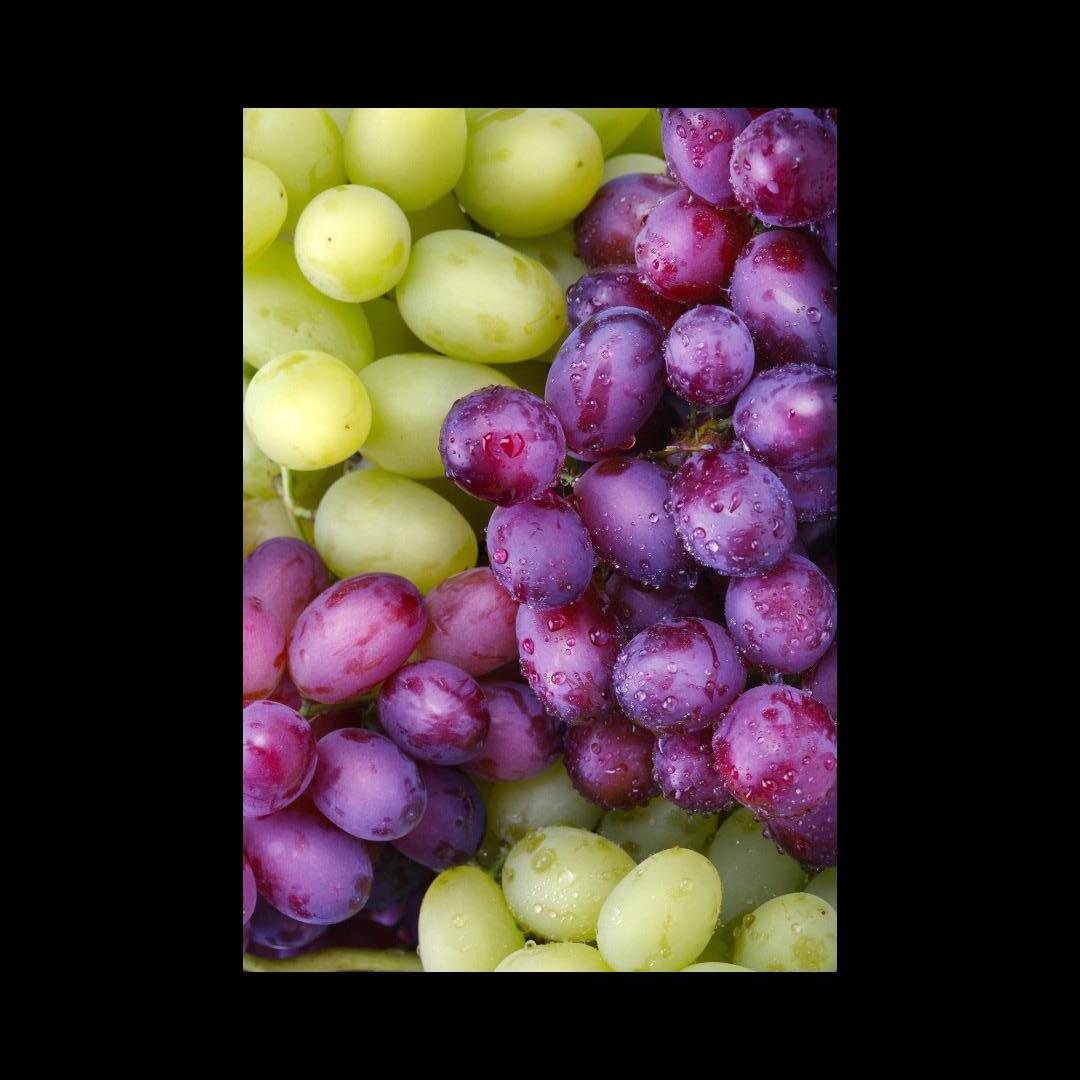
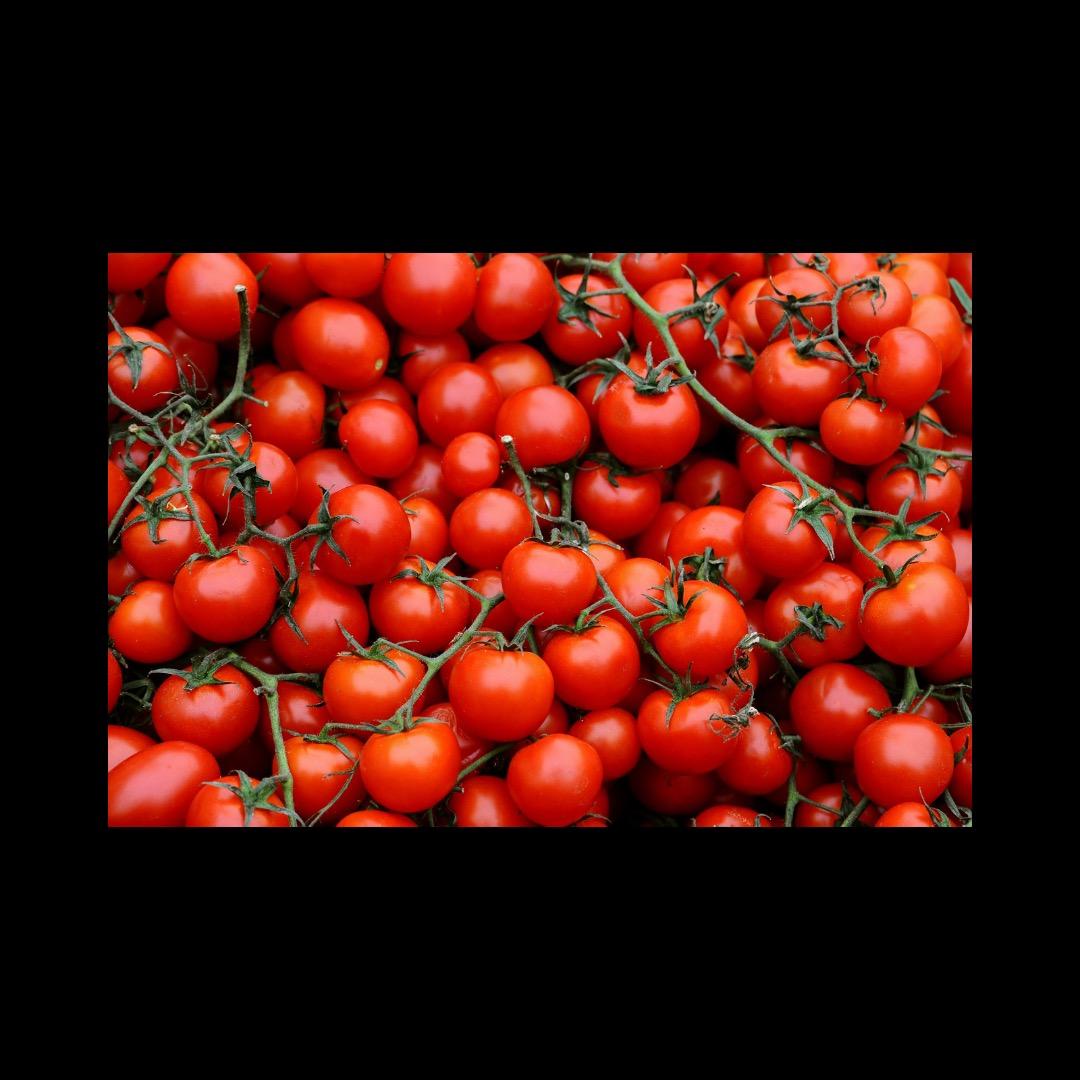
C elebratin g local food, local farmers & nutrition education!


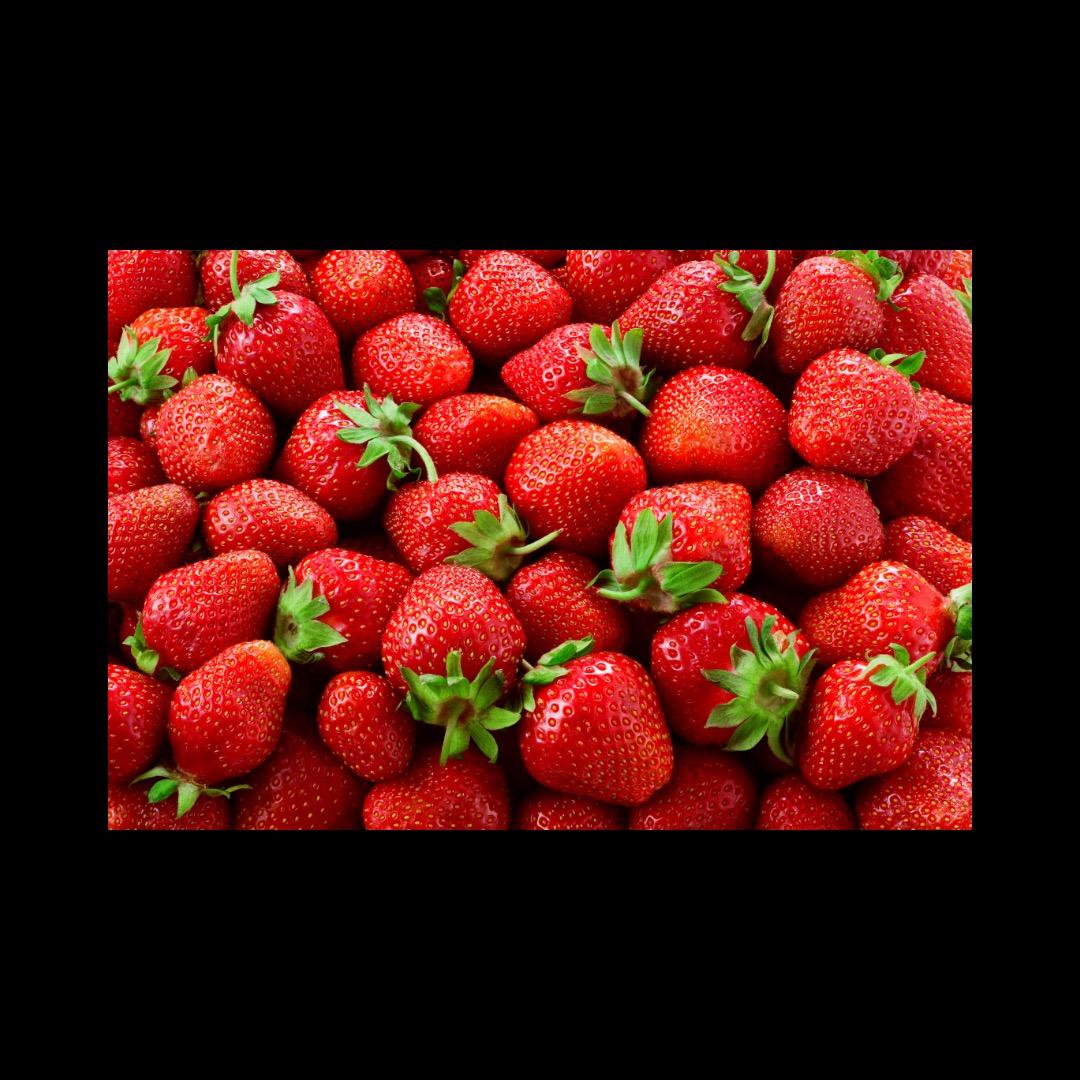

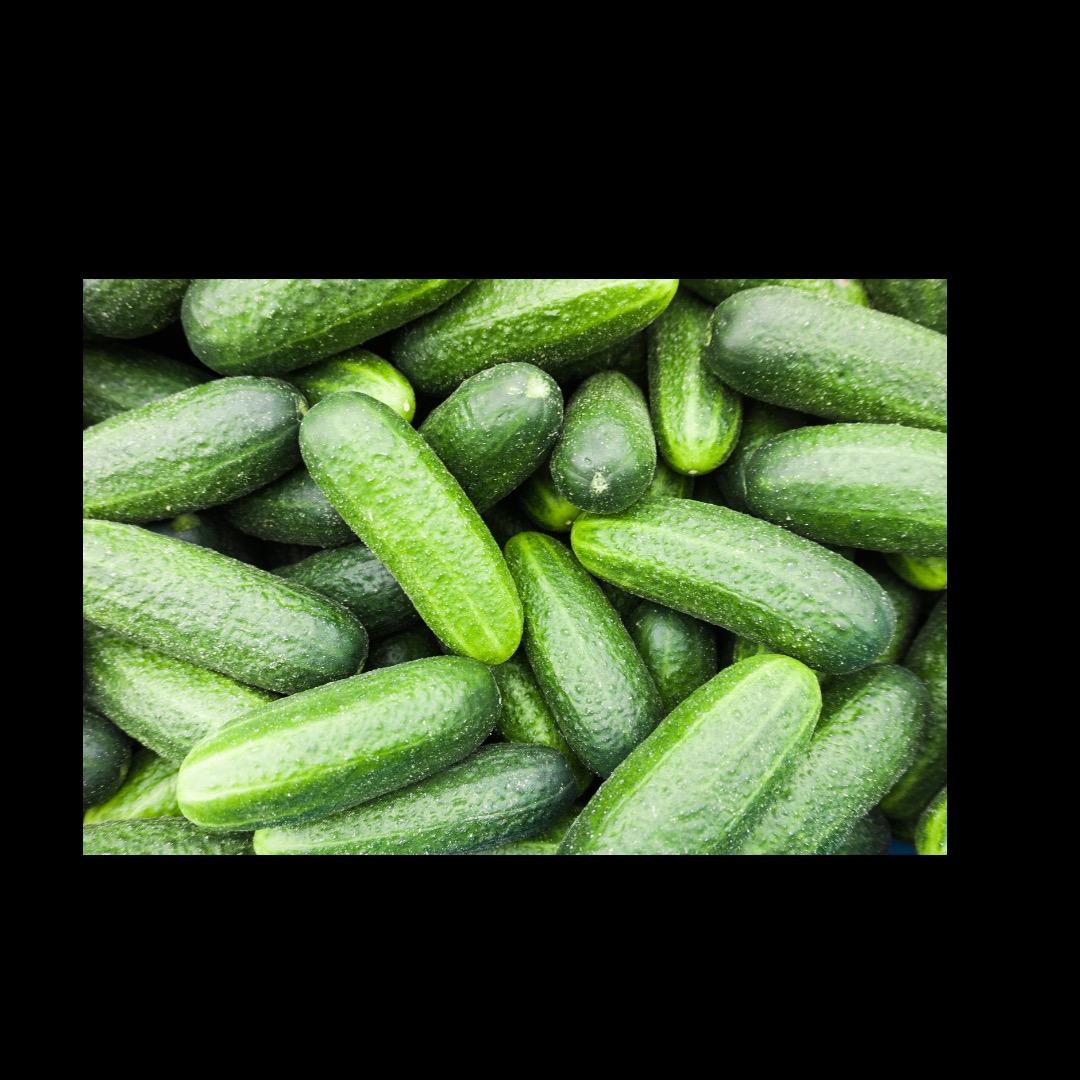
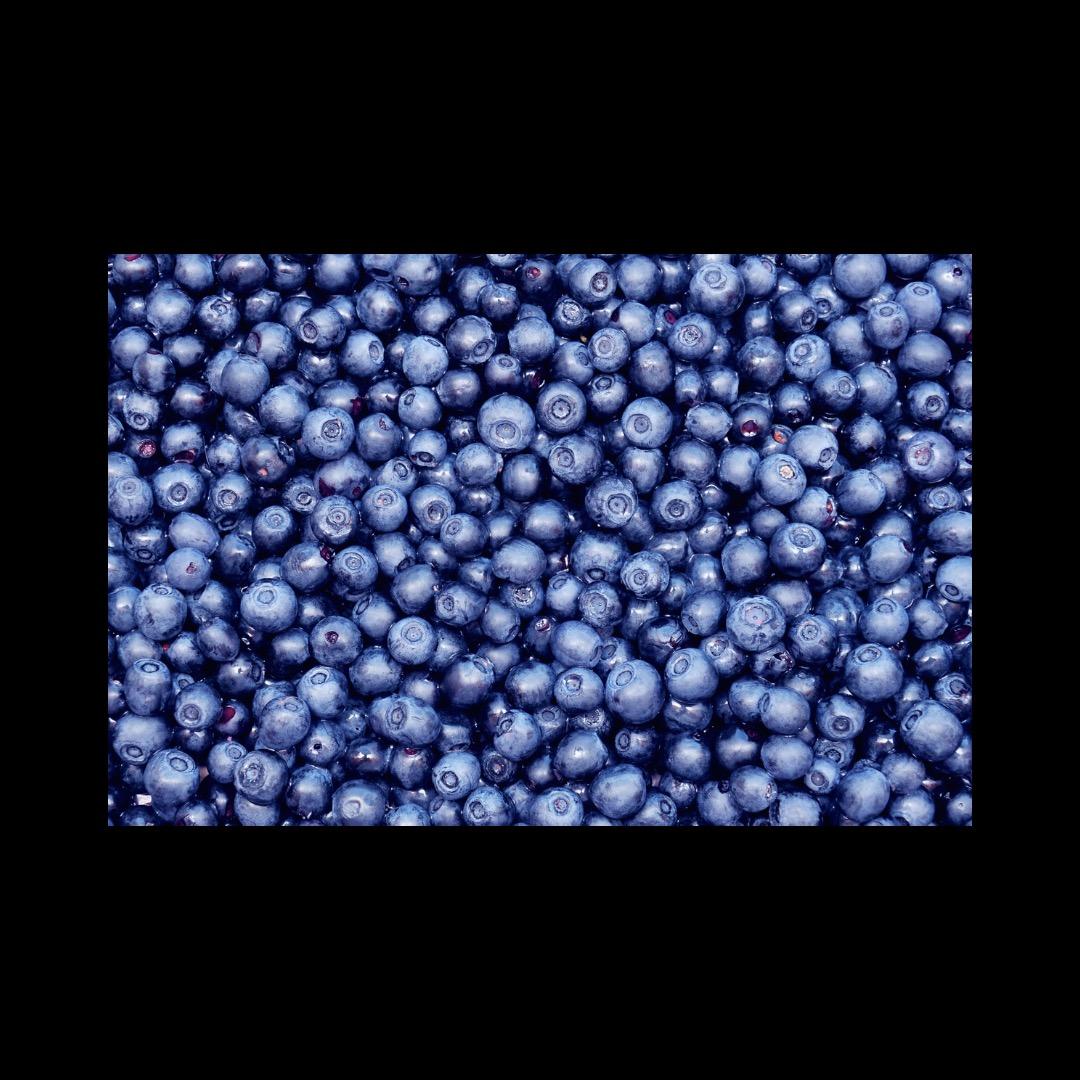
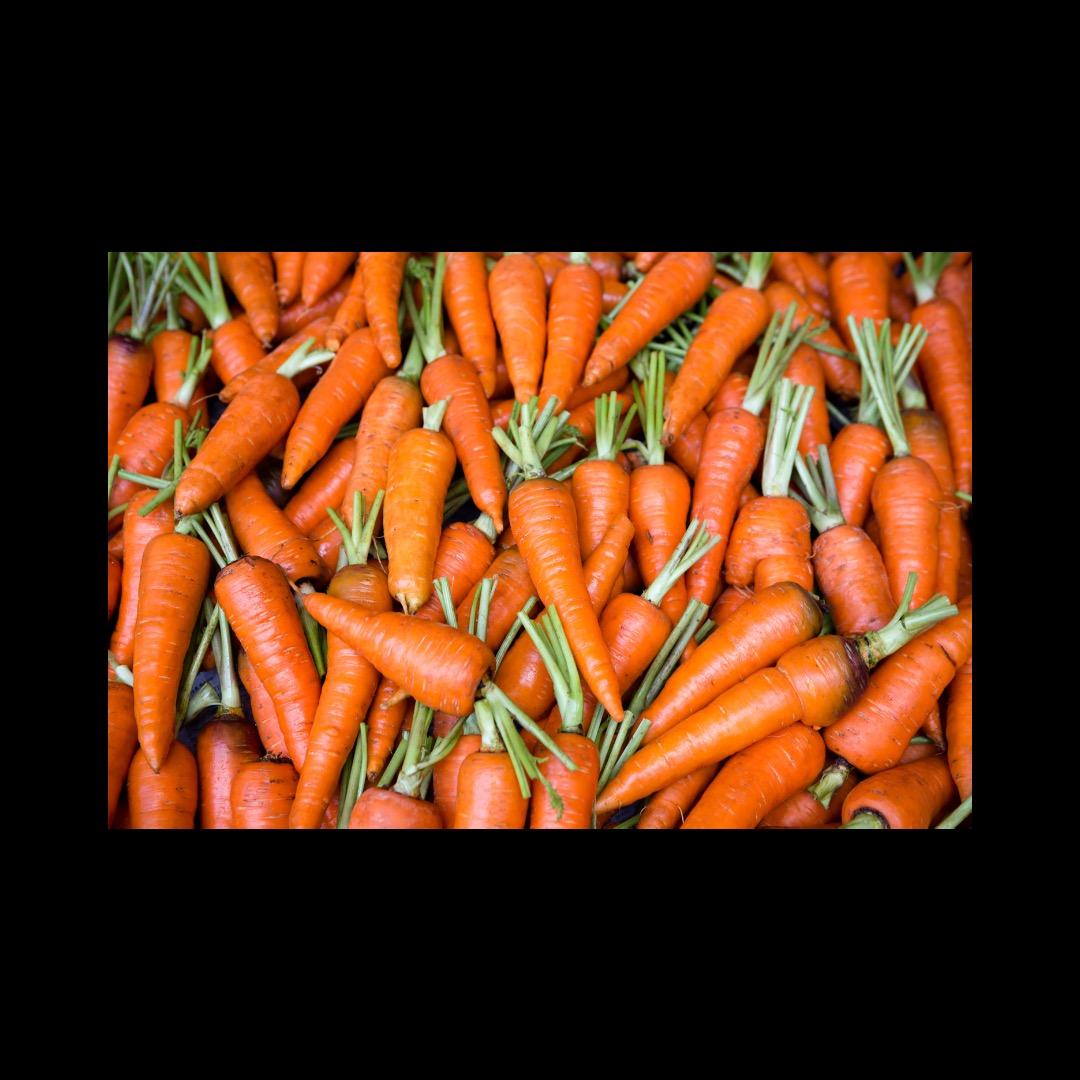
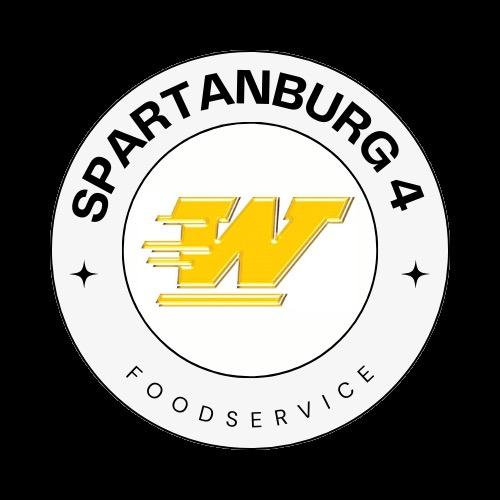

Spartanburg School District 4 Food Services department is proud to be participating in Farm To Student serving healthy foods & prompting the importance of nutrition education!
Spartanburg School District 4 Wellness Policy
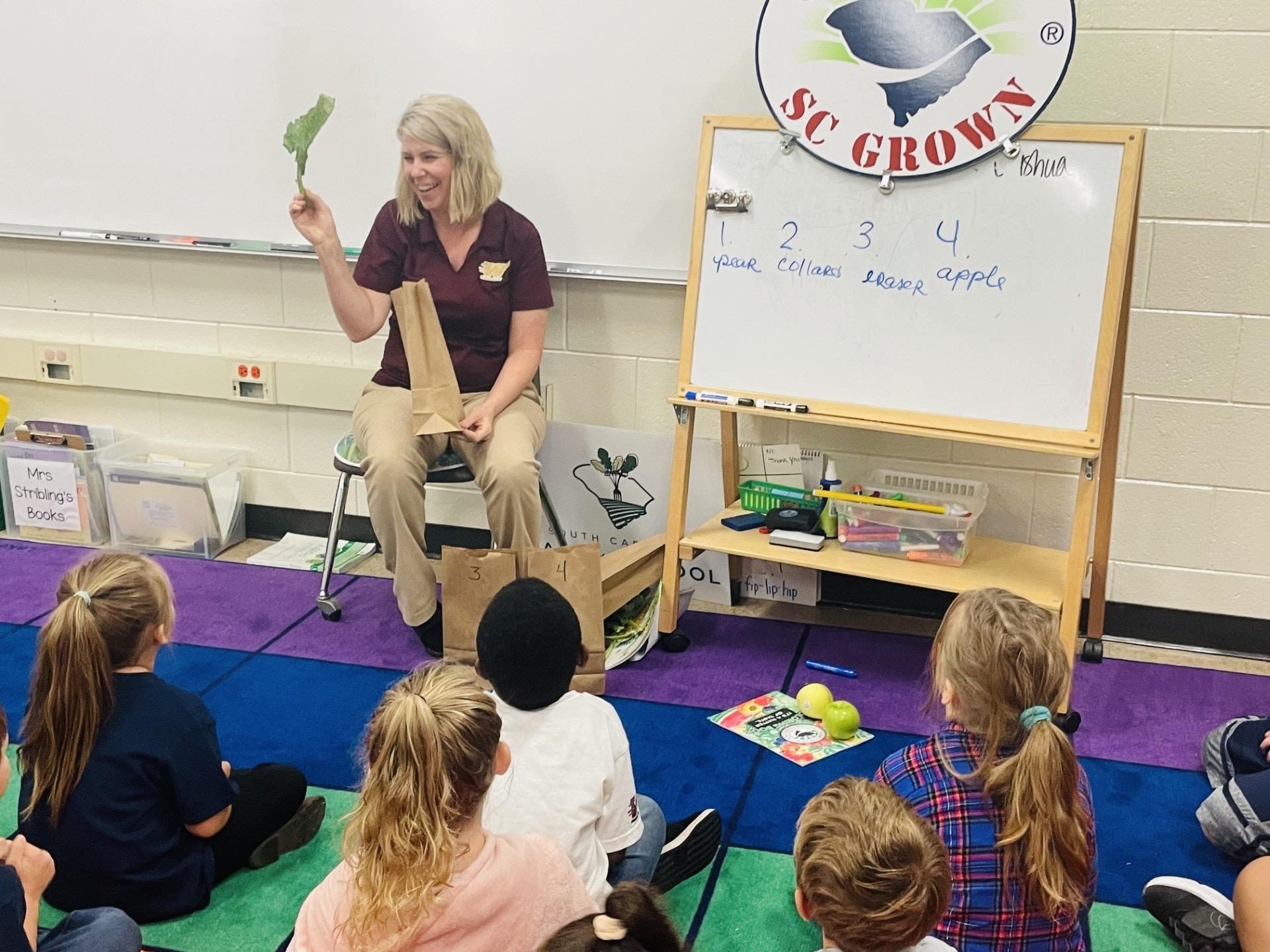

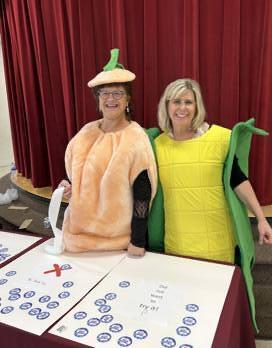
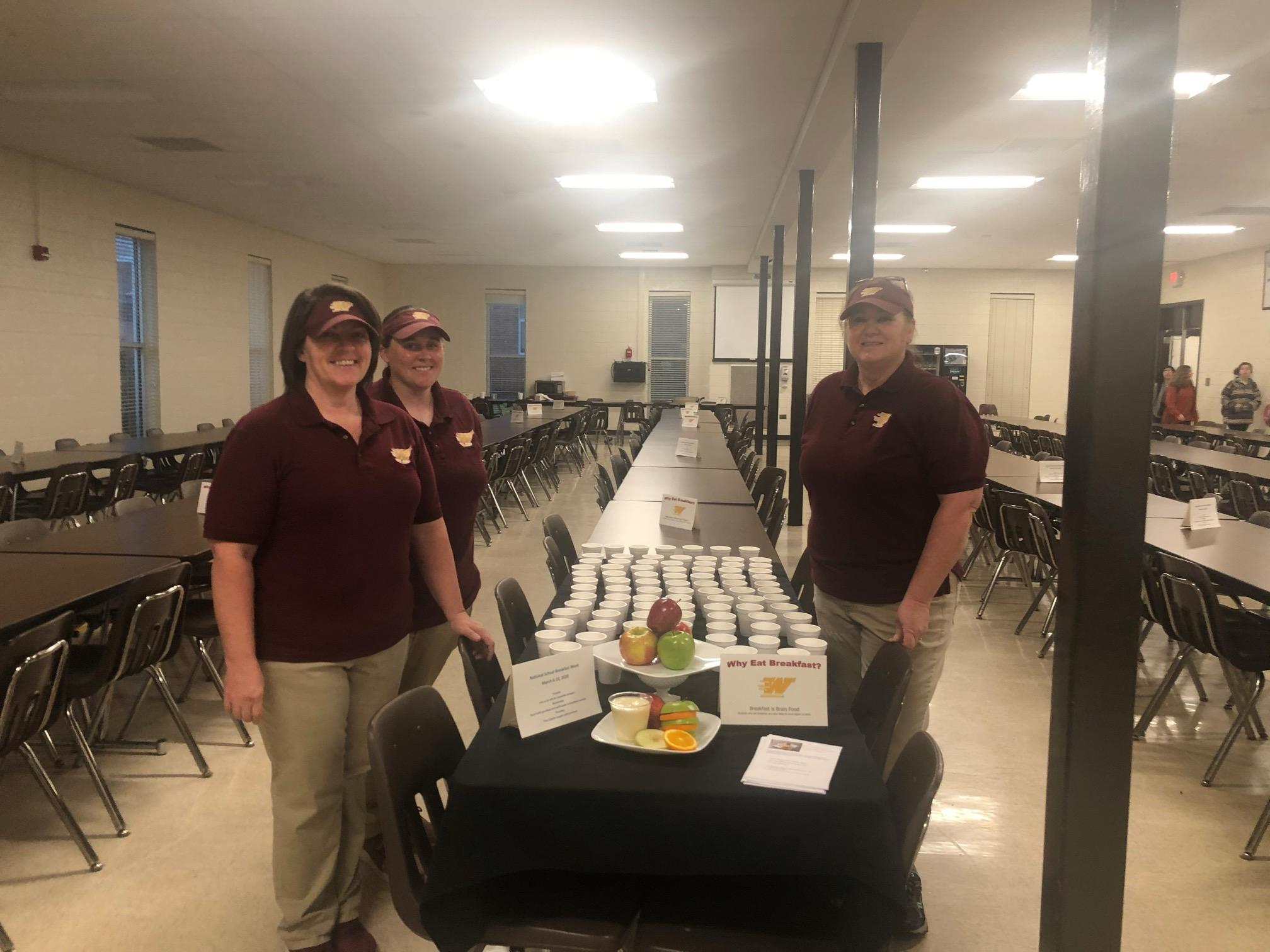

C elebratin g local food, local farmers & nutrition education!
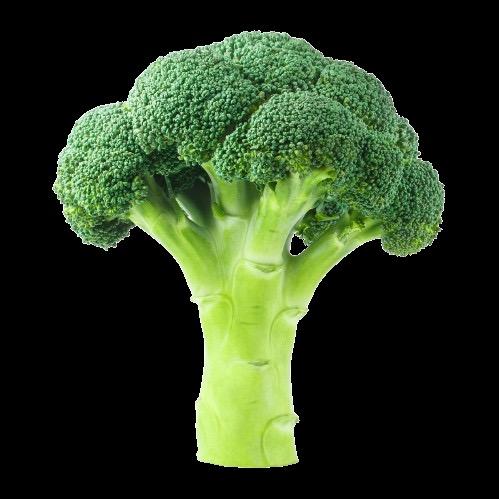
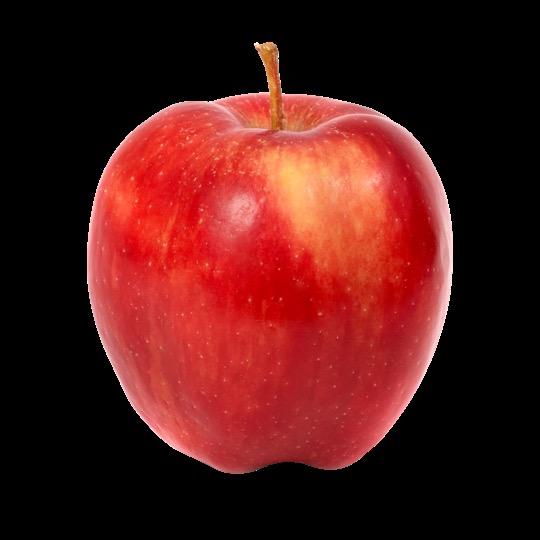

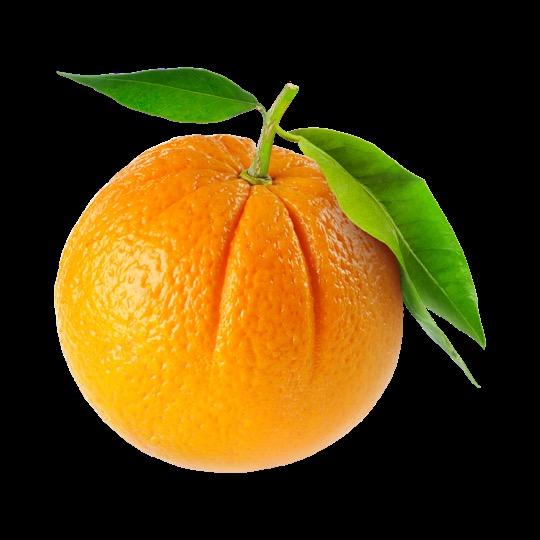


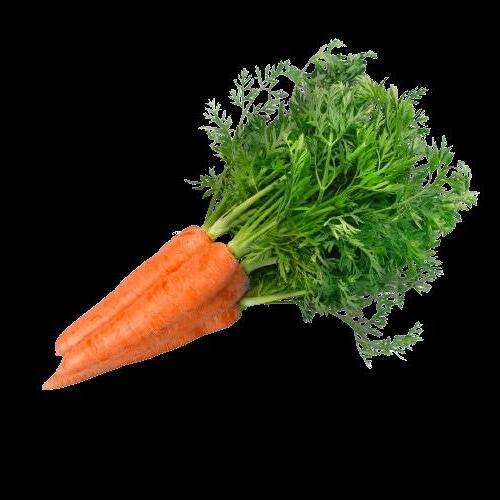

March March
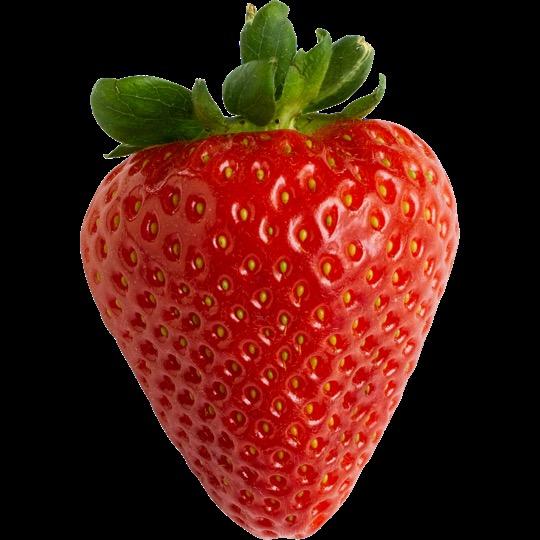
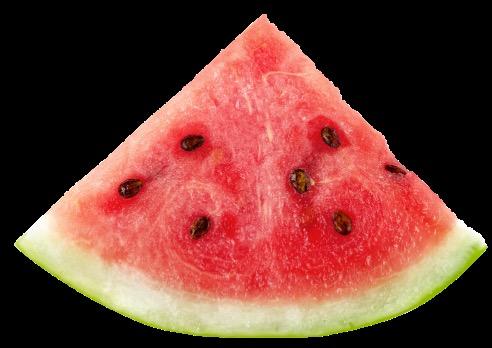

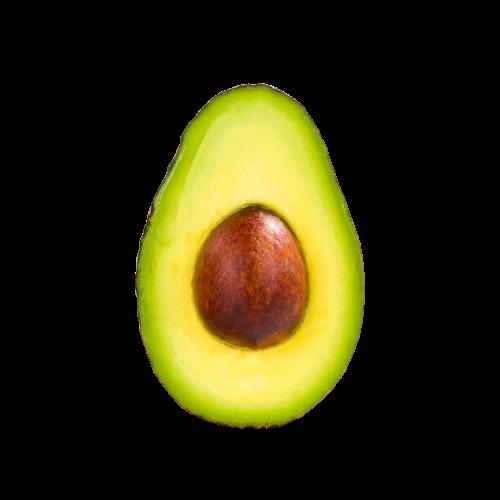


Broccoli is a related to cabbage, kale, cauliflower & others.
1. Sprouting
2. Heading

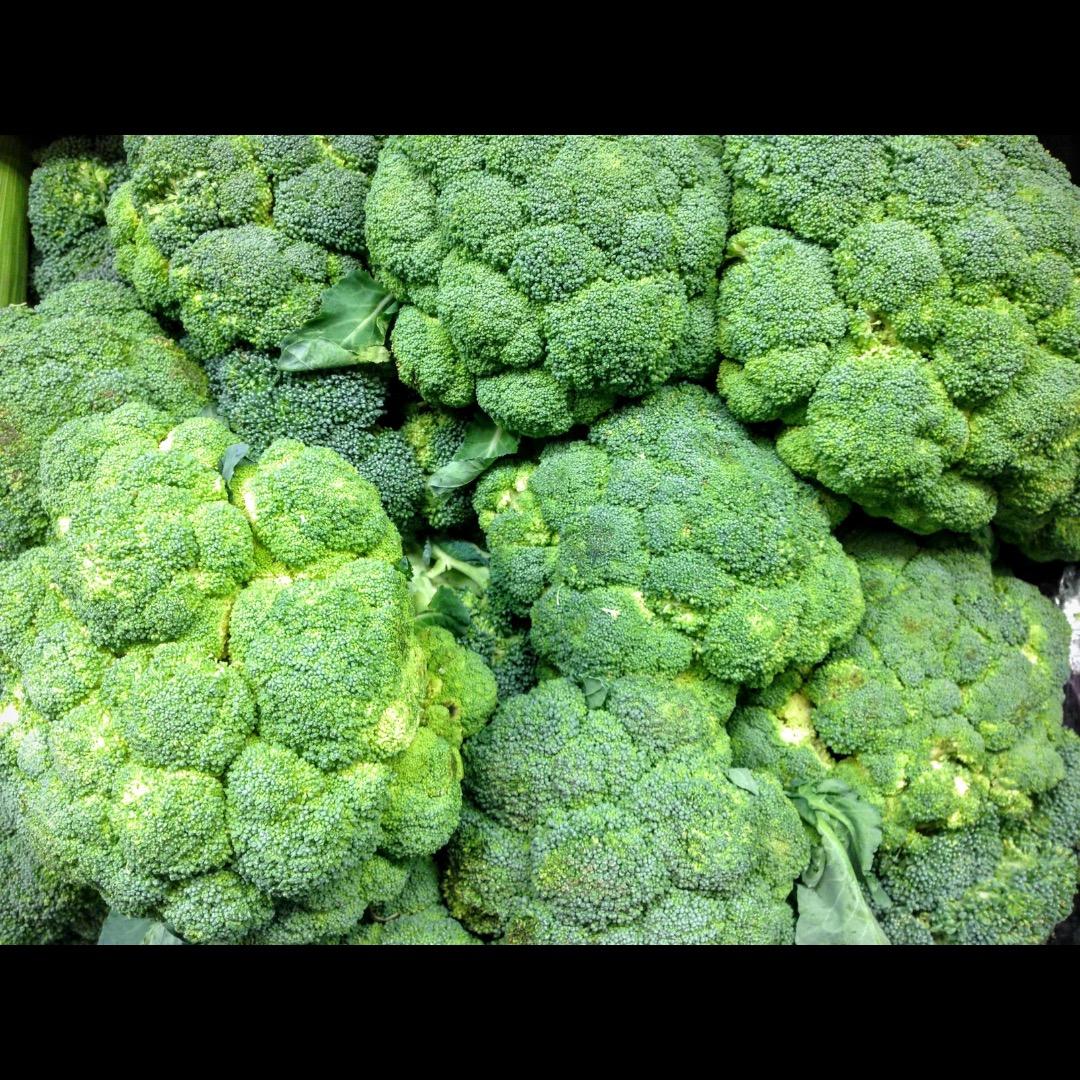

Pronounced · fr· uhs


The word broccoli means “the flowering top of a cabbage. ”
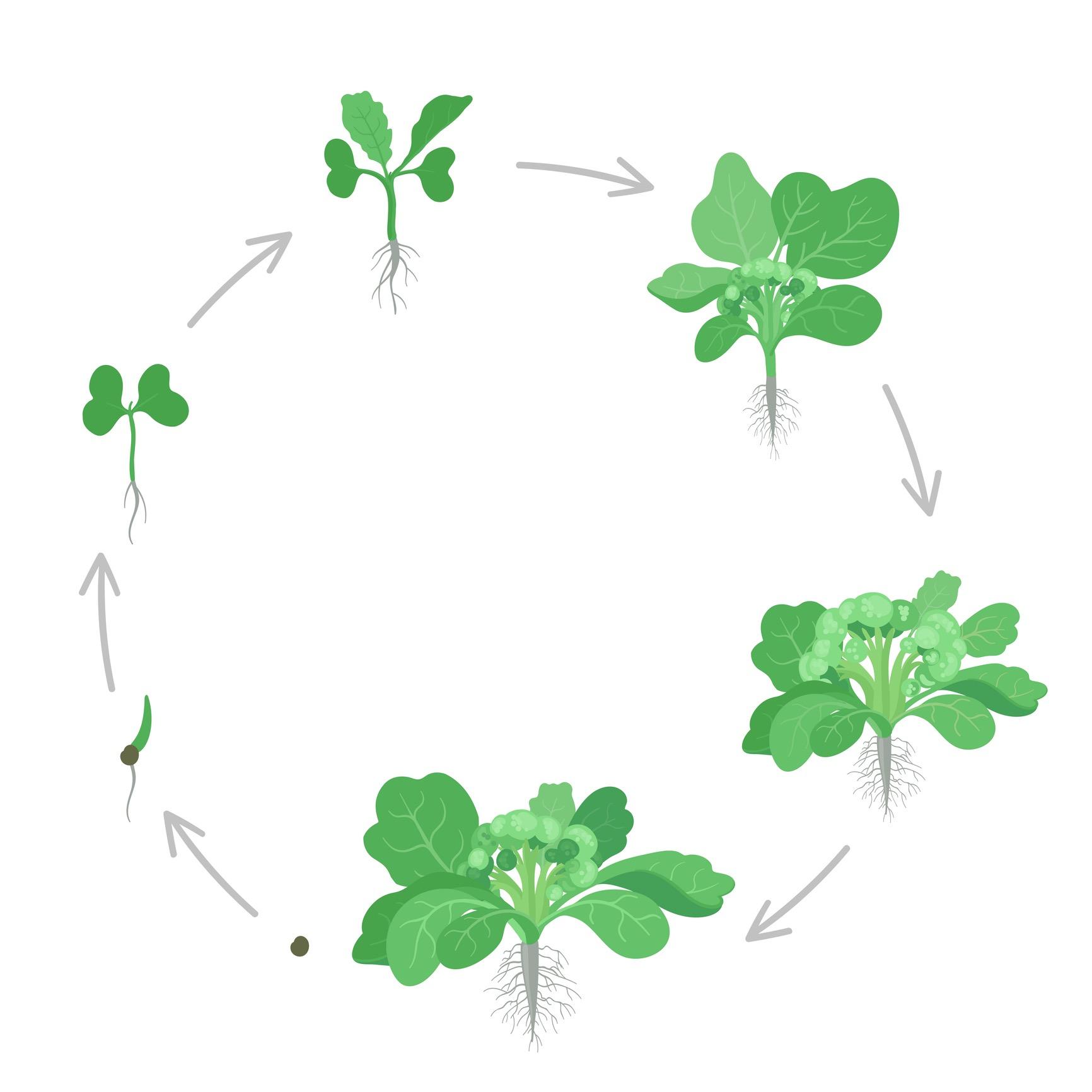

Broccoli is a part of the brassica family.

All broccoli
Broccoli grows during the
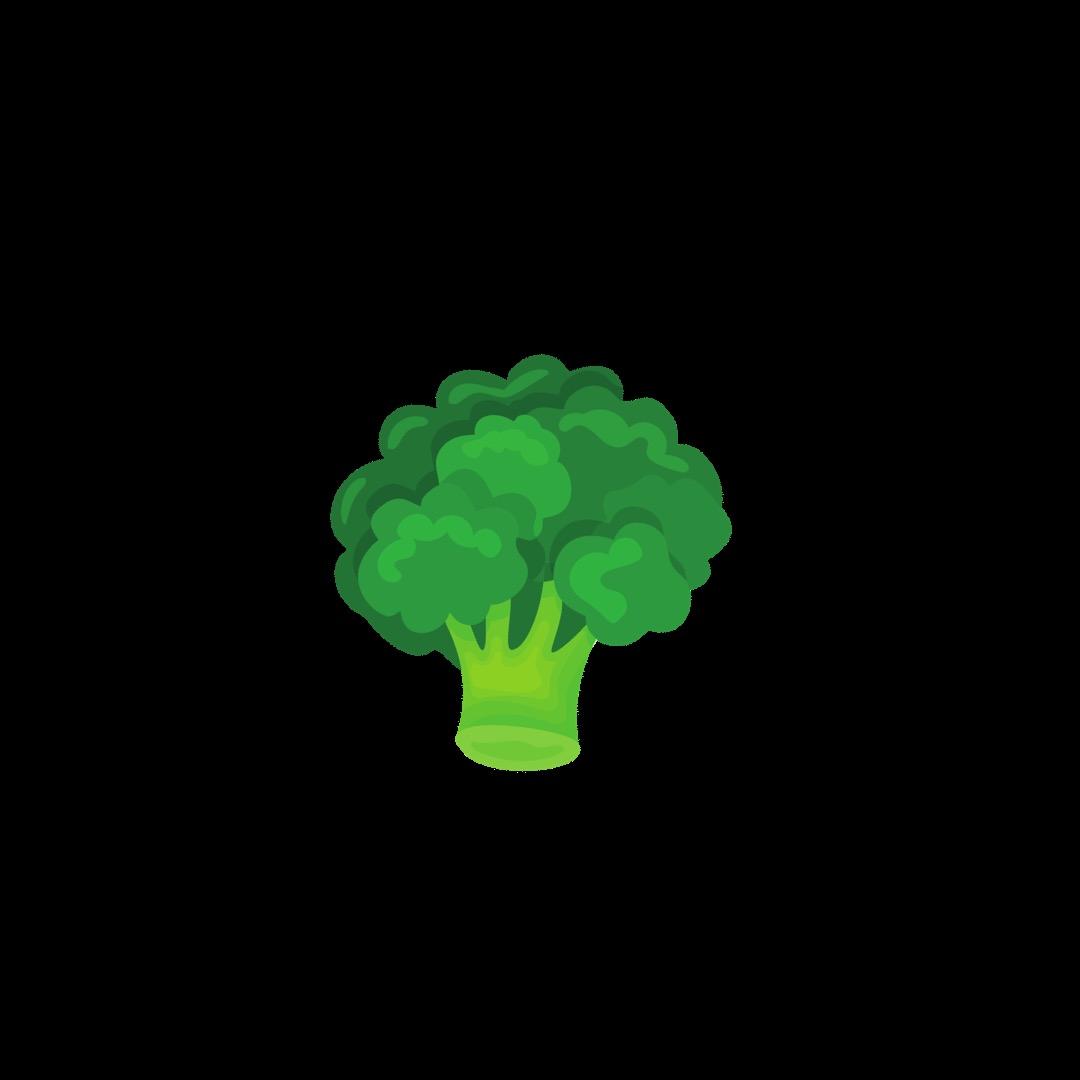


Potassium supports balancing fluid in the body & proper function of the muscles and nerves.

Once potassium enters the body, it functions as an electrolyte.
Helps to keep the body hydrated!
Electrolytes help balance the amount of water in the body.
The body is made up of approximately
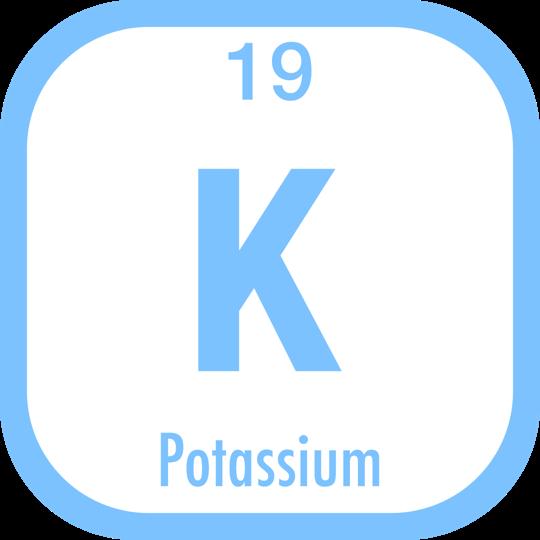

Potassium is the THIRD most abundant mineral in the body.
Potassium helps promote bone health.
Potassium helps to regulate muscle contractions.

98% of the body’s potassium is found in its cells.

Many runners eat foods high in potassium before a run to
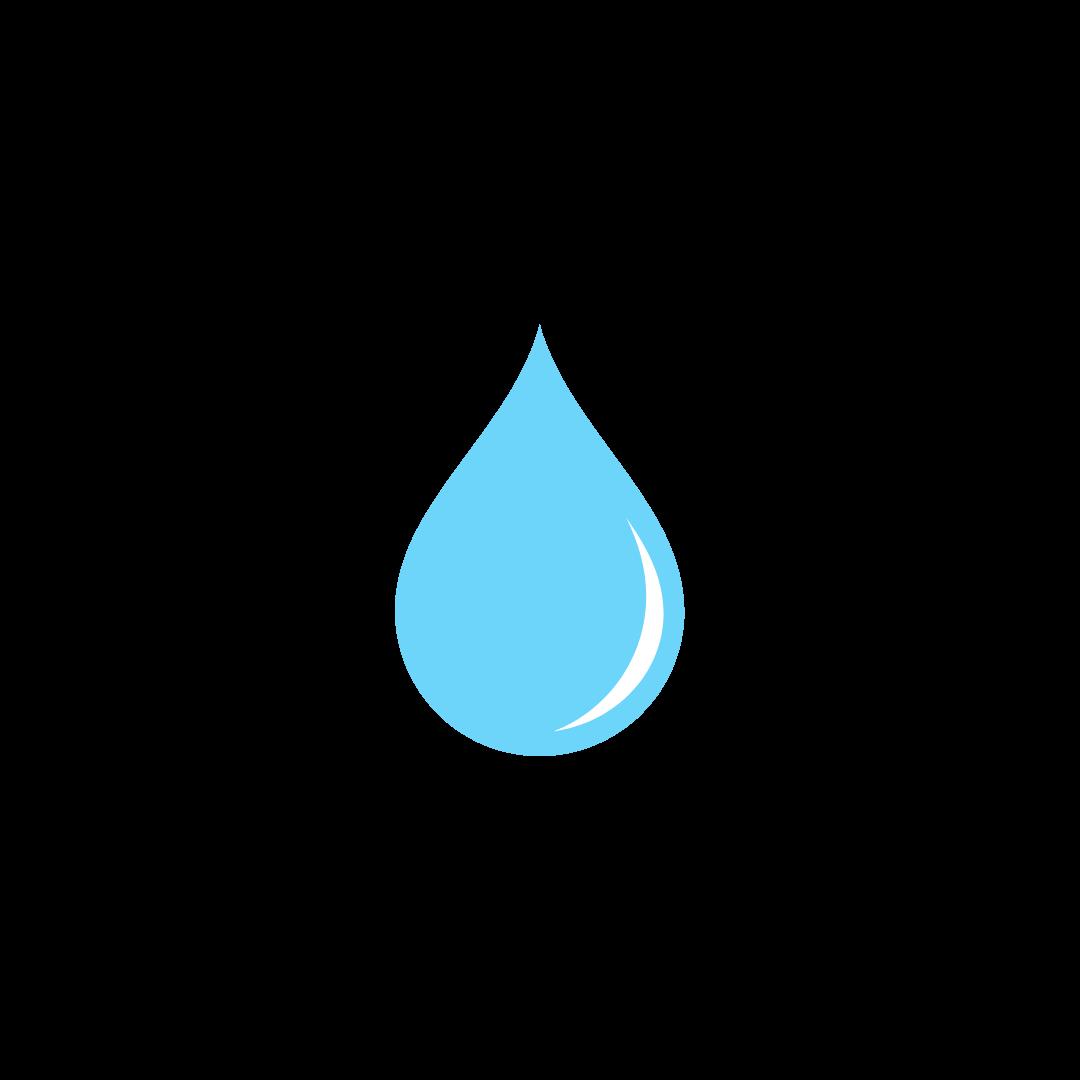



Most apples are harvested & sold fresh.
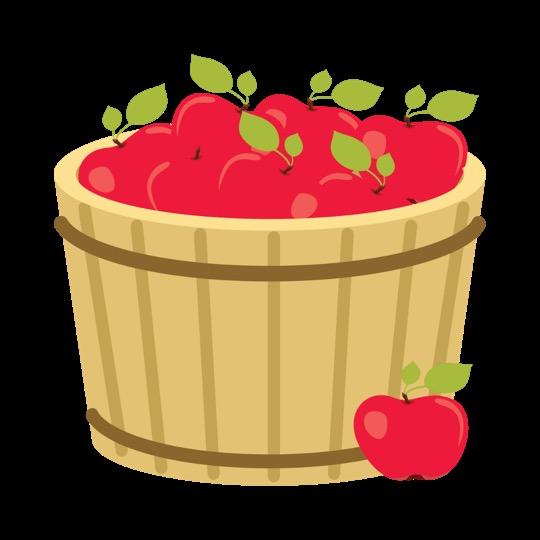
Apples are one of the most widely cultivated tree fruits. The U.S. is home to approximately 322,000 acres of apple orchards. of the Most Popular Varieties of Apples:
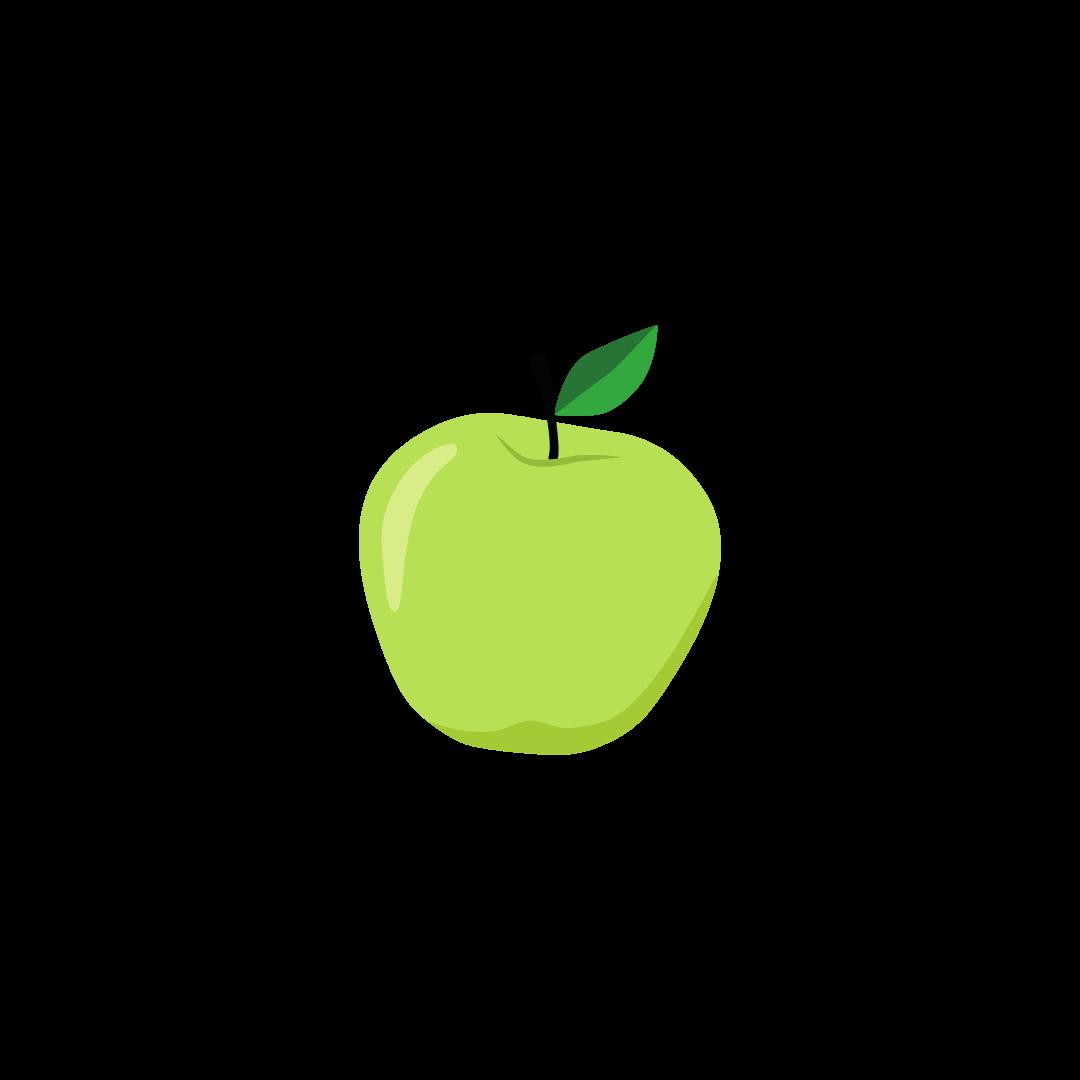
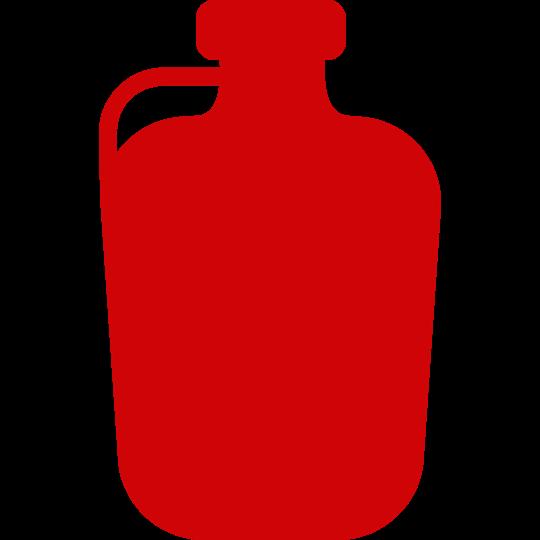
apples make 1 gallon of cider.


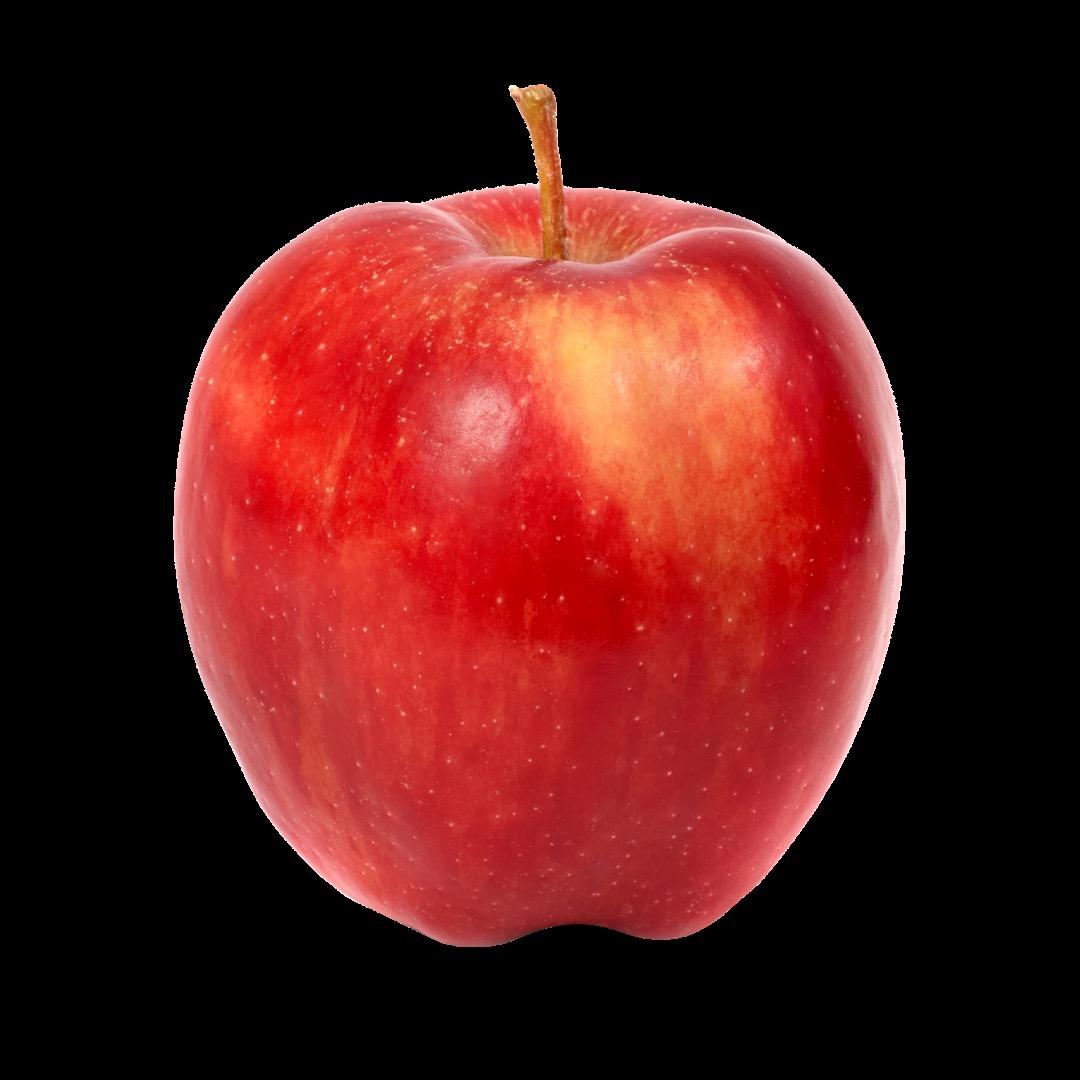
varieties of apples are grown in the U.S.
2,500+ 21% of apples are juiced.
An apple blossom is the flower that comes from an apple tree.
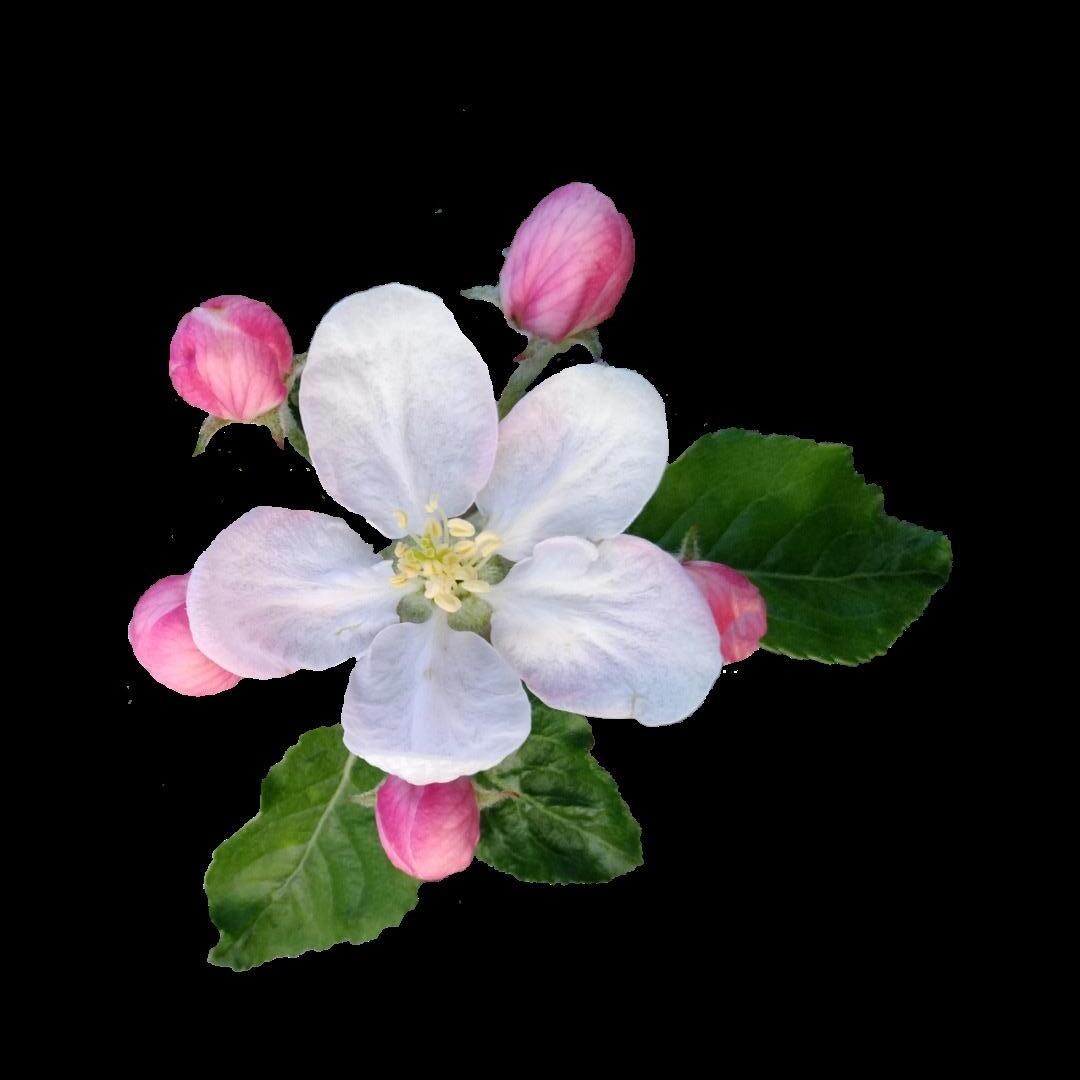
An apple tree takes at least 4 years to start producing fruit.






Vitamin C supports the immune systemthe body’s defense against infections.

Vitamin C is also referred to as “ascorbic acid.”

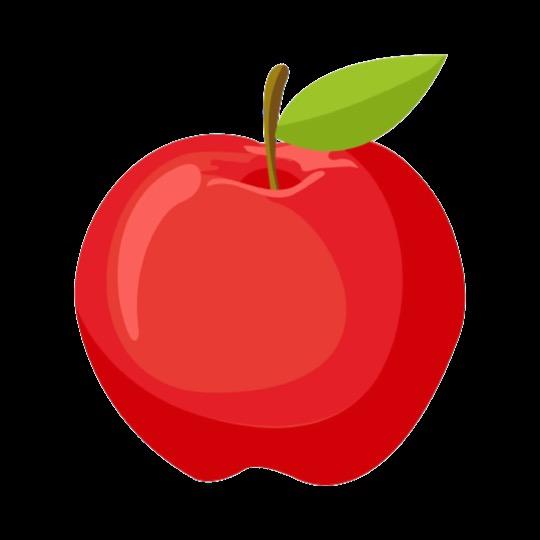

Vitamin C is an antioxidant. Antioxidants help protect against damage caused by exposure to harmful substances in the environment.
The body cannot make vitamin C on its own - it has to come from food.
Vitamin C helps keep you happy & healthy! What do you call a vitamin that improves your eyesight?
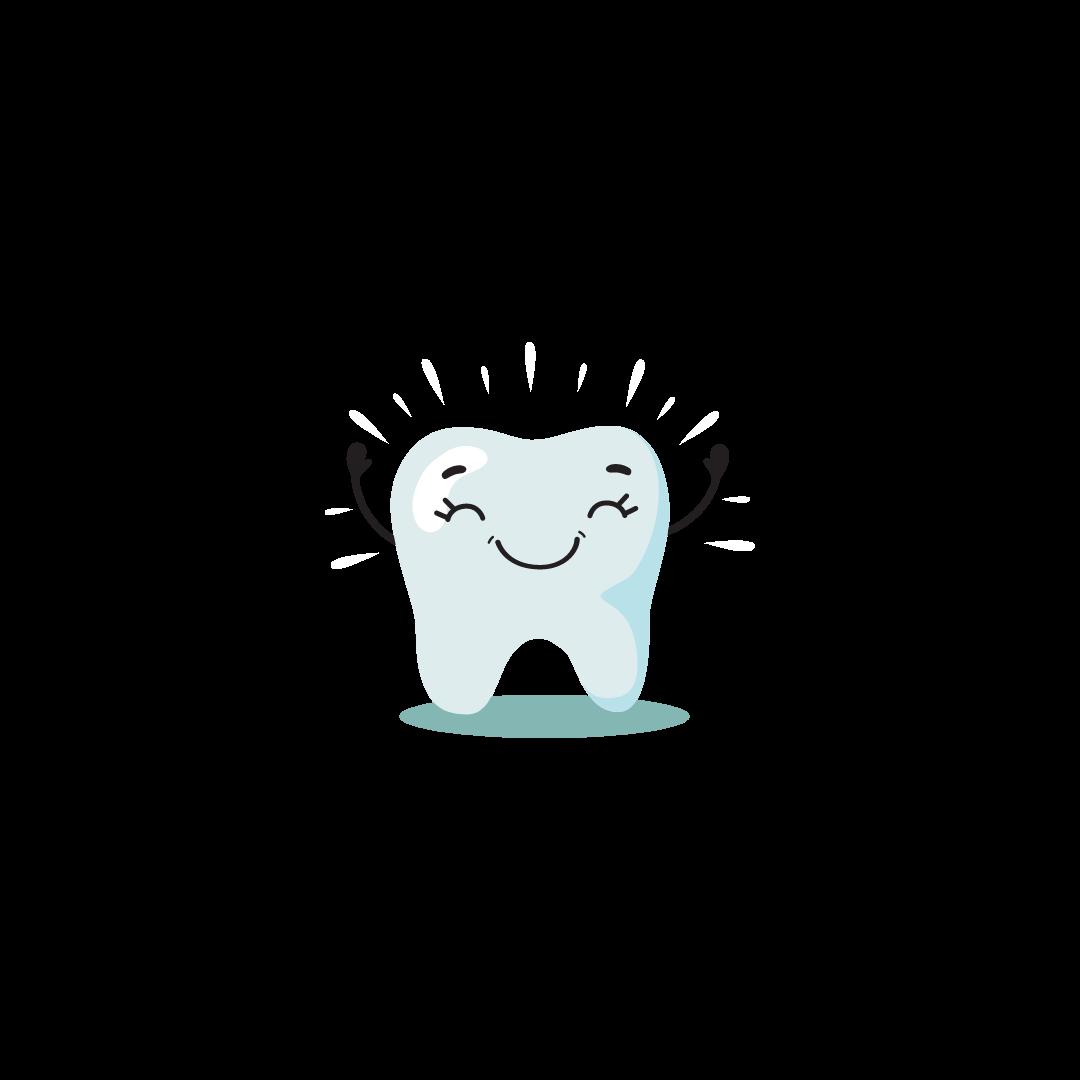
Vitamin C!

Vitamin C is a very important vitamin for healthy gums & teeth.
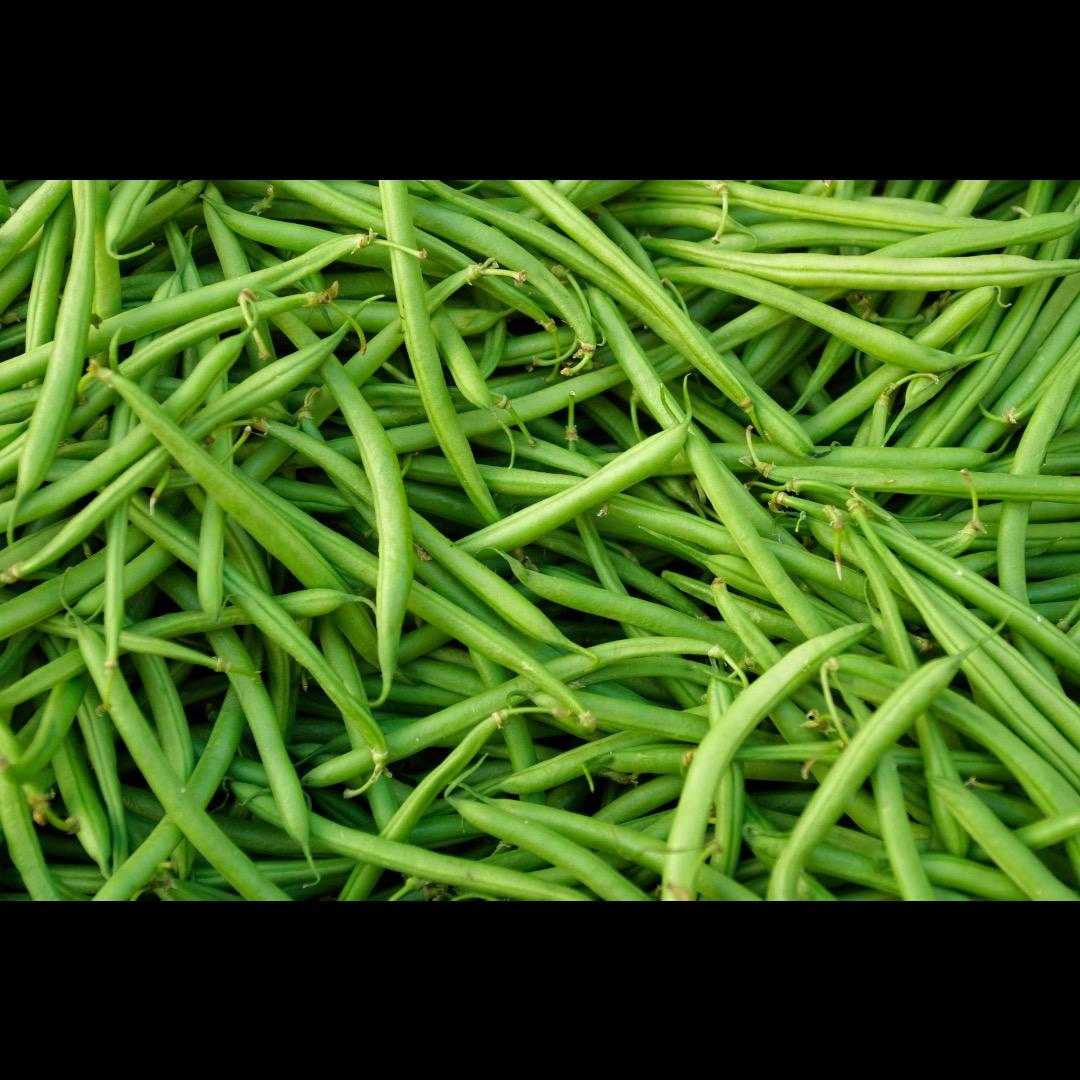


Green beans are kidney beans that are harvested at a young age.

Green beans taste best when they are thinner than a pencil.
Green beans are a mild flavored veggie.
Green beans are the 3rd most homegrown vegetable.
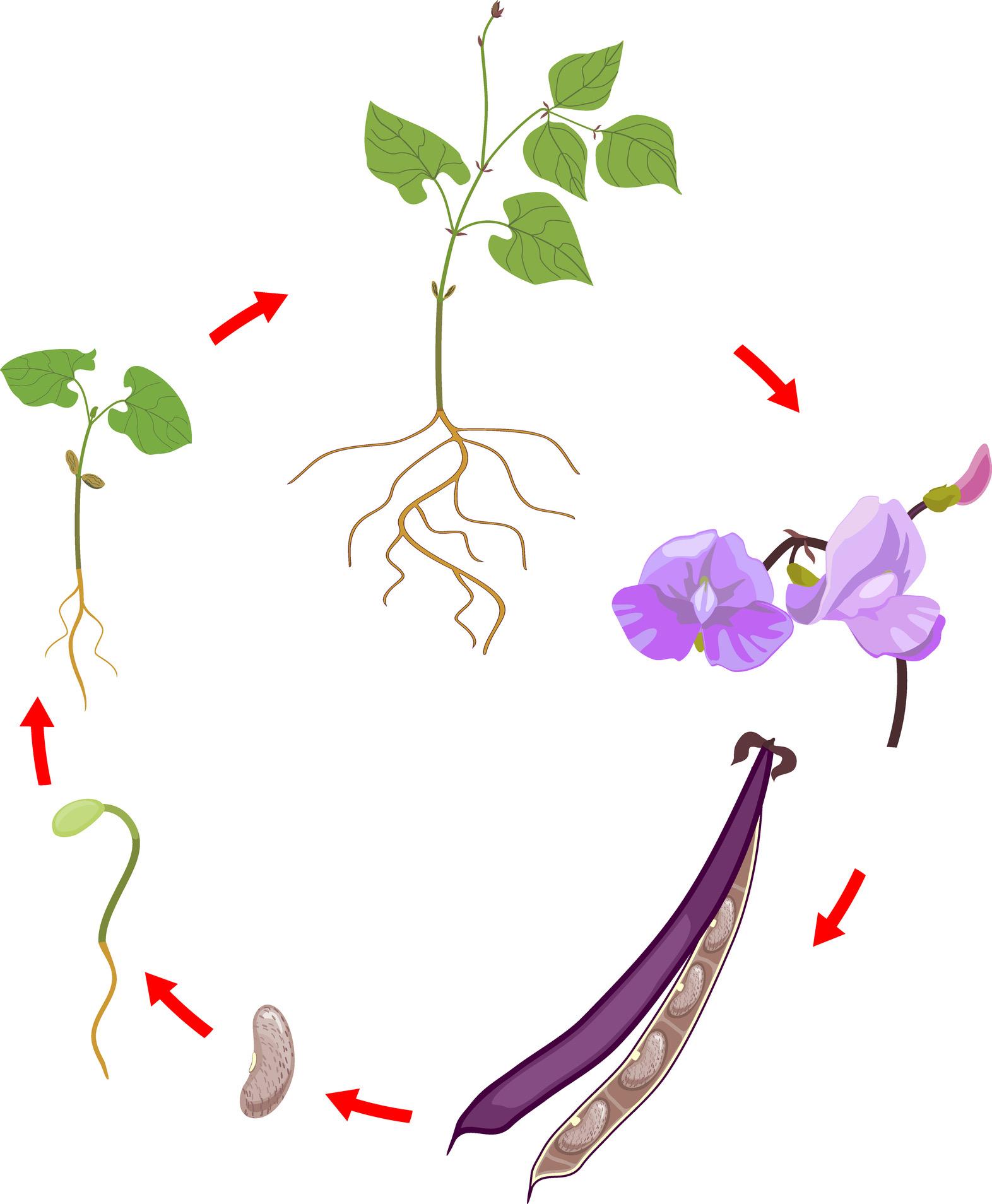
String beans can be green, yellow or purple!
Bush & pole are the 2 main types of green beans.
130+ varieties of green beans.

Green beans are also known as string or snap beans.
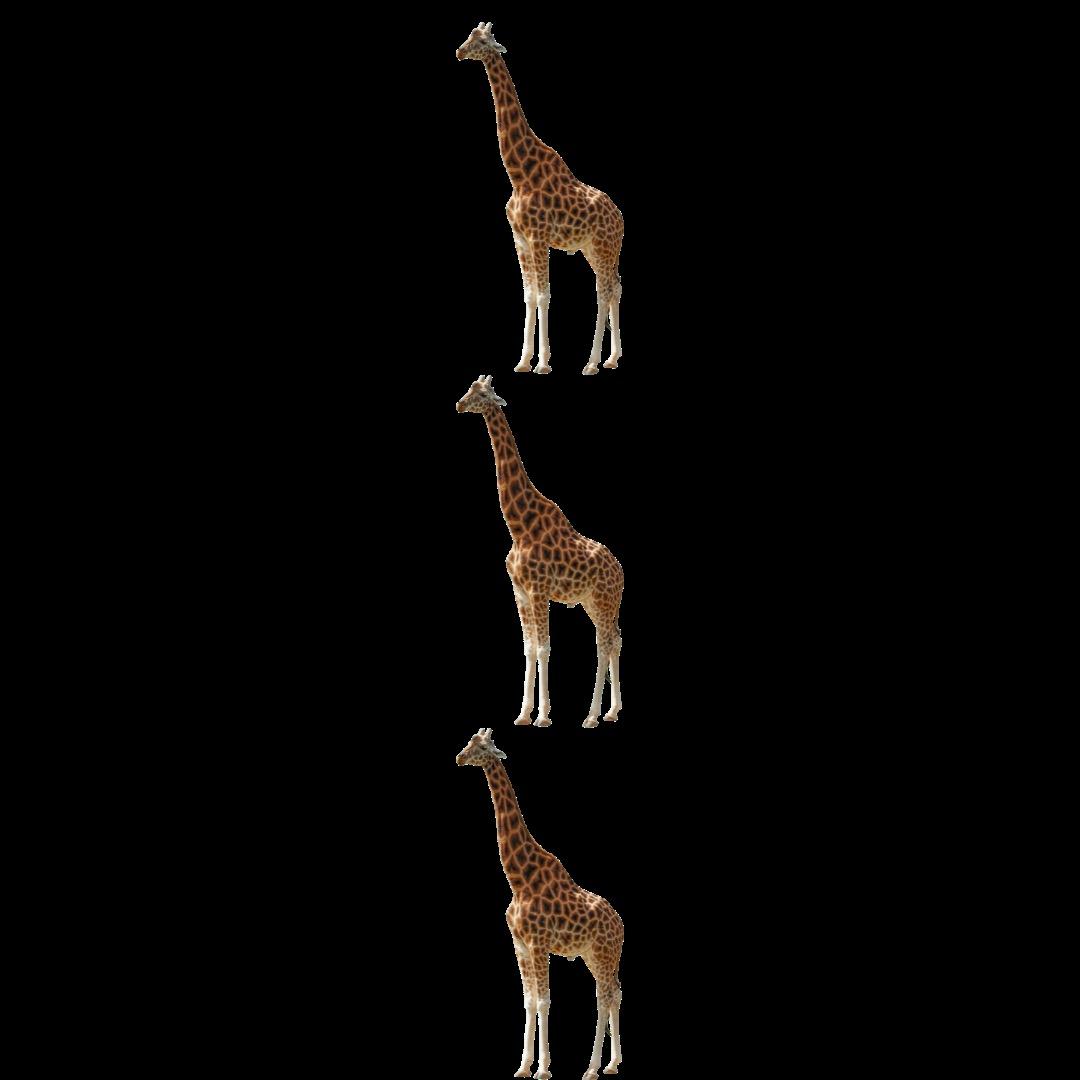



Calcium supports healthy bones as well as proper blood

Calcium is the 5th most abundant chemical element in the Earth’s crust.
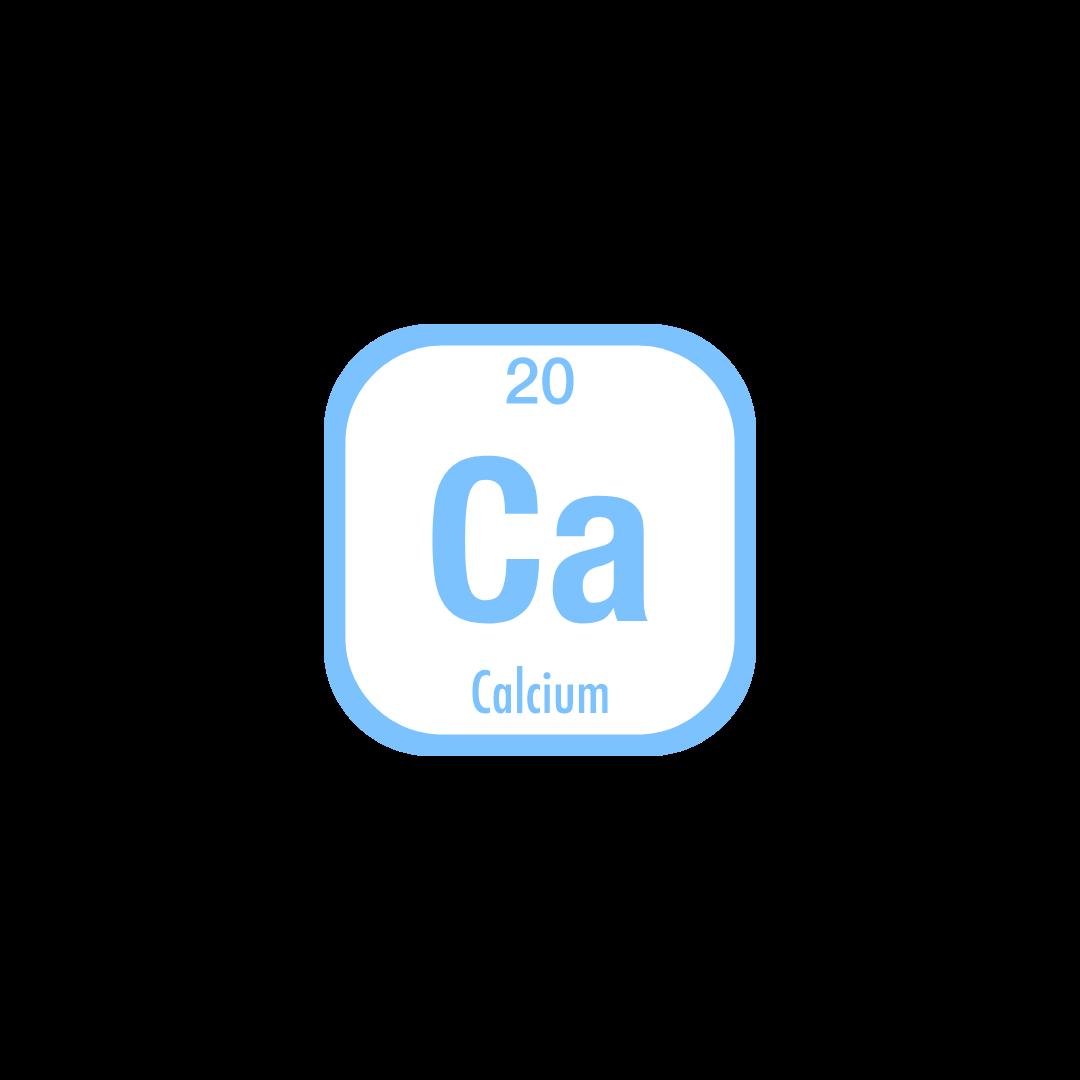



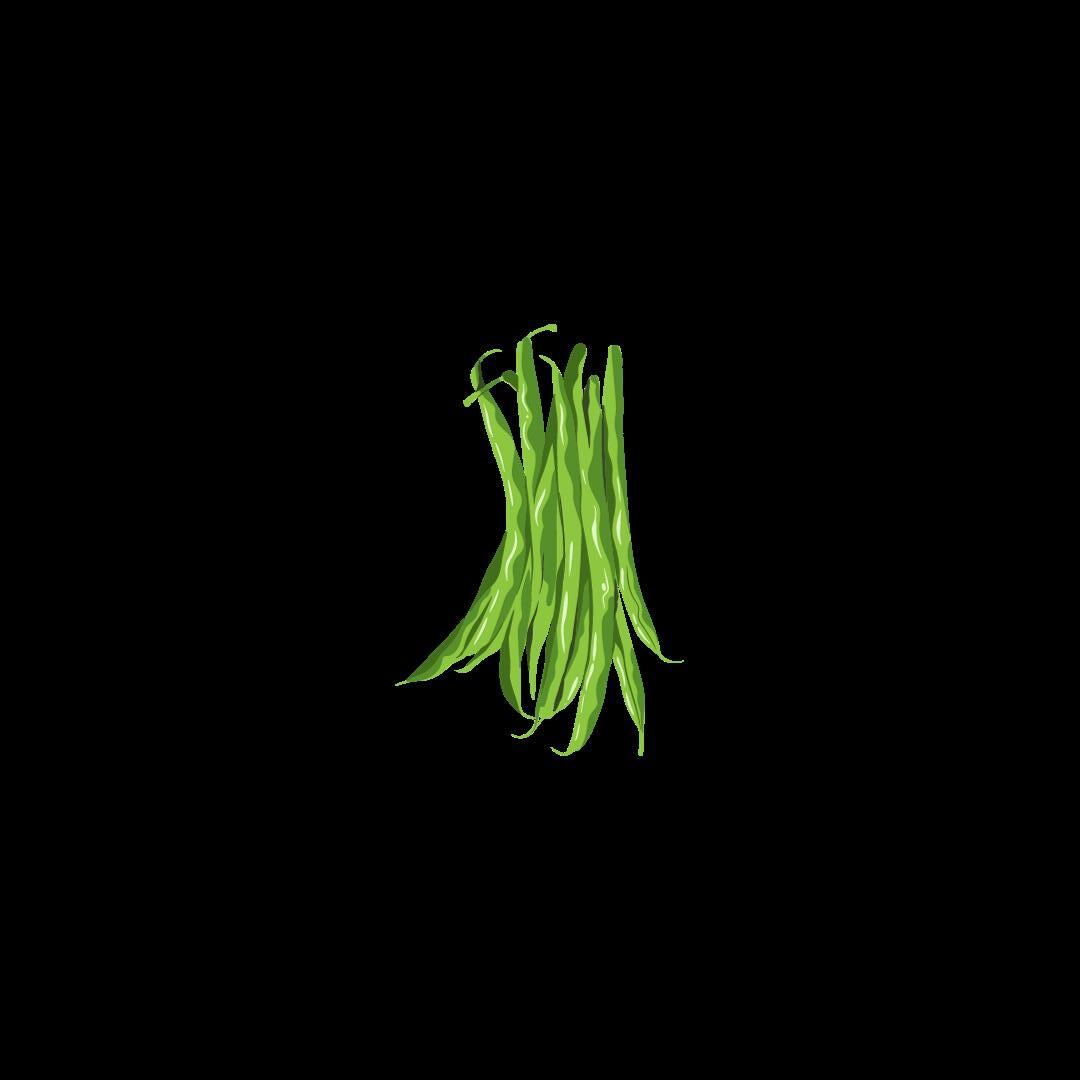

99% of the body’s calcium is stored in the bones blood, muscles & other tissues. Calcium helps to heal cuts & wounds.

Calcium helps form bones and teeth and keep them healthy. heart health.
Calcium is the MOST abundant mineral in the human body.



Oranges are a type of them grown in the U.S. from
Popular Types of Oranges:
1. Navel
2. Hamlin
3. Valencia
600+ varieties of oranges.
Orange season is 9 months long… October - June!
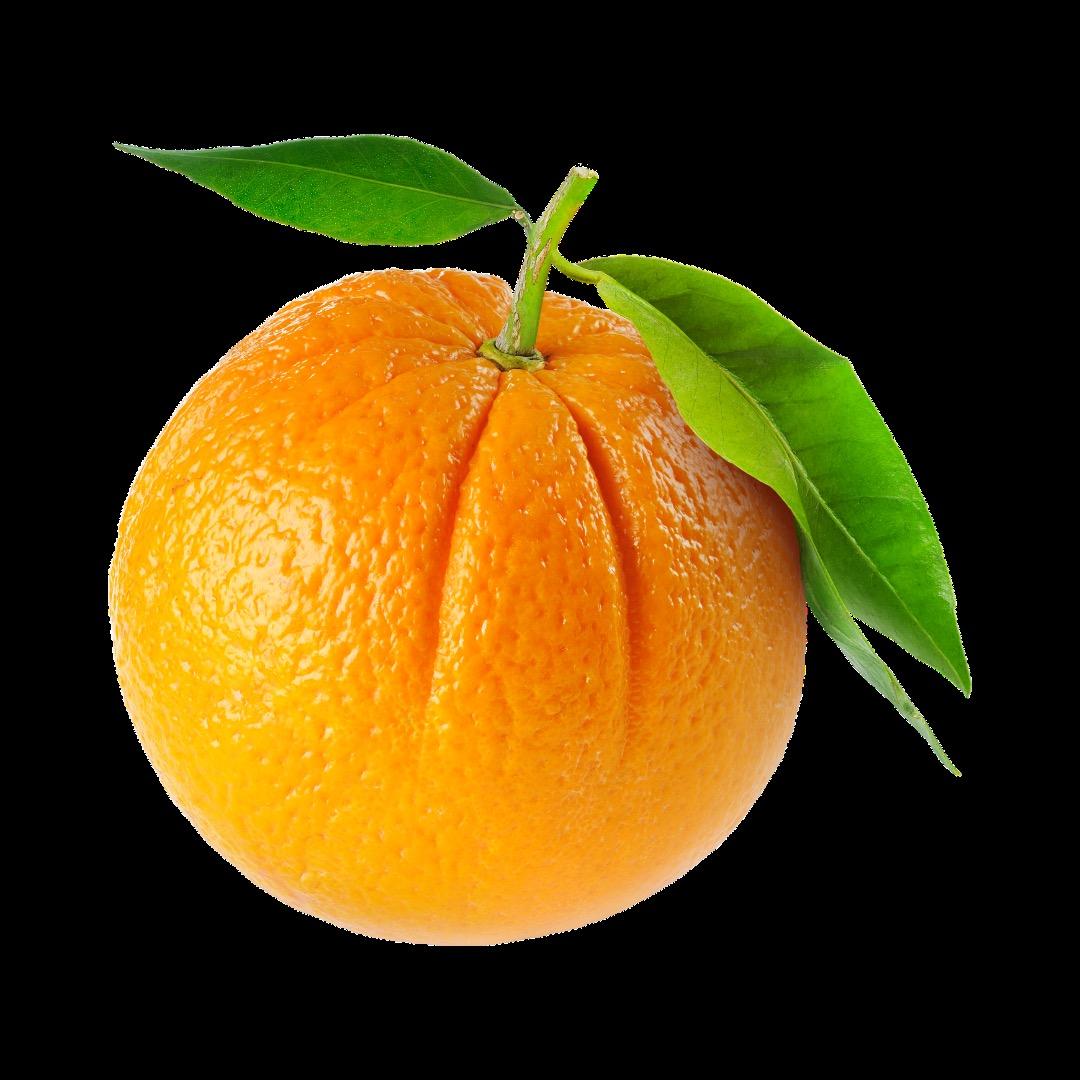
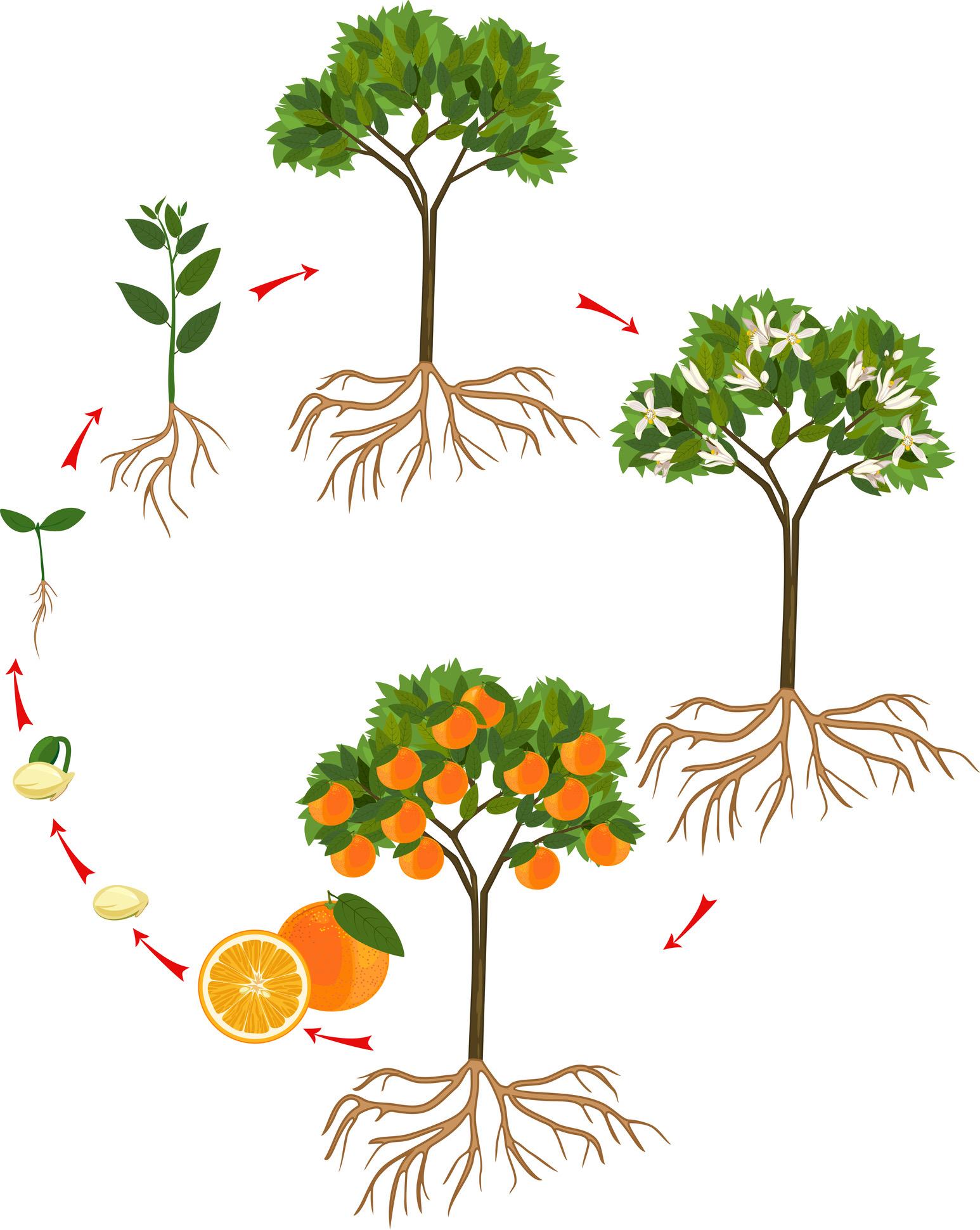

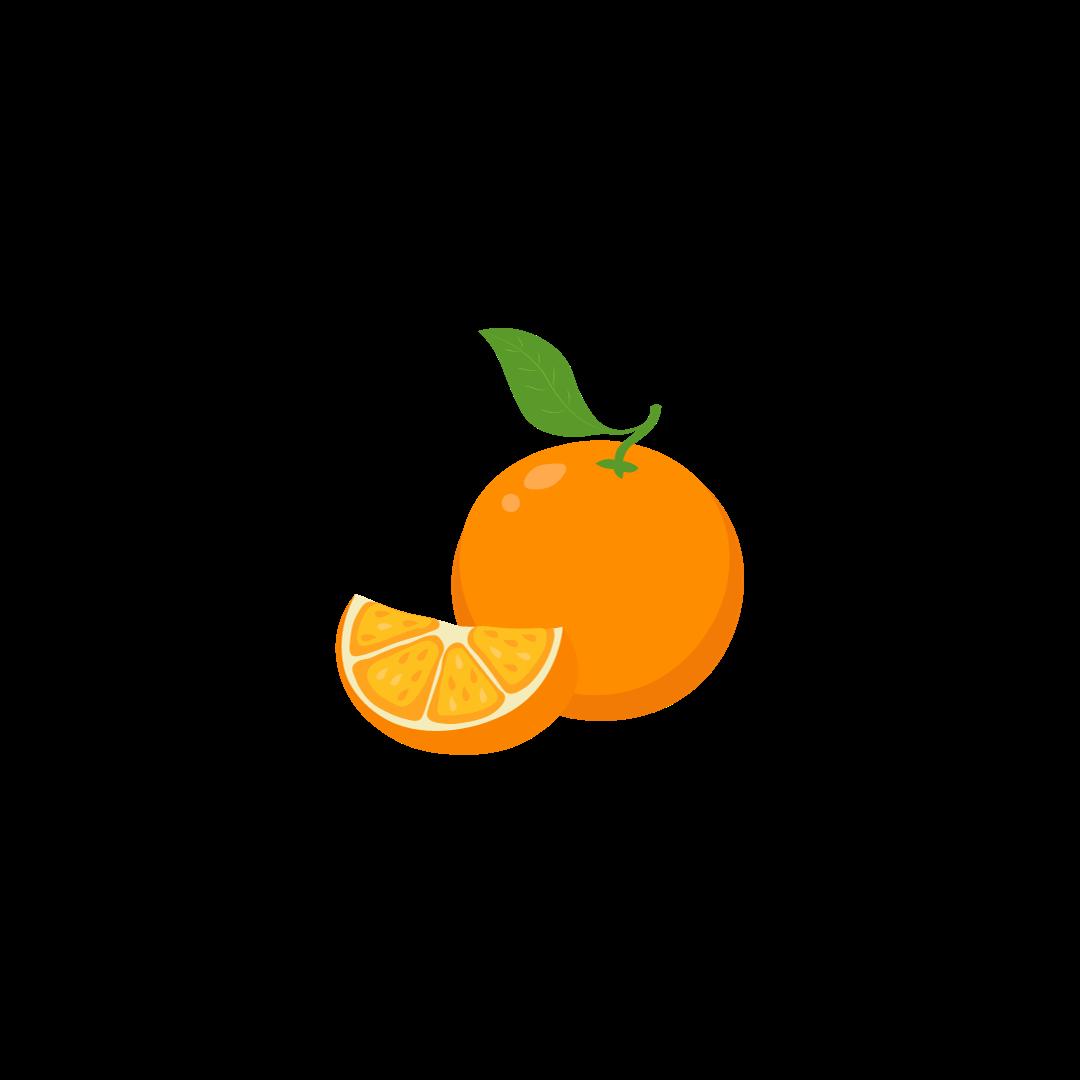

oranges are juiced.
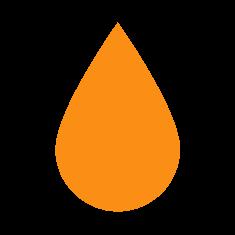

Sub-tropical areas have ideal climate for growing oranges.
Most oranges are harvested by hand.






Vitamin C supports the immune systemthe body’s defense against infections.

Vitamin C is also referred to as “ascorbic acid.”

Vitamin C is an antioxidant. Antioxidants help protect against damage caused by exposure to harmful substances in the environment.


The body cannot make vitamin C on its own - it has to come from food.
Vitamin C helps keep you happy & healthy! What do you call a vitamin that improves your eyesight?


Vitamin C is a very important vitamin for healthy gums & teeth.
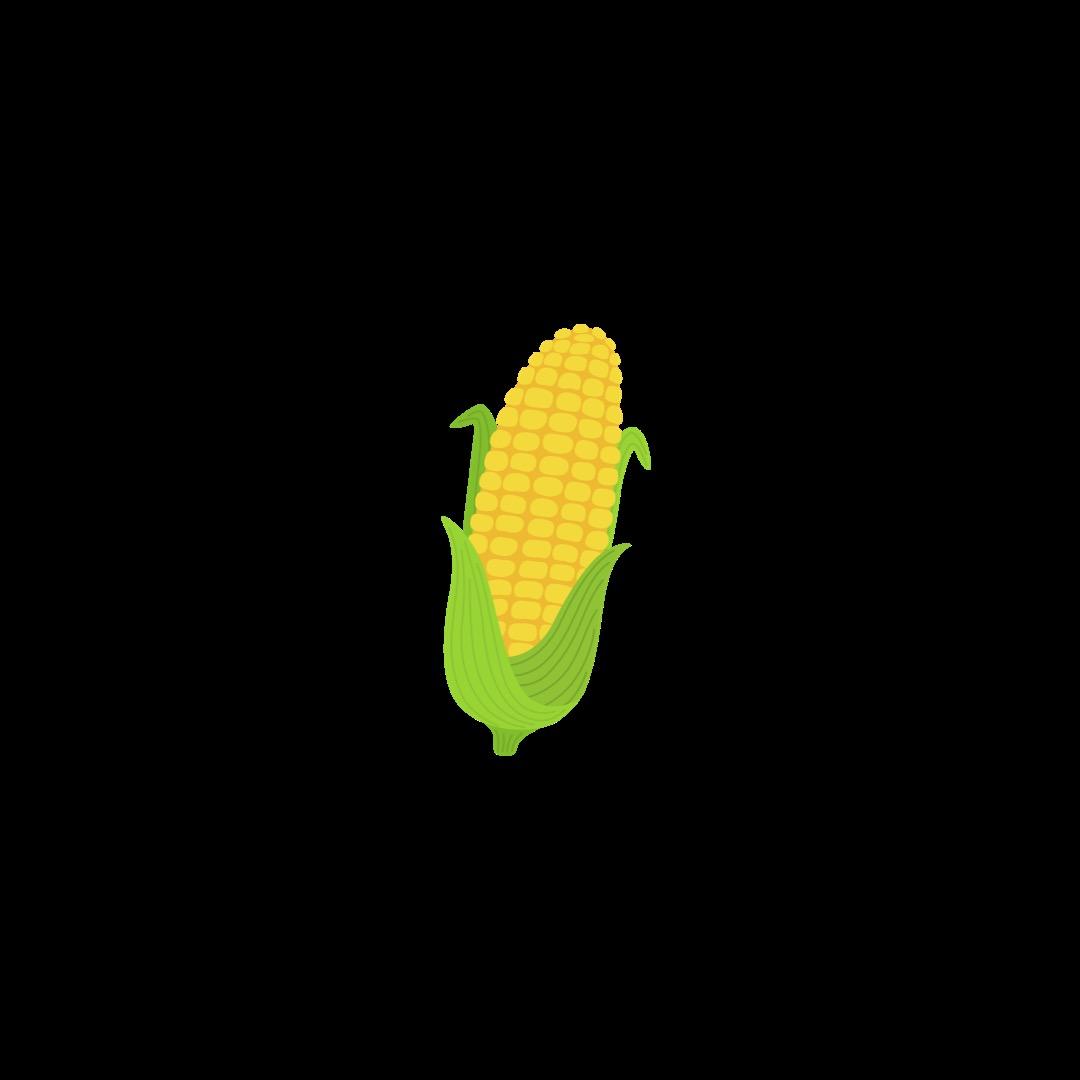
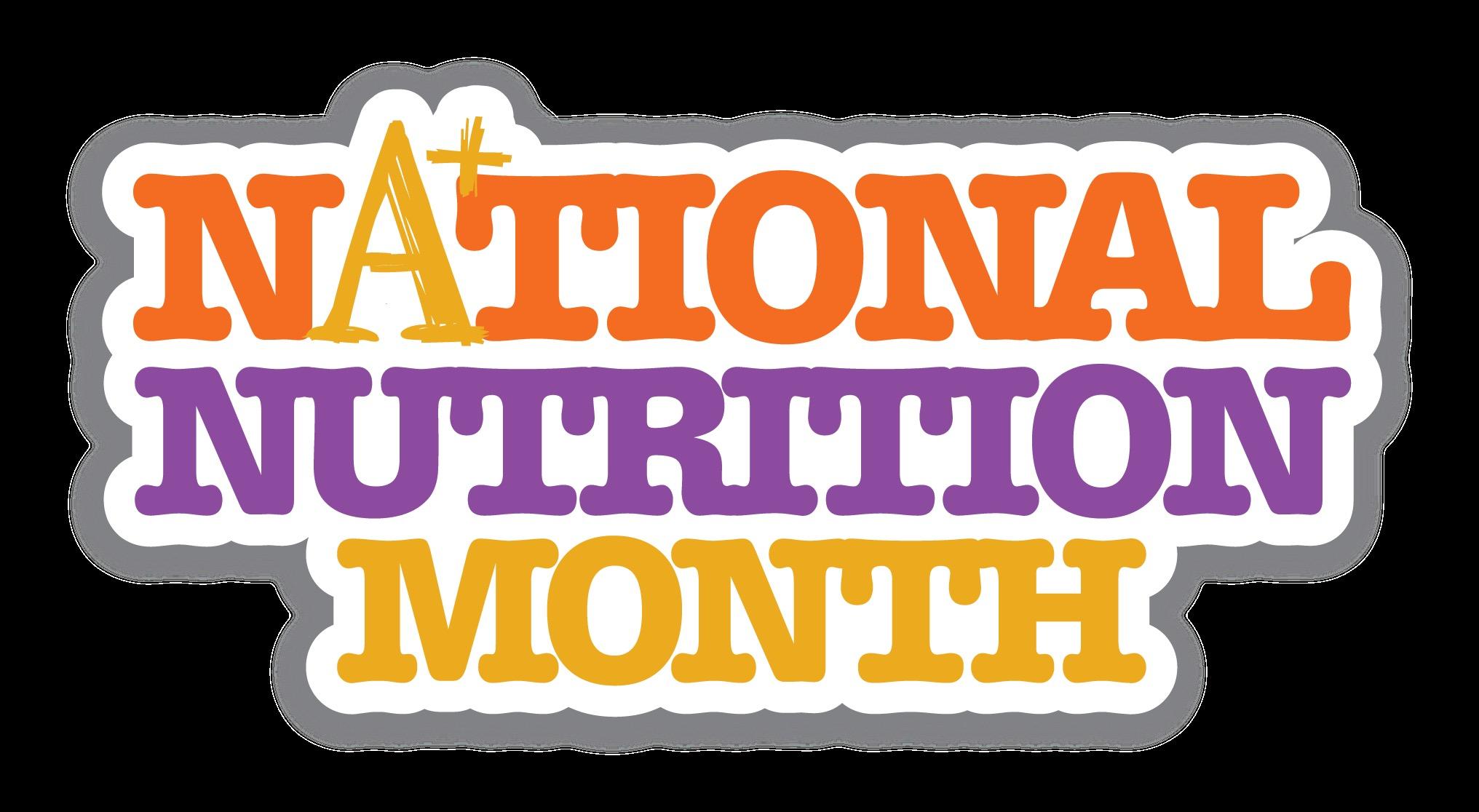

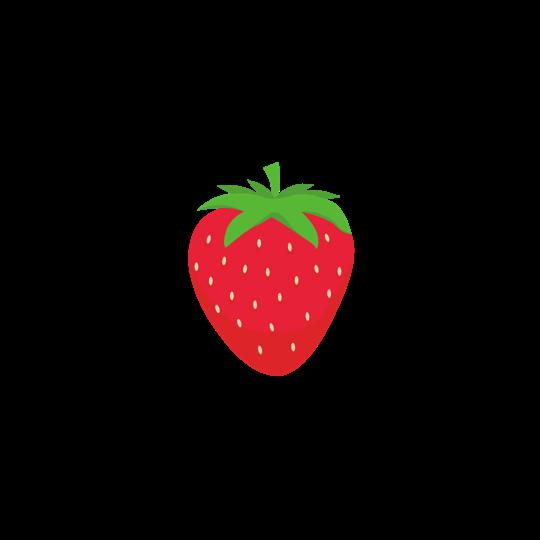
Let’s celebrate! National Nutrition Month is all about making informed food choices and developing healthful eating habits. a time to learn how to keep our bodies strong and healthy! Eating nutritious foods like fruits, veggies, whole grains and proteins gives us energy to play, learn and grow.
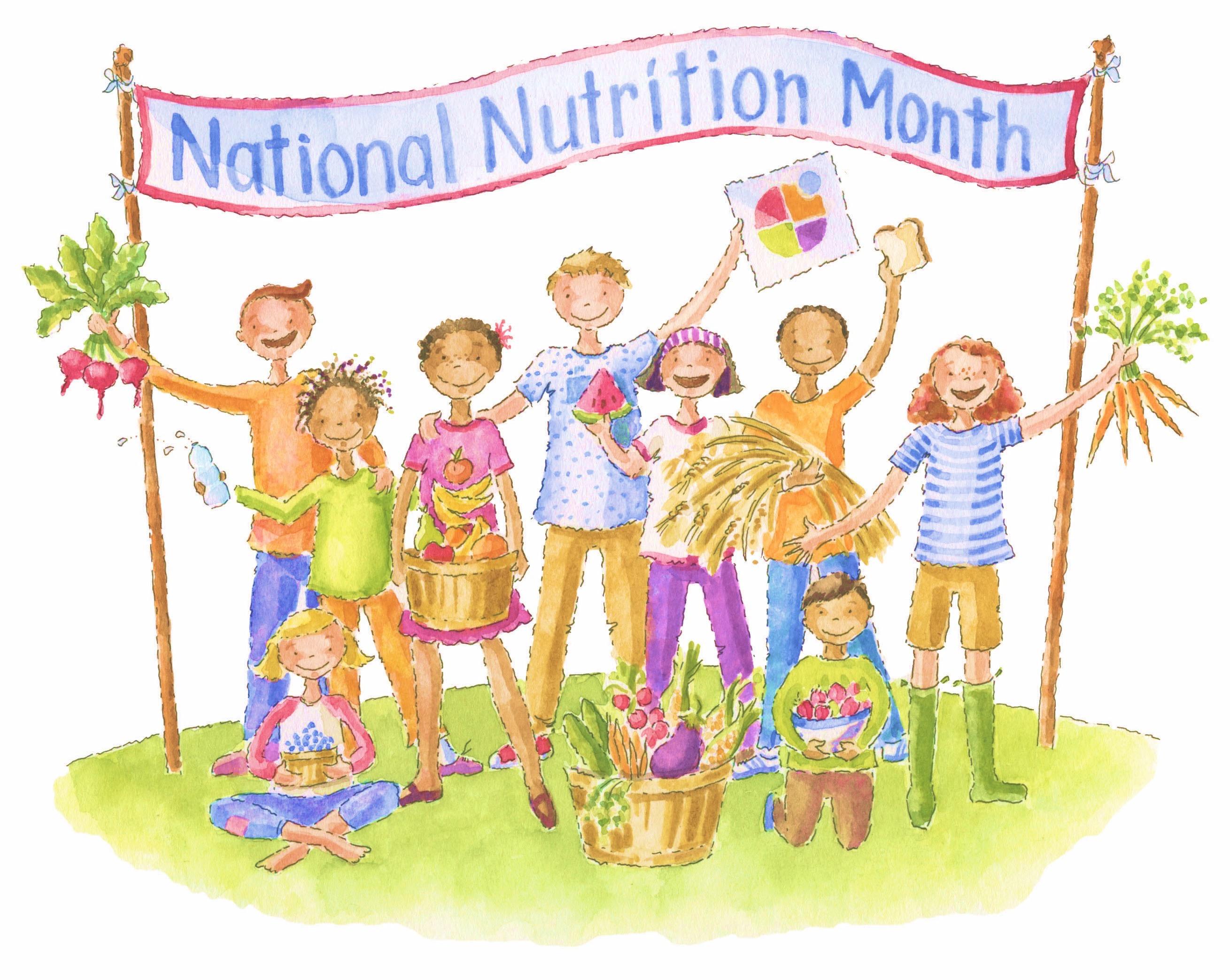

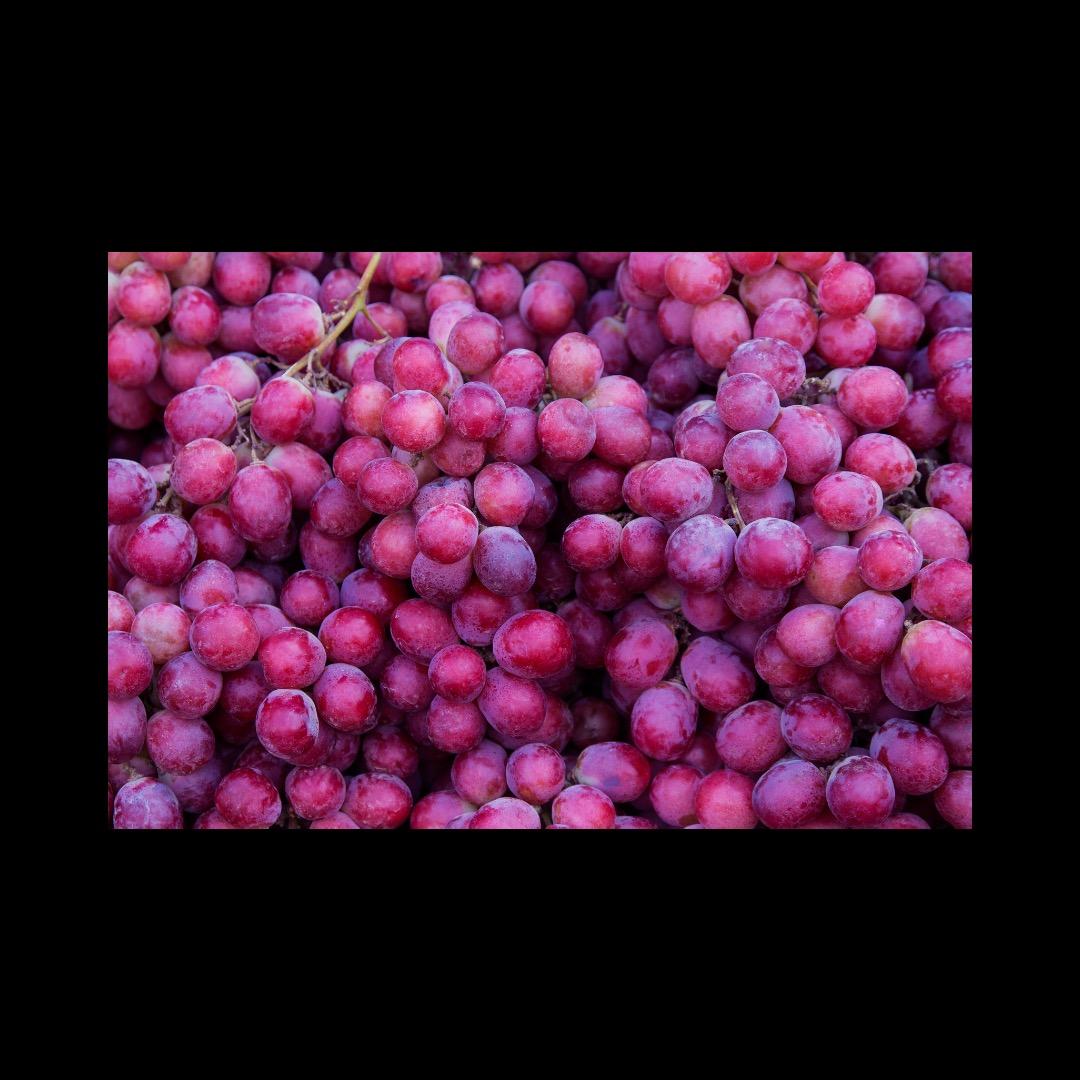


Grapes are a type of berry that grows in clusters.

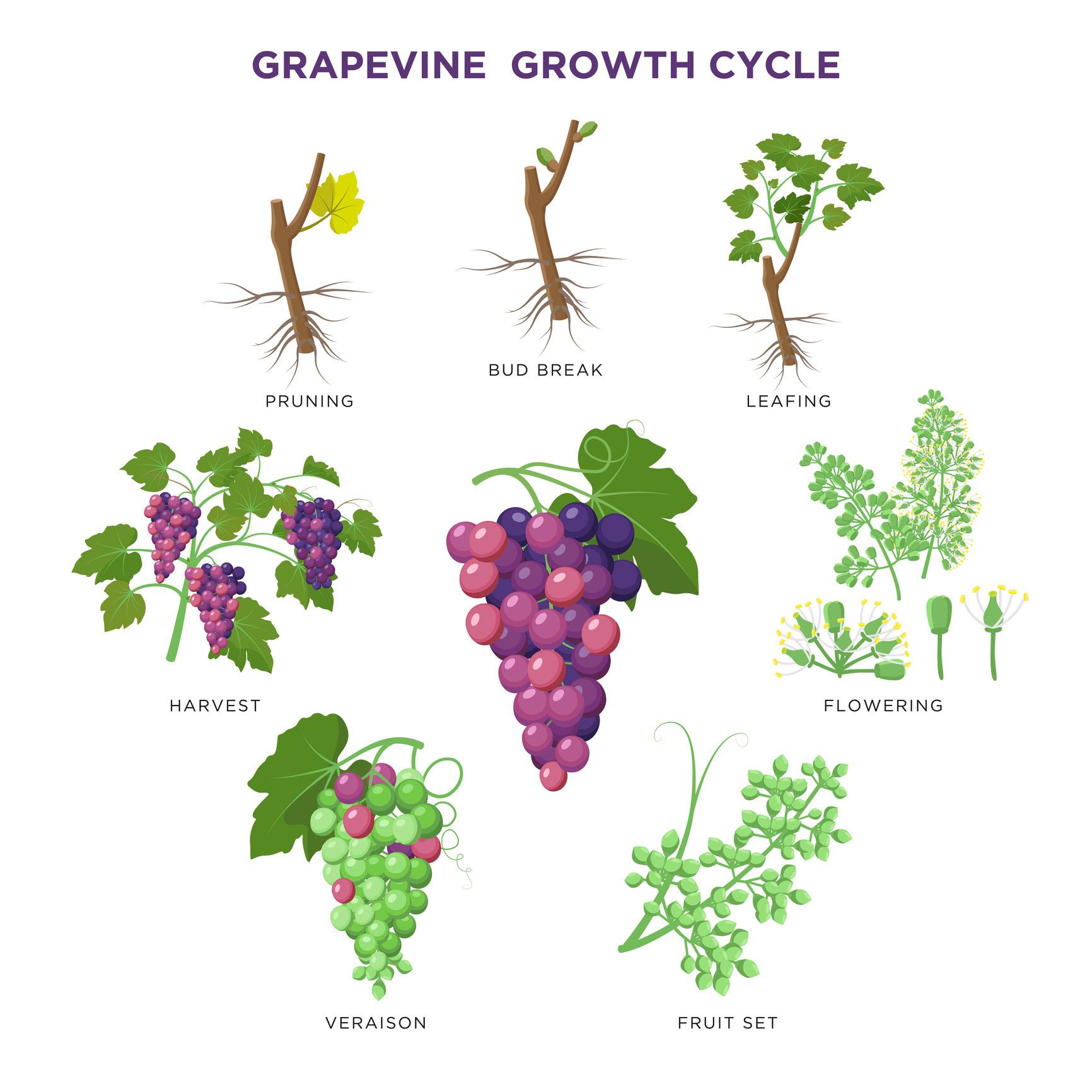
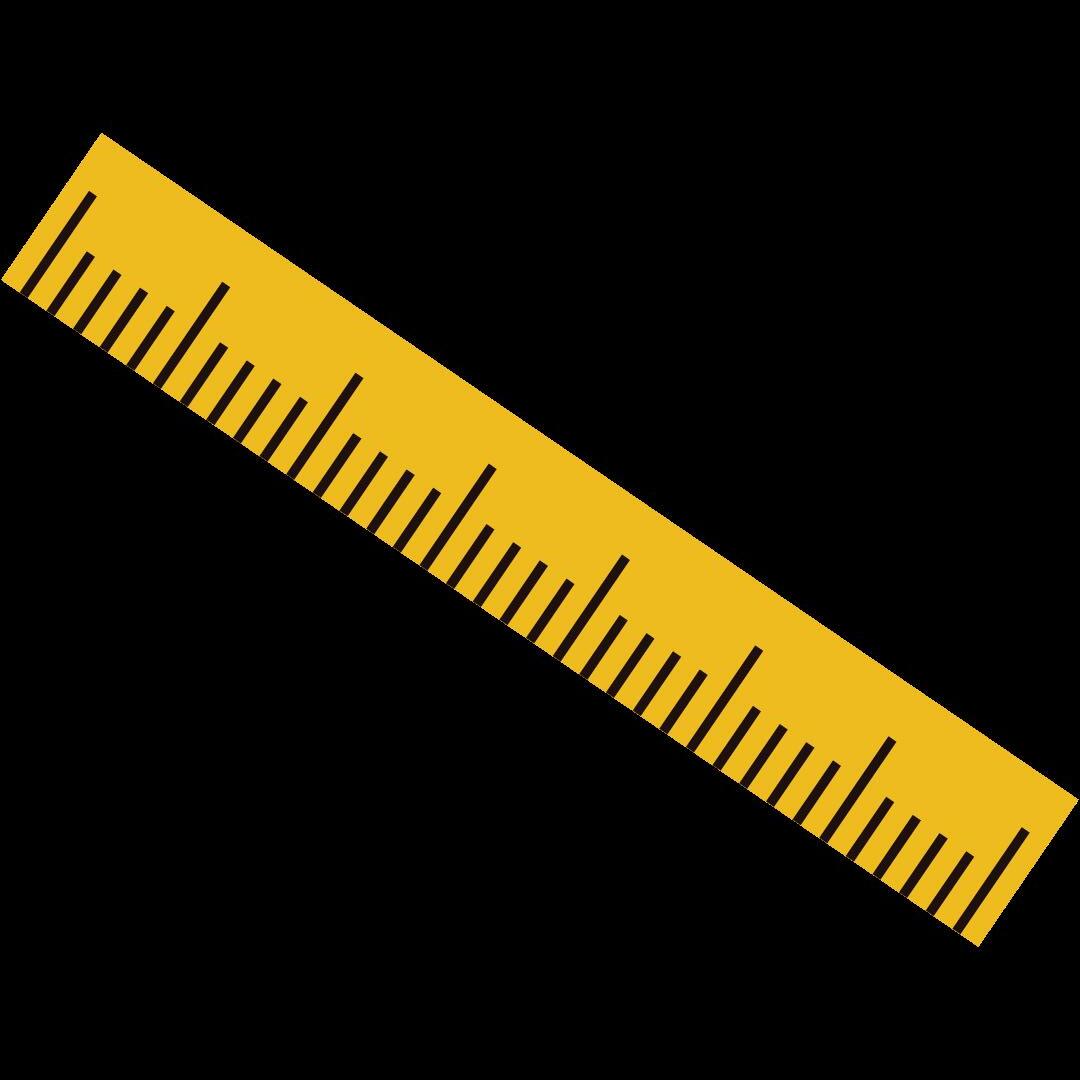
Grapevines can reach up to 50 feet in length.

1 grape cluster contains around 75 grapes.


B Vitamins help support the body’s energy levels, brain function & cell metabolism
essential B vitamins:
Vitamin B1, Vitamin B2, Vitamin B3, Vitamin B5, Vitamin B6, Vitamin B7, Vitamin B9 & Vitamin B12.

Water is needed to help the body absorb B vitamins.

B5, B12, C and E knock on your door…what do you do?
In-Vitamin!


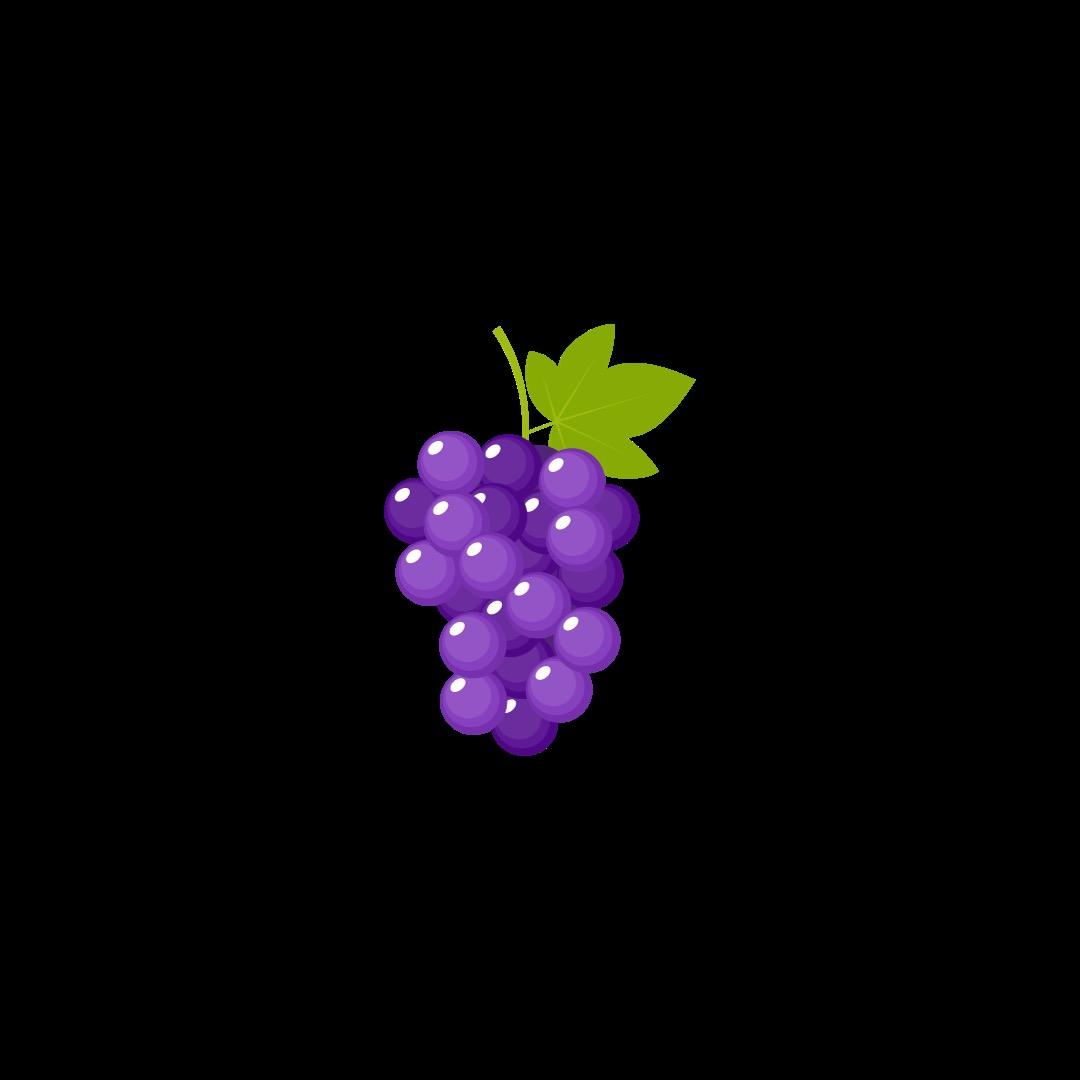
B vitamins helps the body make energy from food.
The body cannot store most B vitamins, so they need to be regularly consumed.

B vitamins plays a role in serotonin production.
Serotonin makes us feel happy




Tomatoes are considered to be both a fruit & a vegetable!
1. Cherry
2. Grape
3. Roma

MANY Americans grow tomatoes in their own garden.
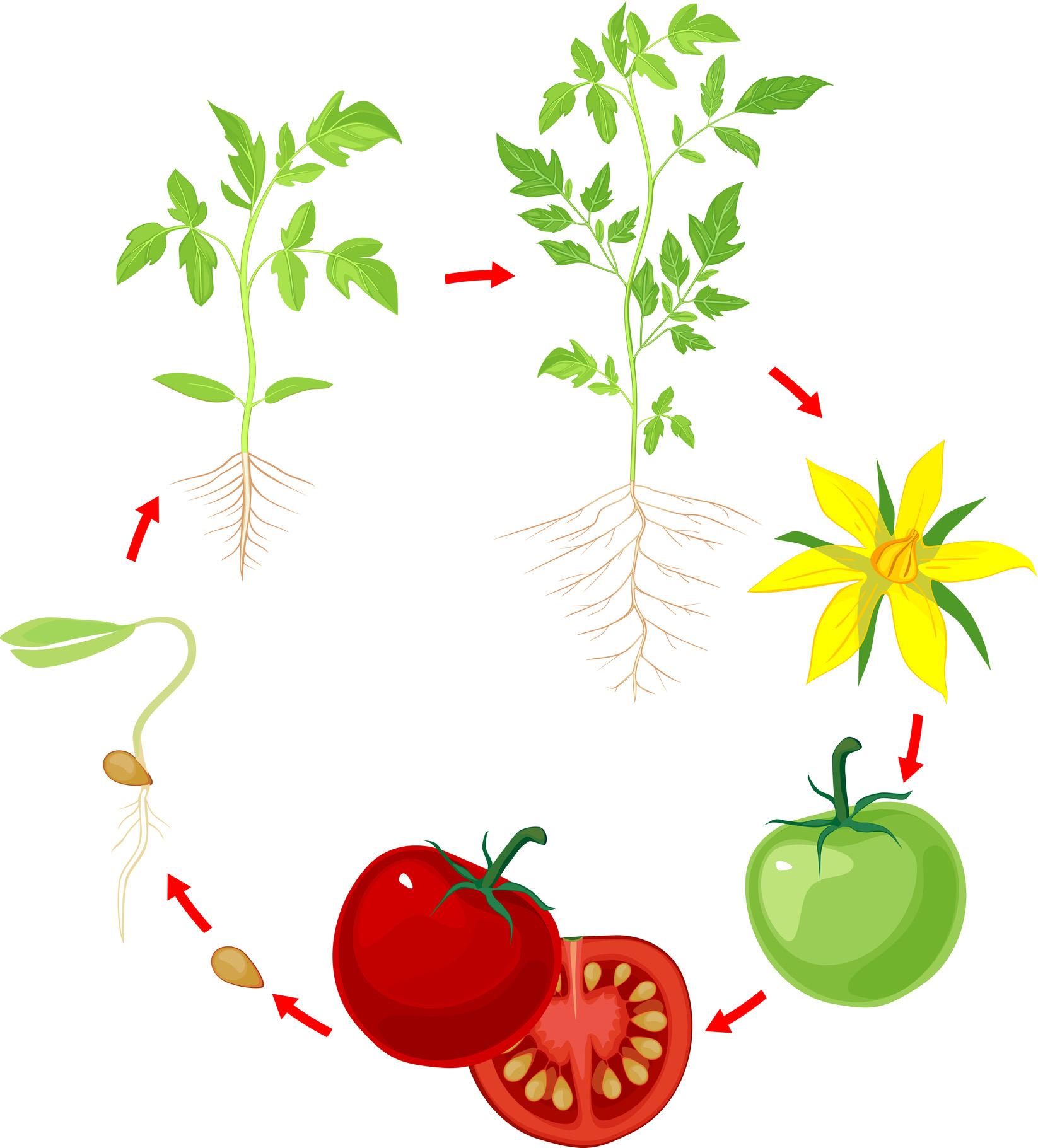
12,000+ TONS of fresh market tomatoes are grown/year in the U.S.

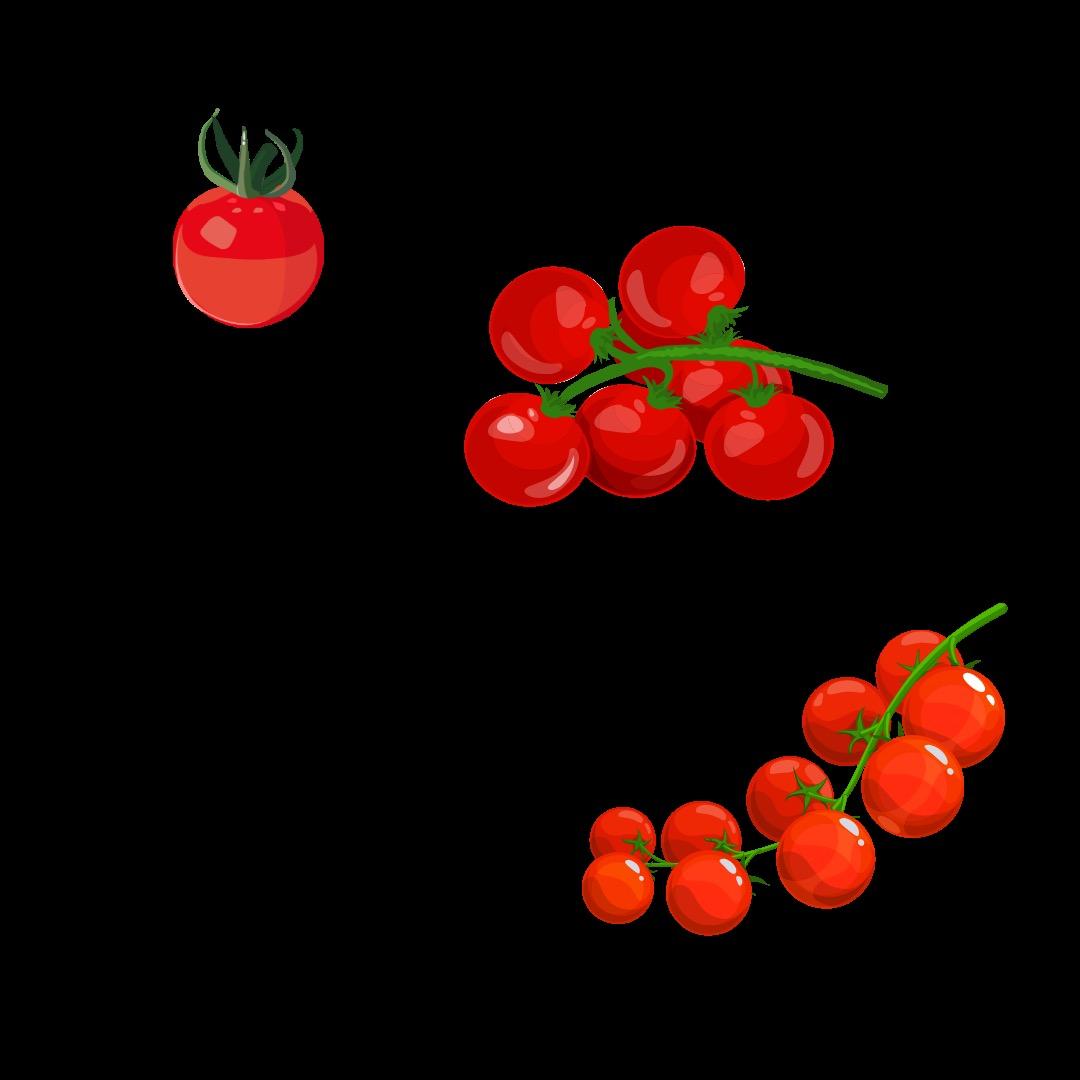
Tomatoes take 60 - 100 days to grow from seed to fruit.

Botanically, tomatoes are a season crop that LOVE the sun.
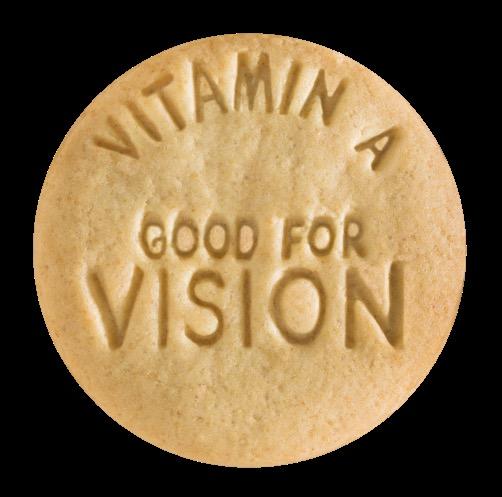




Vitamin A supports good more vivid colors during the day
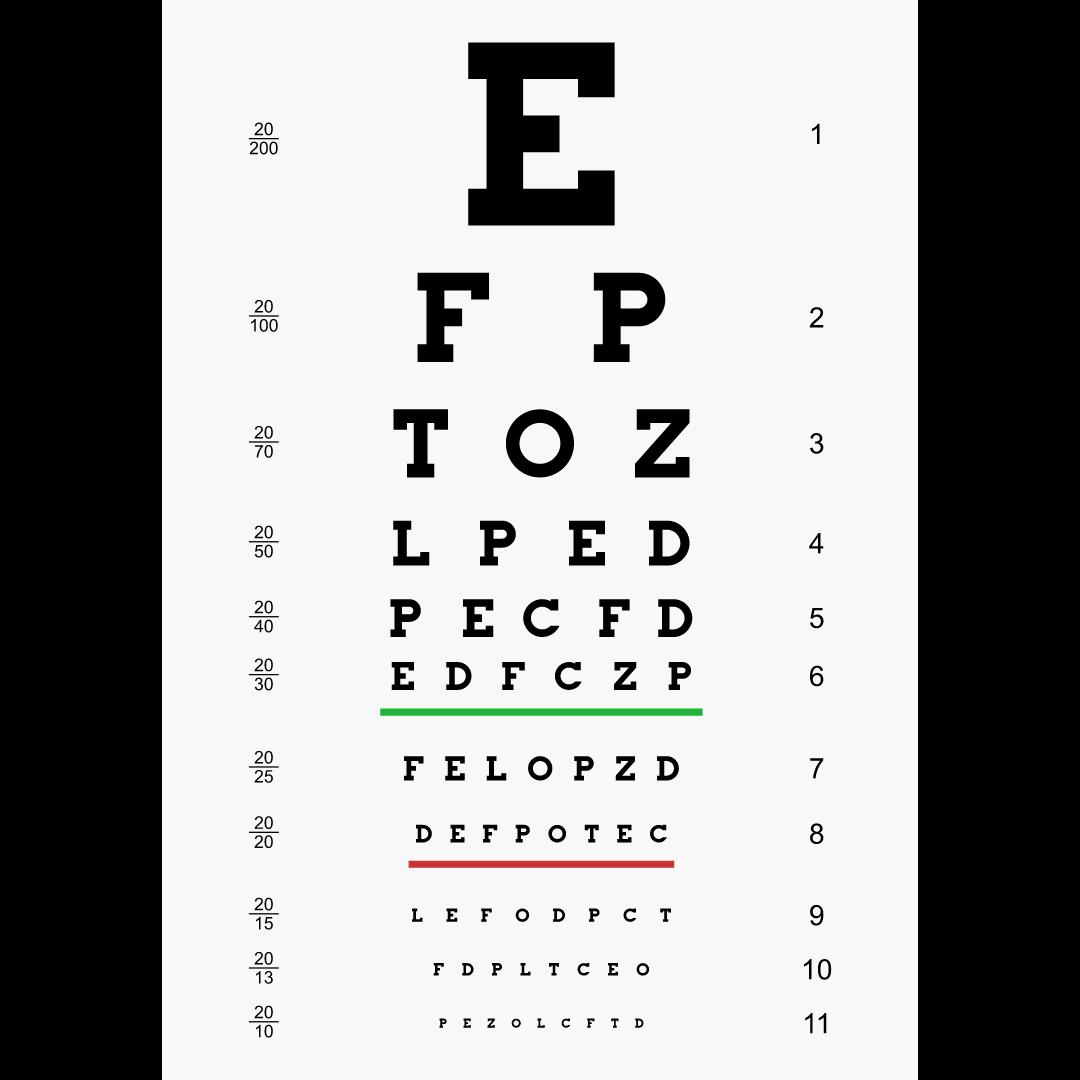

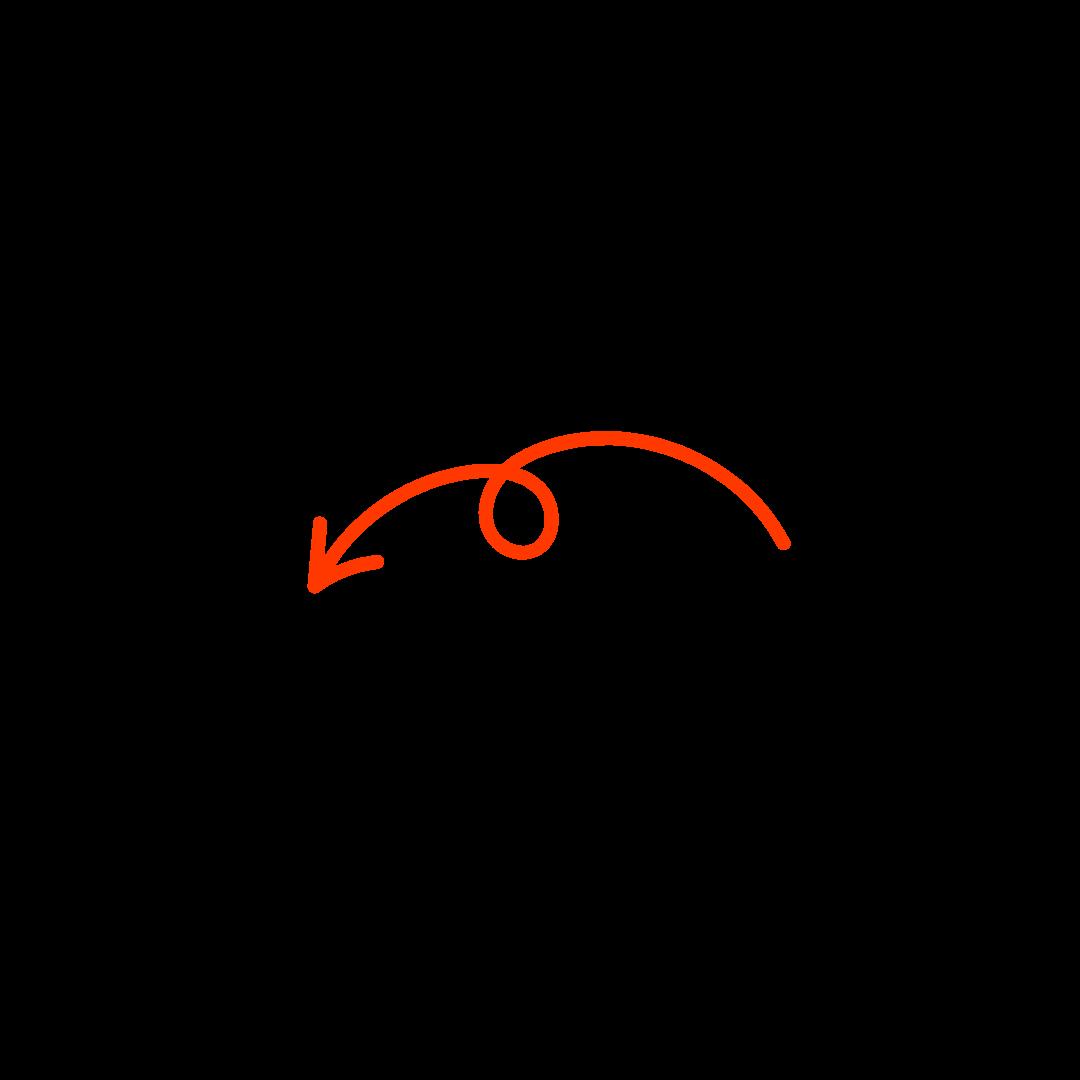

How far can you read down this eye chart?


Vitamin A has antioxidant properties.
Vitamin A can help speed up the healing process of cuts & scrapes.
Vitamin A supports immune system to fight off infections.
Vitamin A is a fat-soluble vitamin.
Vitamin A is a fat-soluble vitamin – which means it absorbs better into the body when eaten with foods with some fat like avocados!


Carrots are a type of root vegetable underground

Carrots are 88% water.
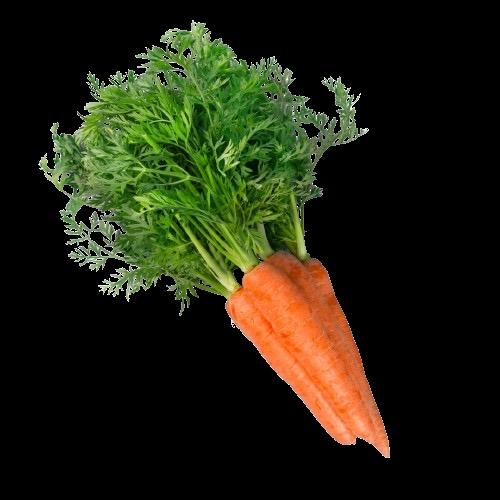
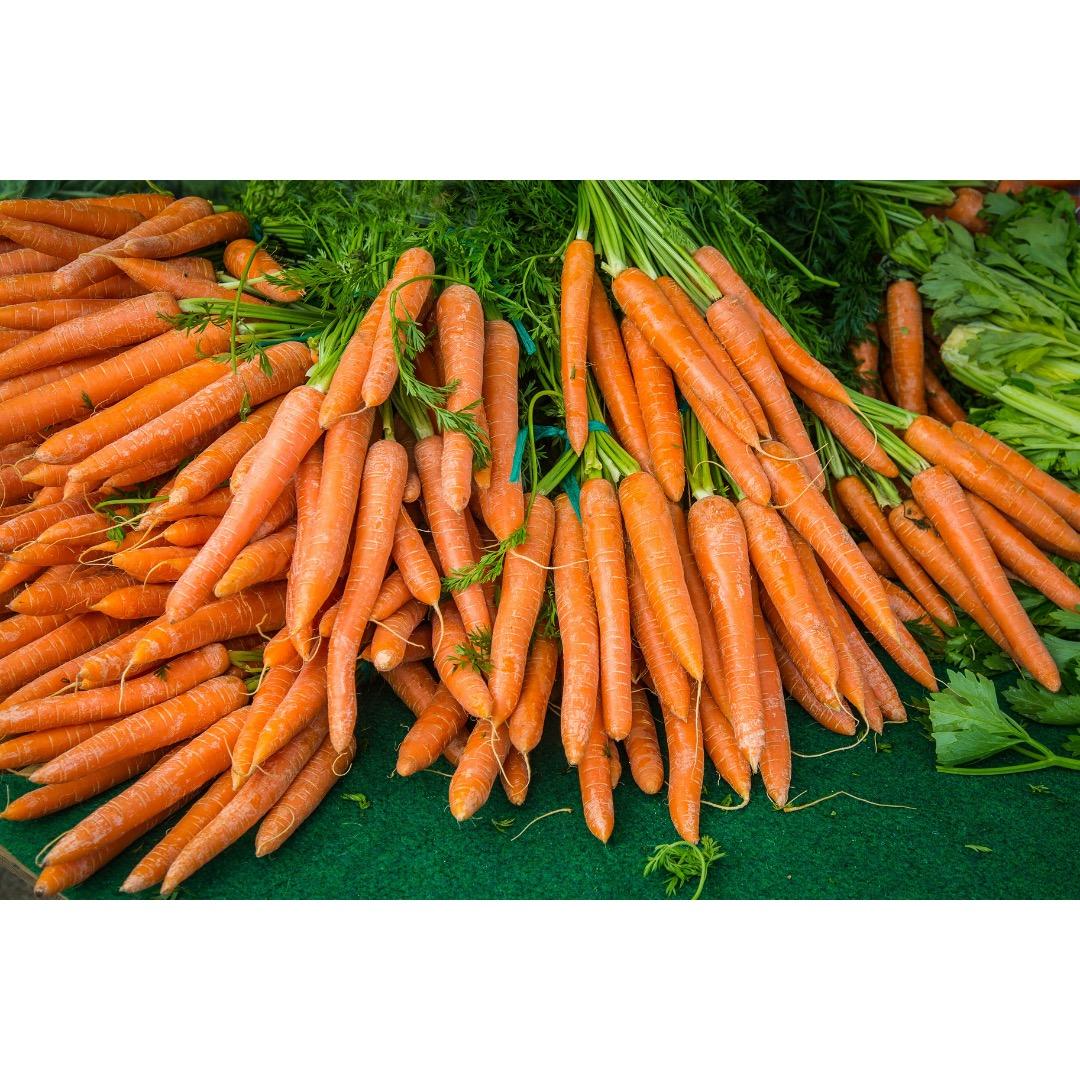

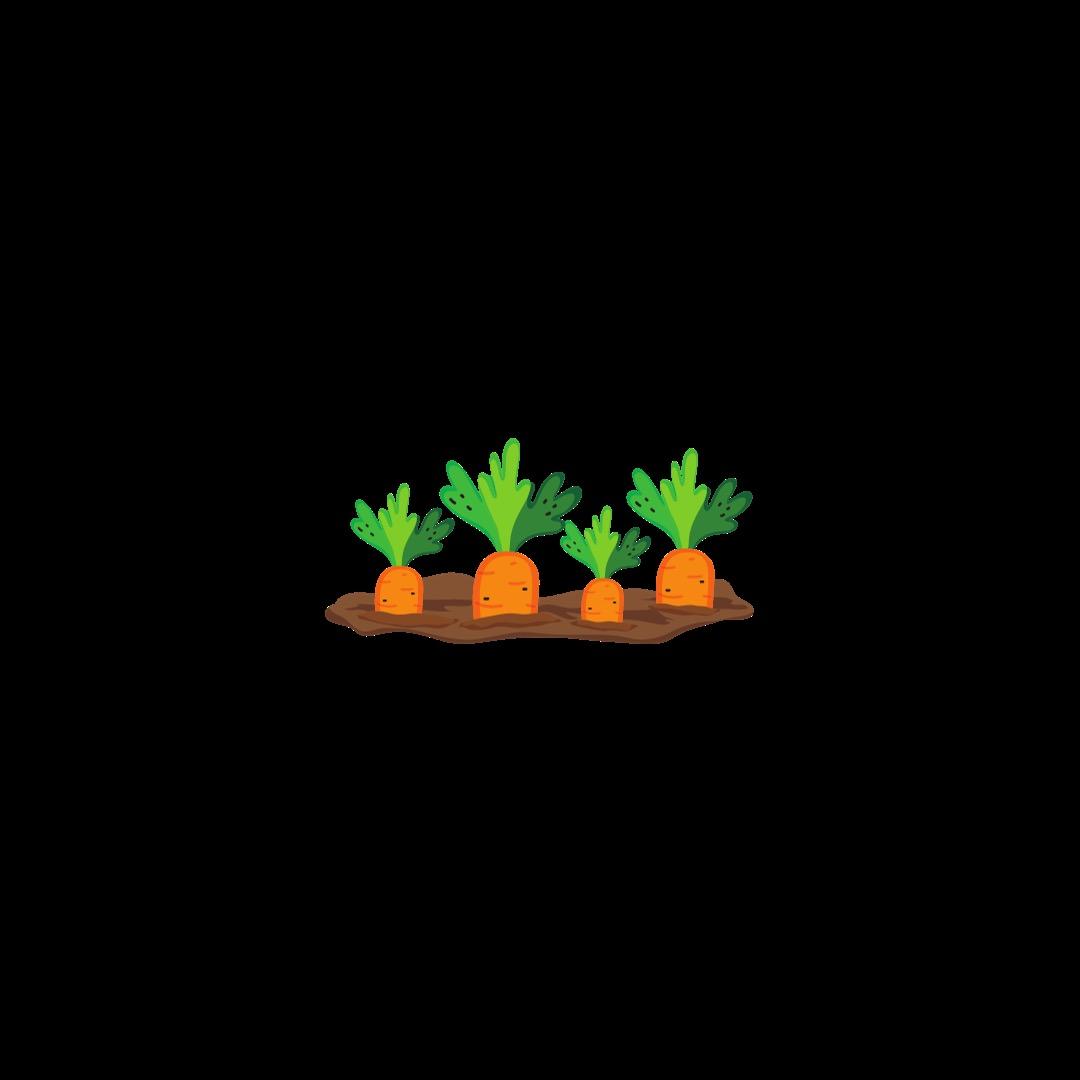
Carrots contain betacarotene which is what makes carrots orange!
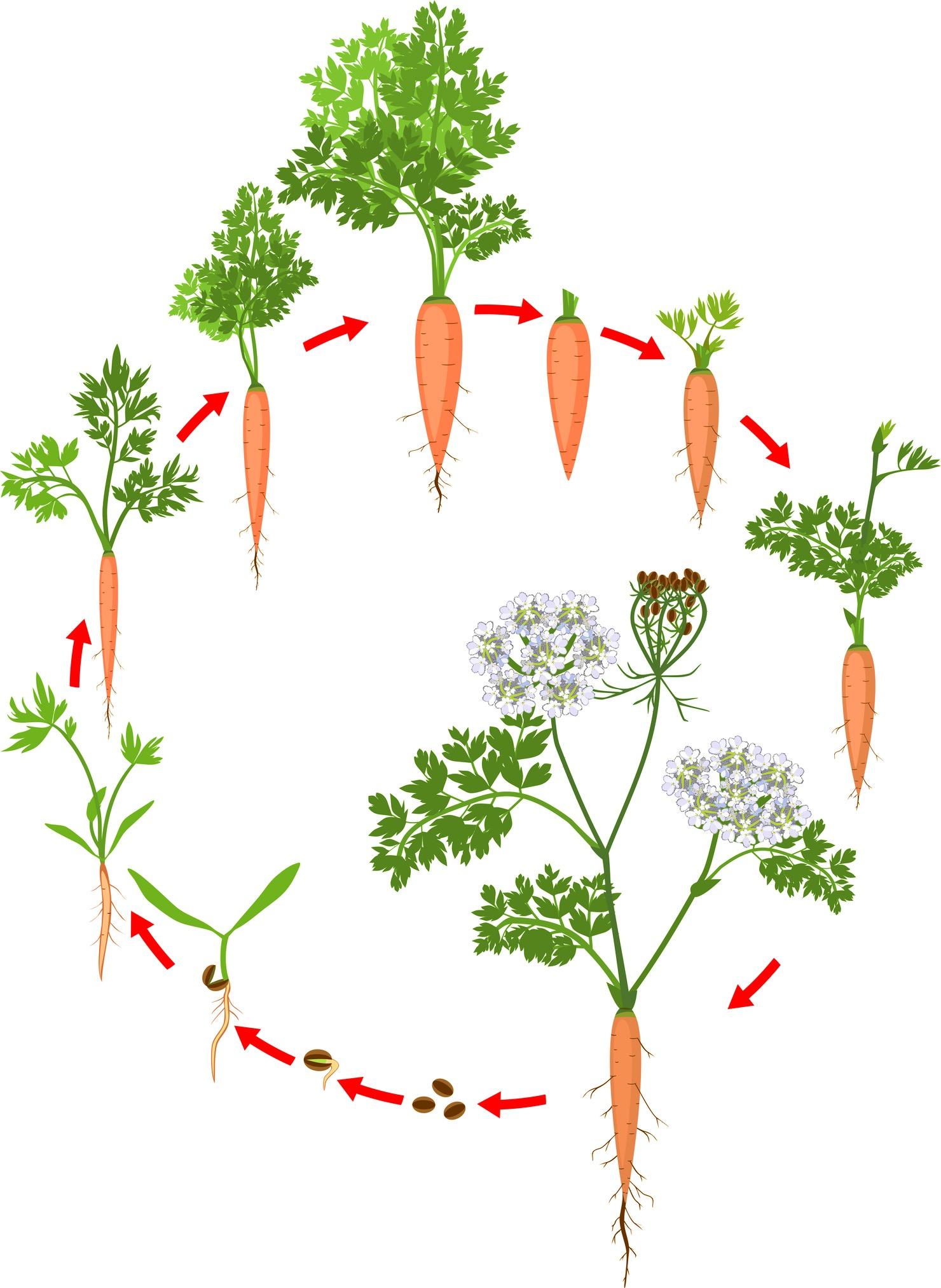


Carrots thrive in cooler temperatures & can survive WINTERS underground!
The world record for the longest carrot is over 19 feet!
biennials, which year life cycle.








more vivid colors during the day

How far can you read down this eye chart?

speed up the healing process of cuts & scrapes. Vitamin A is a fat-soluble vitamin.
How do you know carrots are good for the eyes?
You never see a rabbit wearing glasses!
Vitamin A supports the immune system to fight off infections.

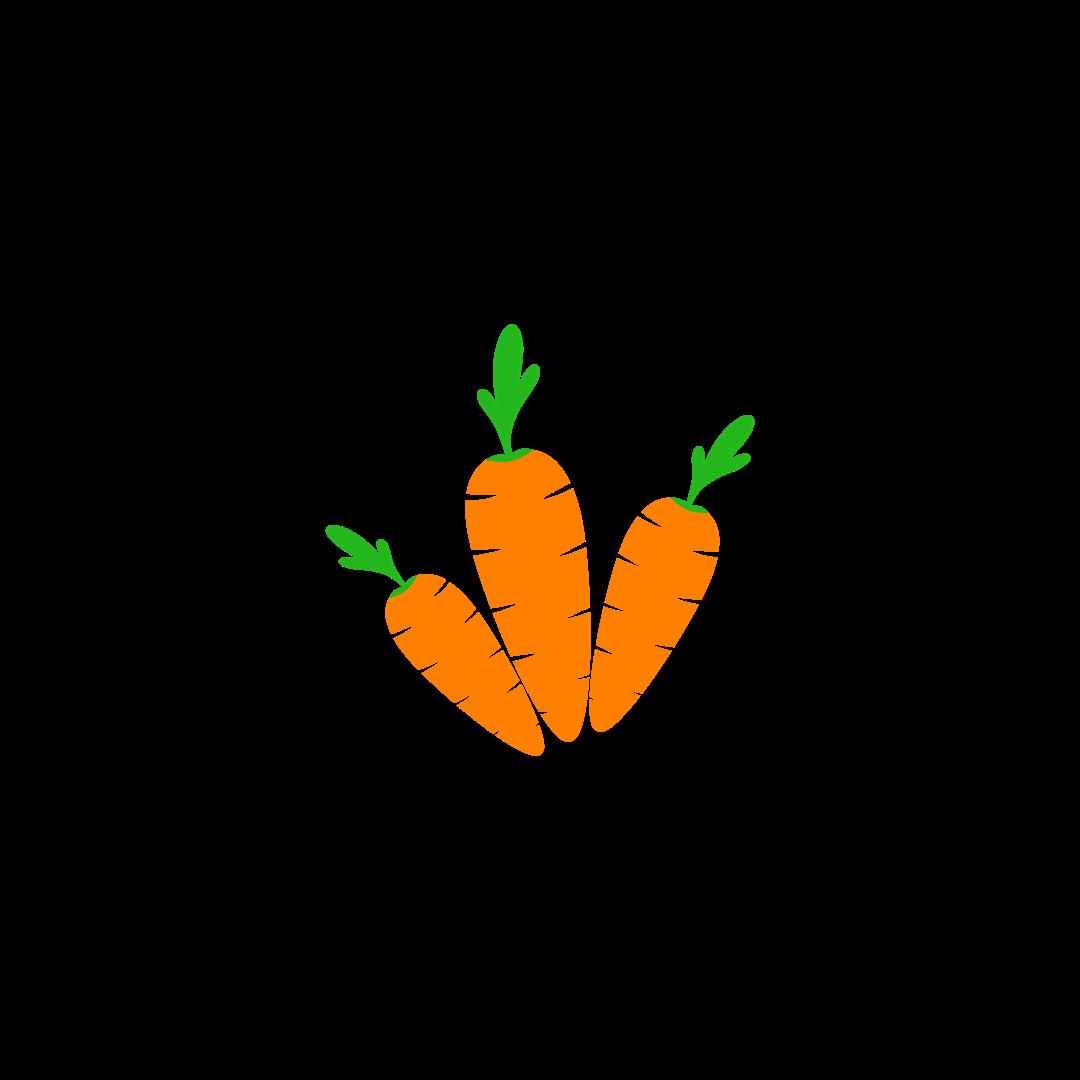


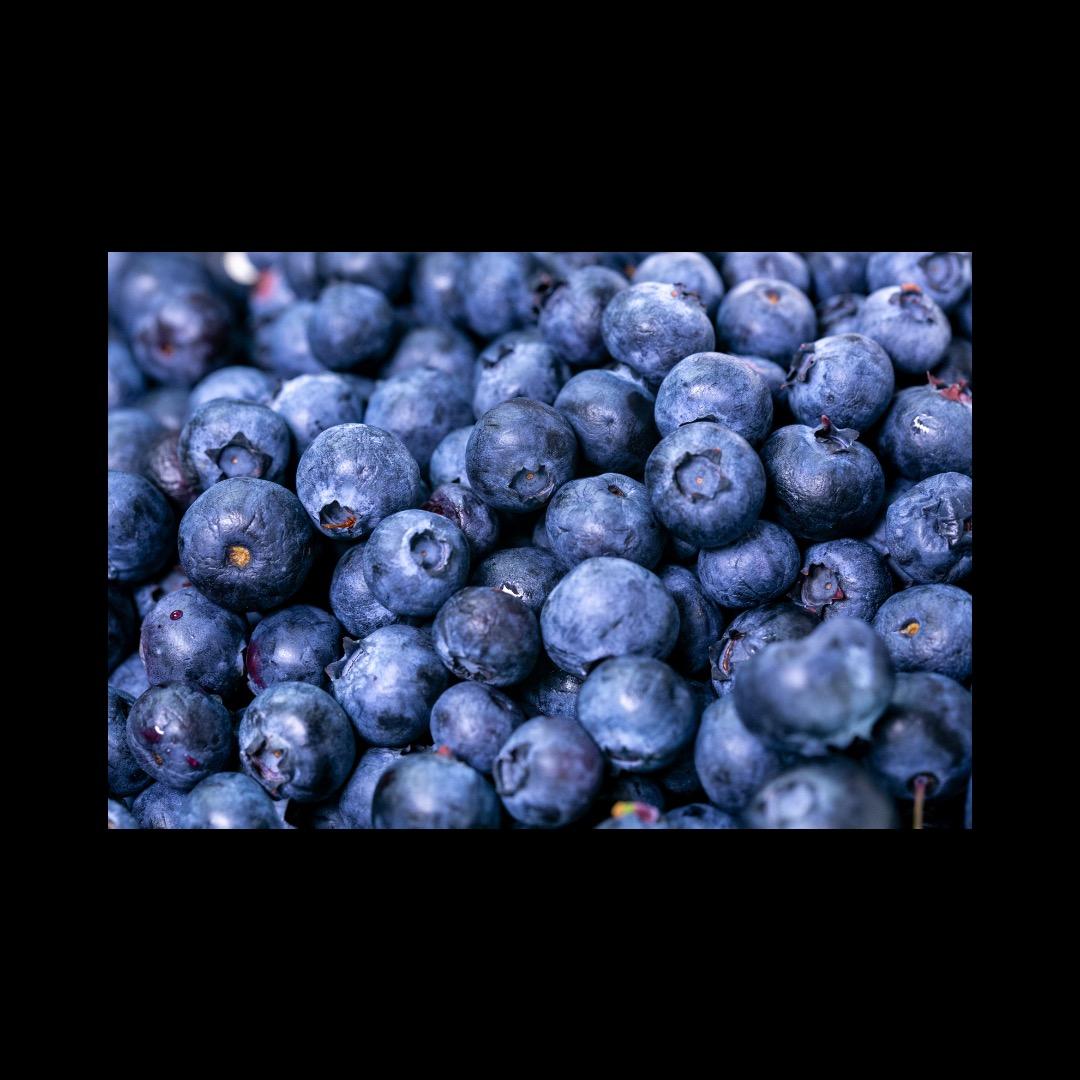


Blueberries are a type of fruit known for their mildly tarte taste.
The U.S. is home to around 102,000 acres of blueberries.
Blueberries are native to North America.
4 JULY is National Blueberry Month!
Highbush blueberries are the most common.

The waxy coating on blueberries is called “bloom.”

1 blueberry bush can produce 6,000 blueberries/year.
Blueberries are one the only food naturally blue in color.
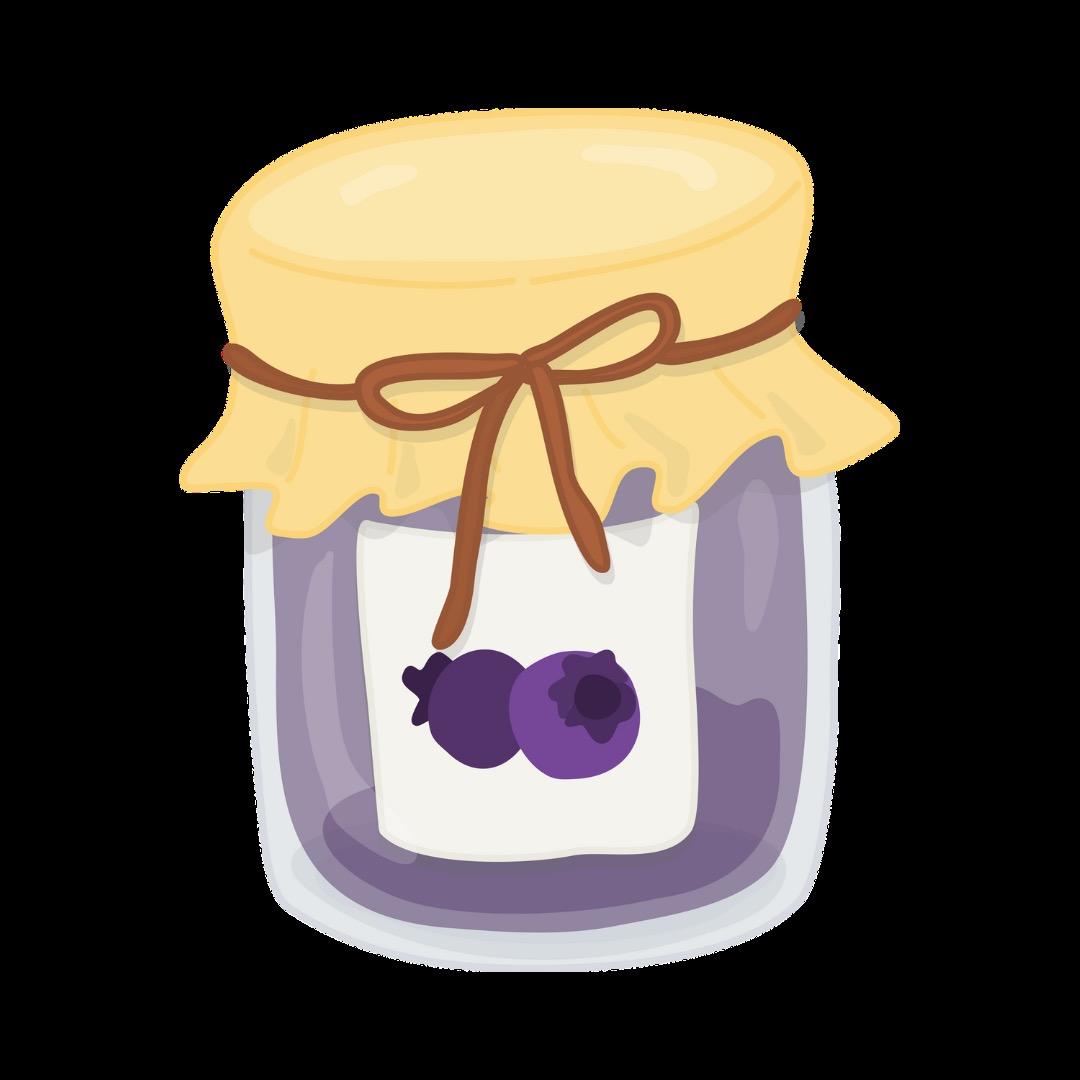
Lowbush blueberries are smaller & sweeterperfect for making jam!
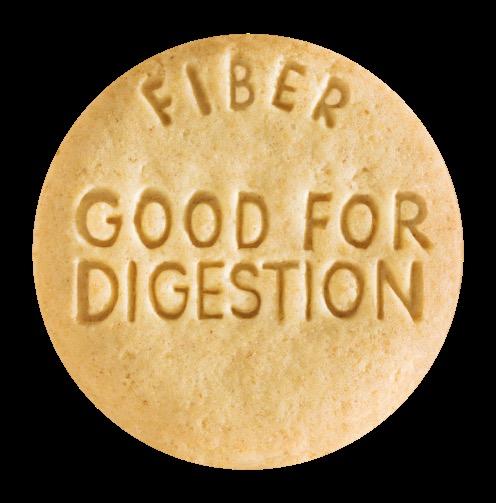



Fiber supports movement through the digestive system
Fiber is a type of carbohydrate body doesn’t digest, it simply passes through.
Soluble fiber dissolves in water…it helps regulate blood sugar levels and removes cholesterol from

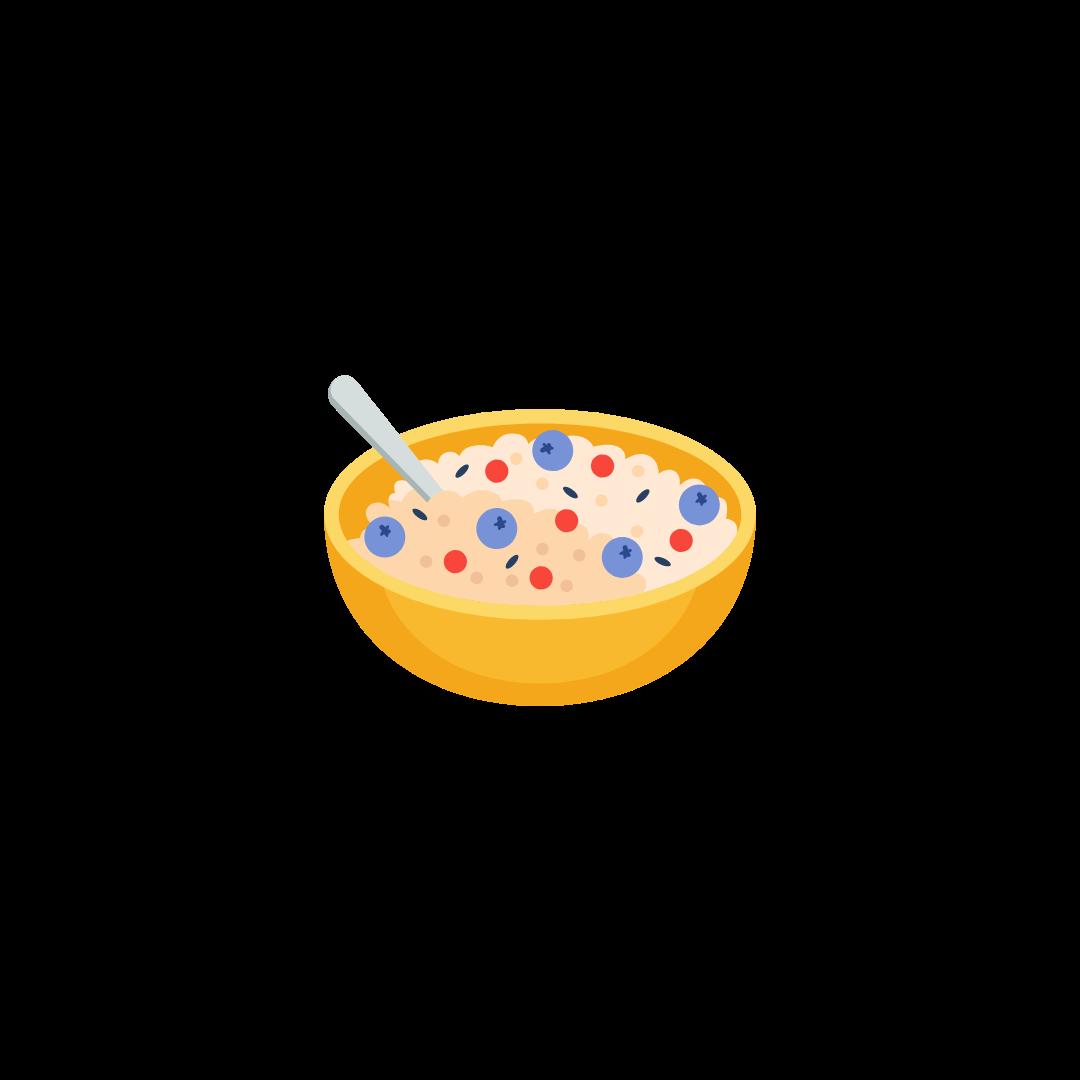

2 types of fiber:
1. Soluble fiber
2. Insoluble fiber

Insoluble fiber is sometimes referred to as “roughage. ”
Fiber helps to regulate the body’s use of sugar.
BOTH forms of fiber are important & beneficial to overall health. ONLY found in plant foods.
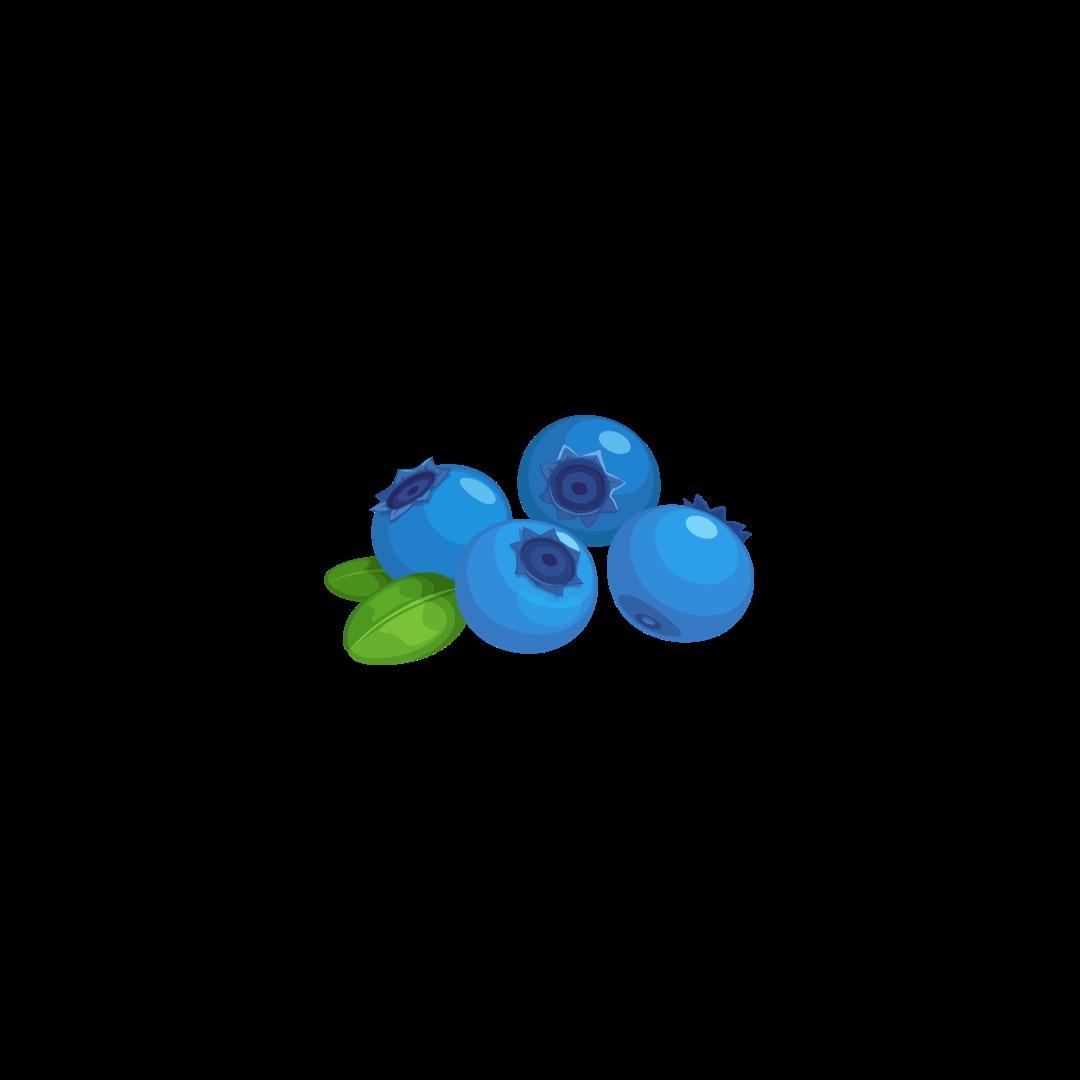
Insoluble fiber does not dissolve in water…it helps food move throughout the digestive system.
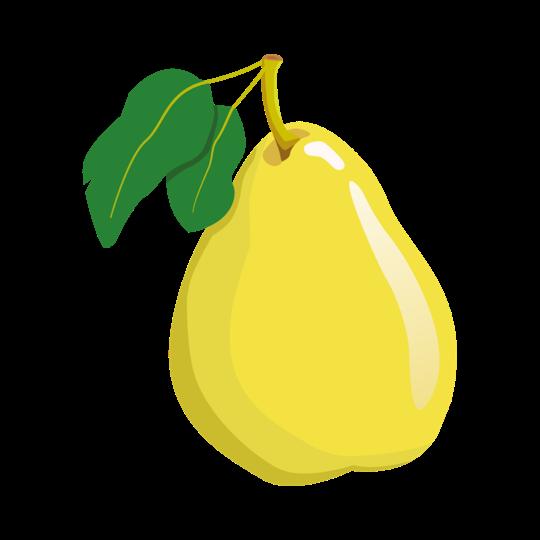
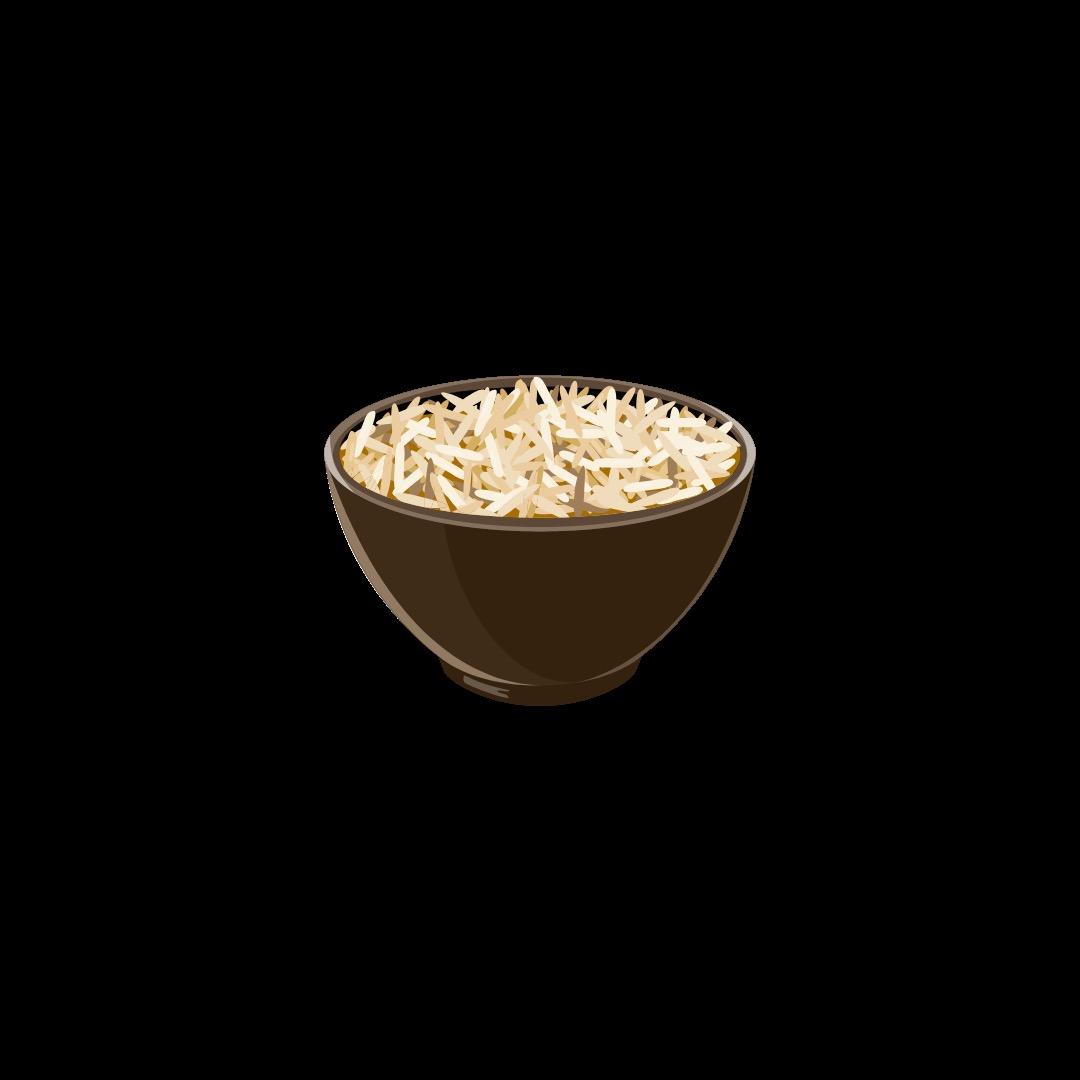
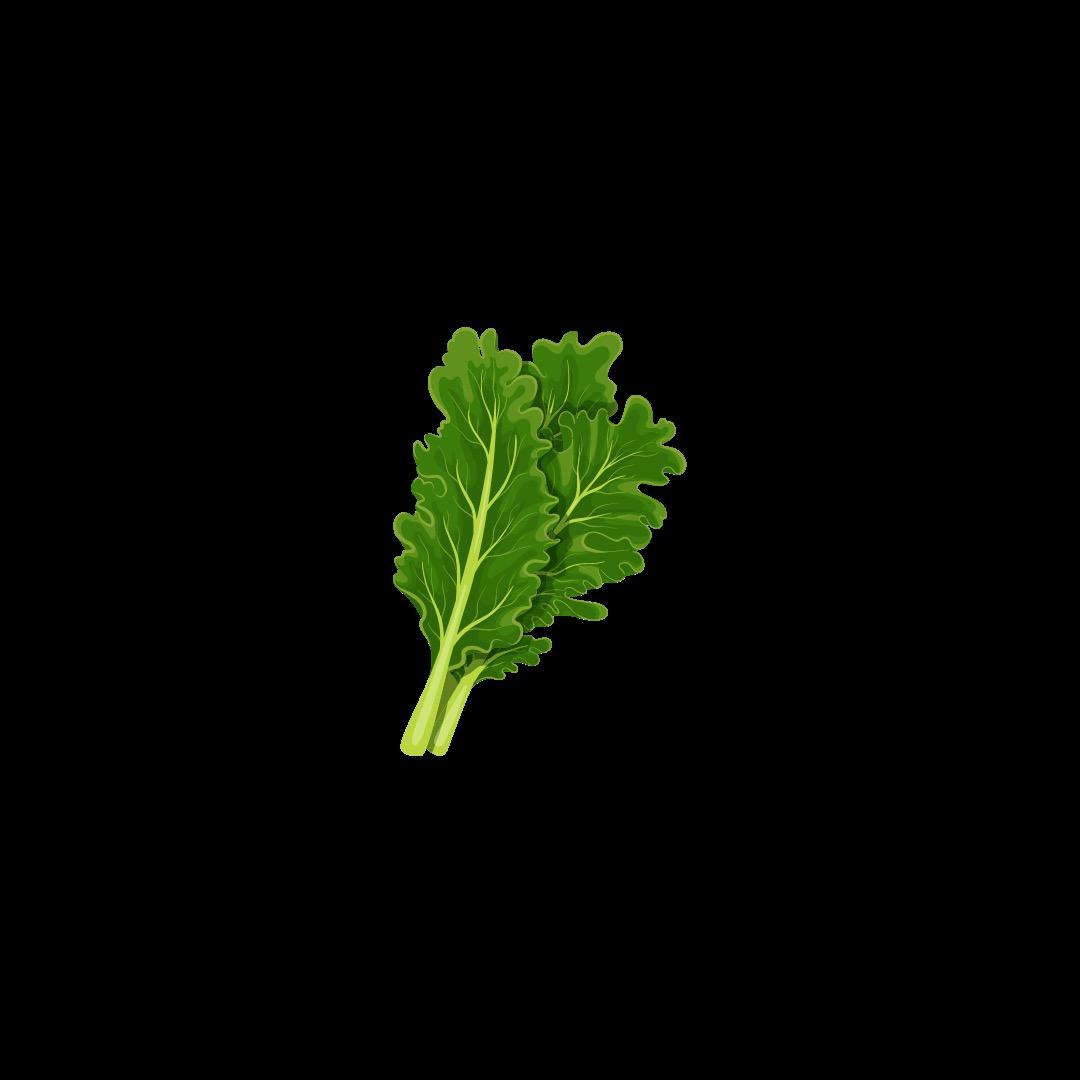
Dairy & meat products do not have any fiber.




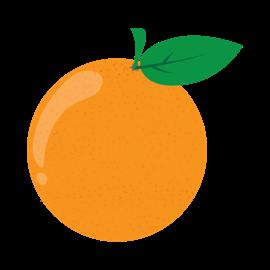
AOIDXTAITNN
TVAIINM C
YDARI TAREH HALTEH
BEIRF ENPRTOI

Strawberries are a type of aggregate fruit a collection of ‘little fruits’ held together.


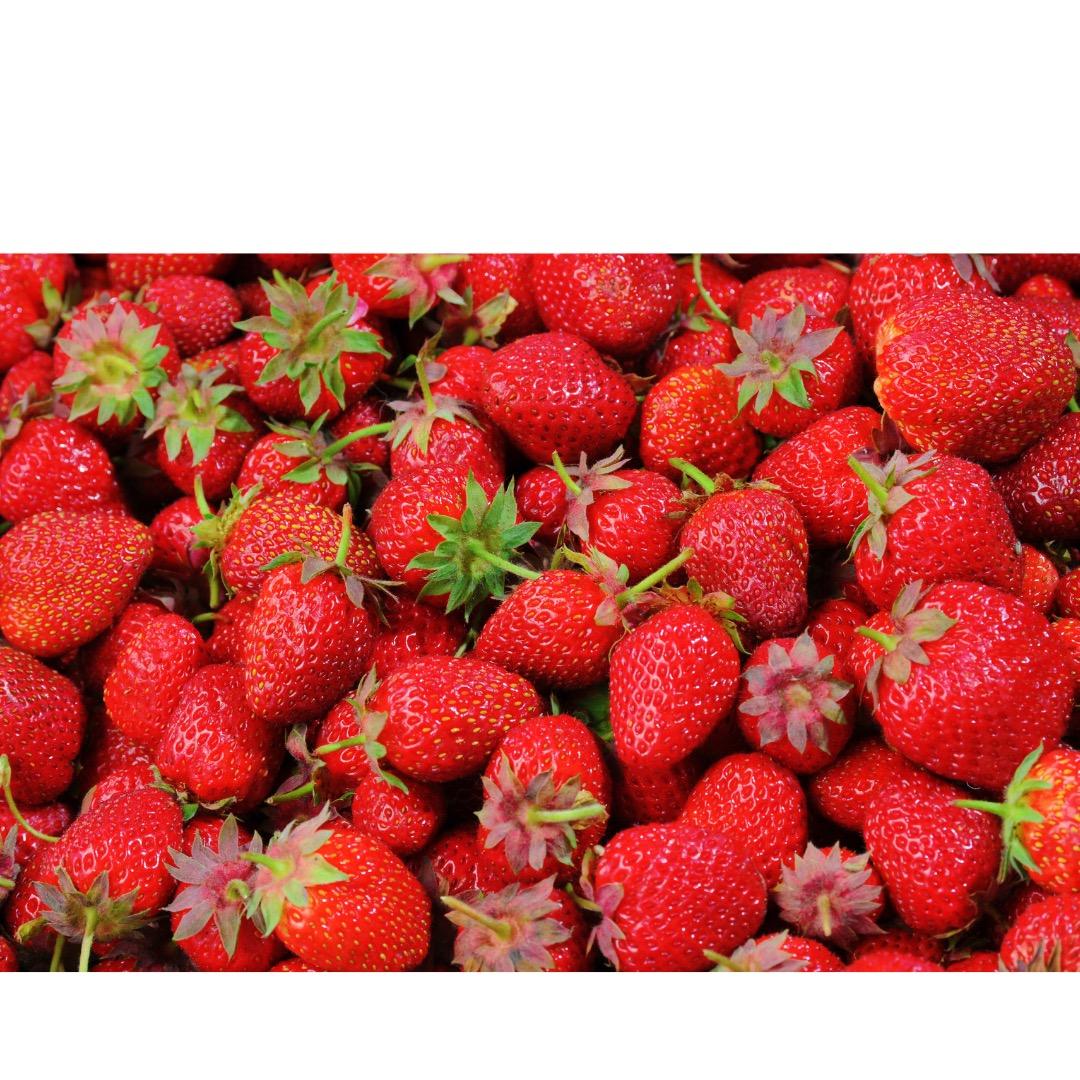
Strawberries are a part of the rose family.

Strawberries are the FIRST fruit to ripen in the spring.
Peak strawberry harvesting season is April - June.
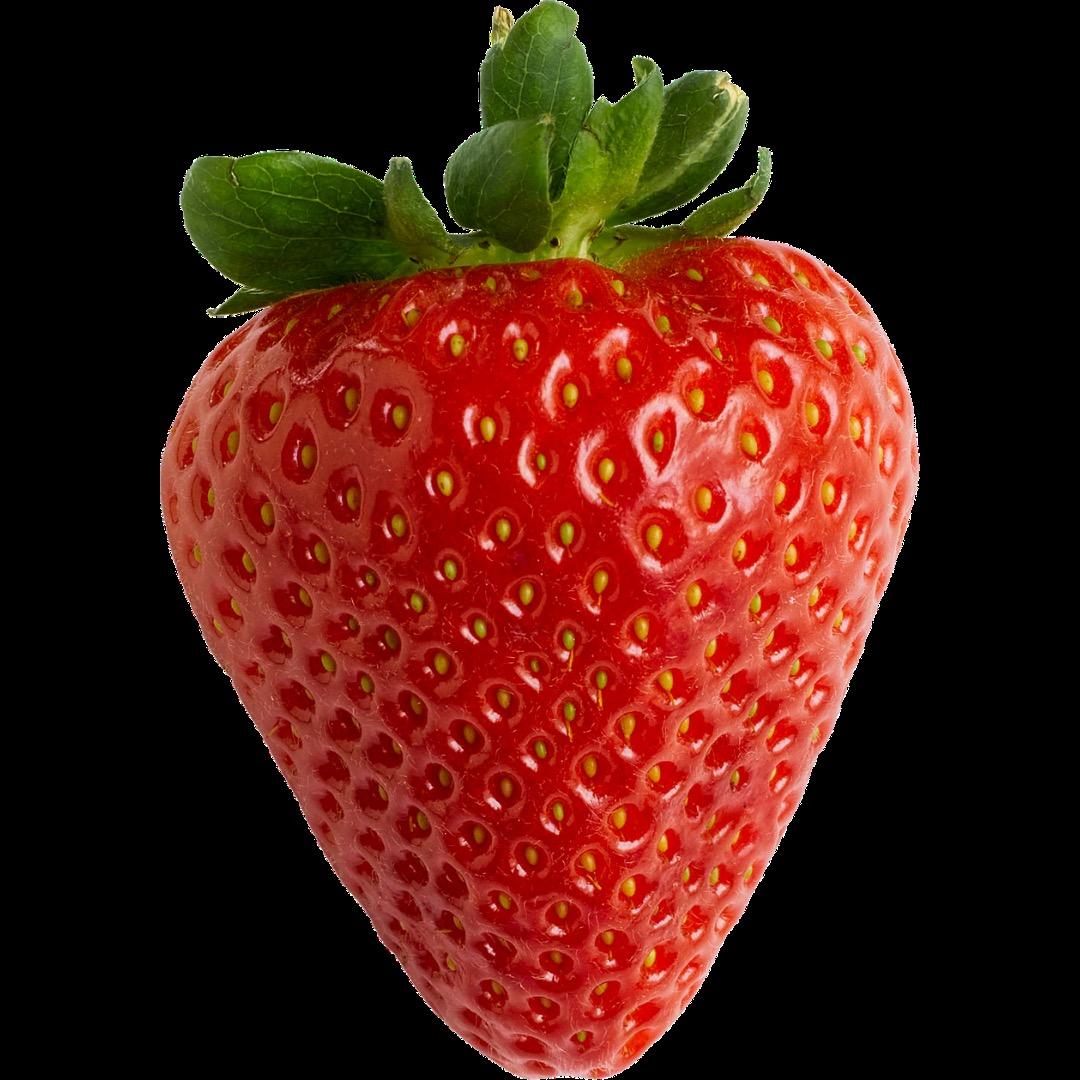
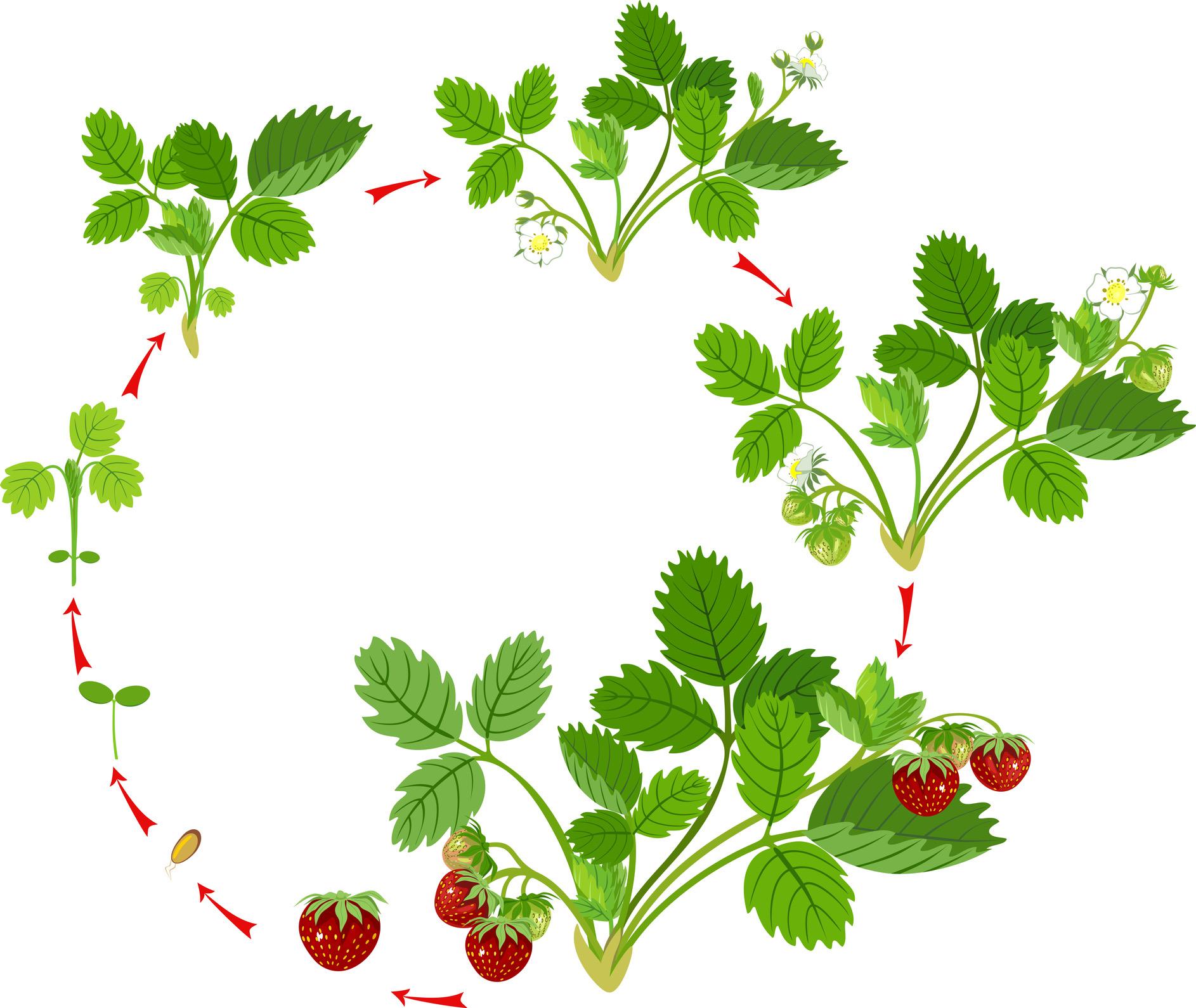

1. June-bearing 2. Ever-bearing 3. Day-neutral strawberry has 200 seeds.

Strawberries are the ONLY fruit with seeds on the outside.
90% of the strawberries grown in the U.S. are from California.





Vitamin C supports the immune systemthe body’s defense against infections.

Vitamin C is also referred to as “ascorbic acid.”

Vitamin C is an antioxidant. Antioxidants help protect against damage caused by exposure to harmful substances in the environment.


The body cannot make vitamin C on its own - it has to come from food.
Vitamin C helps keep you happy & healthy! What do you call a vitamin that improves your eyesight?


Vitamin C is a very important vitamin for healthy gums & teeth.



Watermelon is a type of fruit that is a part of the gourd family
Watermelons are related to cucumbers
Watermelons are harvested by hand
There are over 1,200 varieties watermelon.
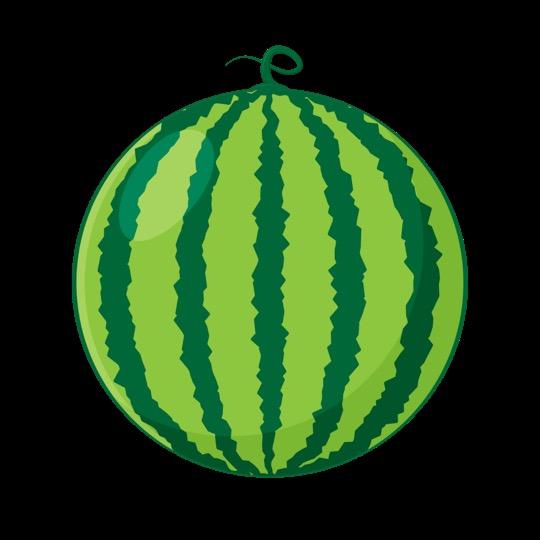


Watermelons are technically a fruit AND a vegetable.
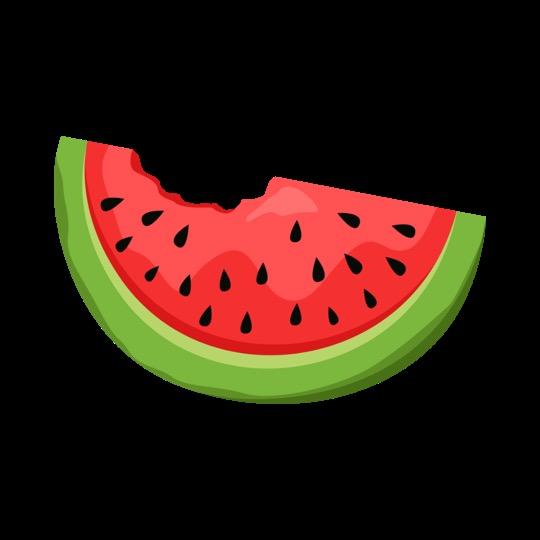
JULY is National
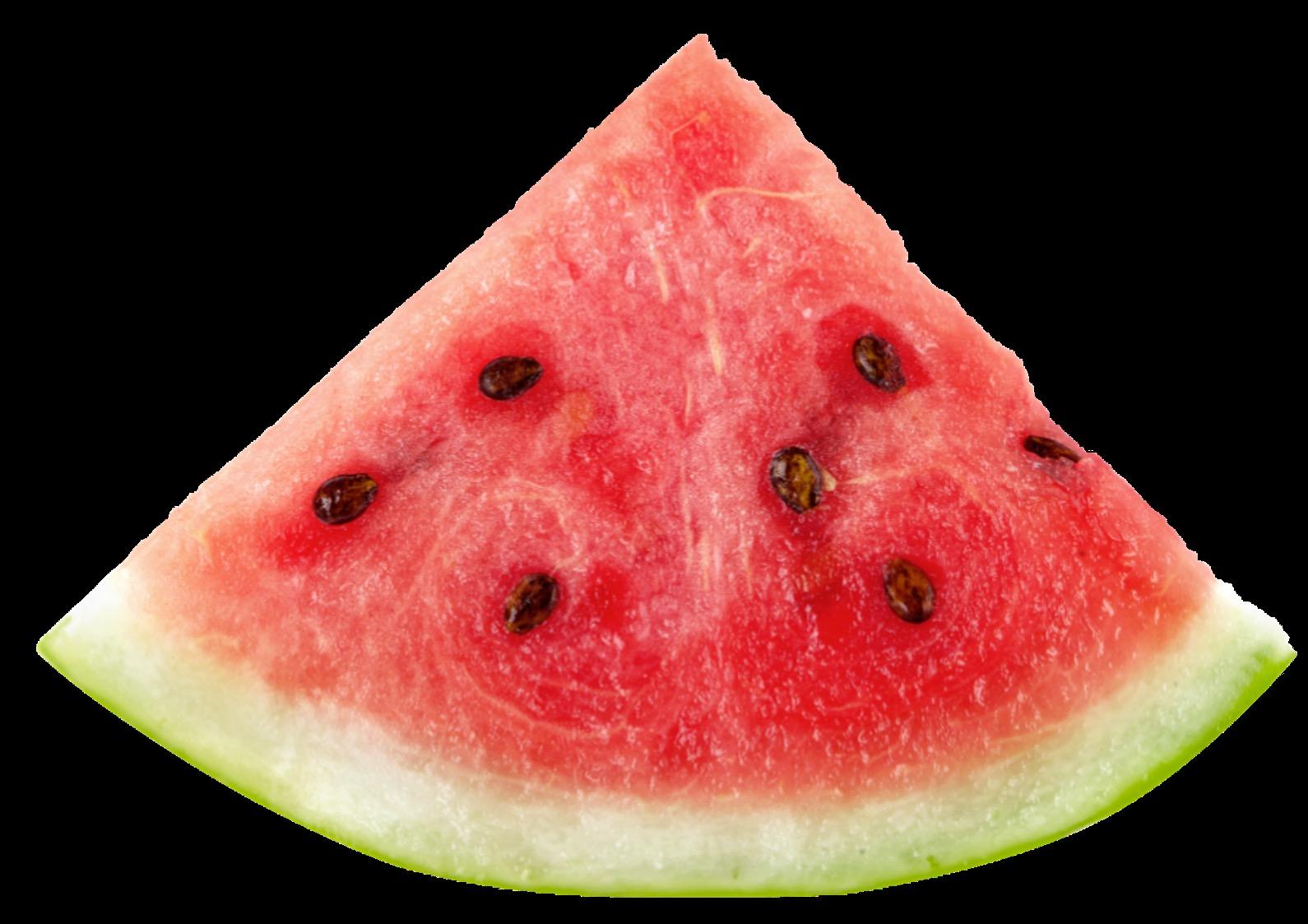
Watermelons take 90 days to grow from seed to fruit.
Seedless watermelon are the most popular.
Watermelon Month!

Watermelons are 92% water.

Watermelons are grown in 96+ countries worldwide.




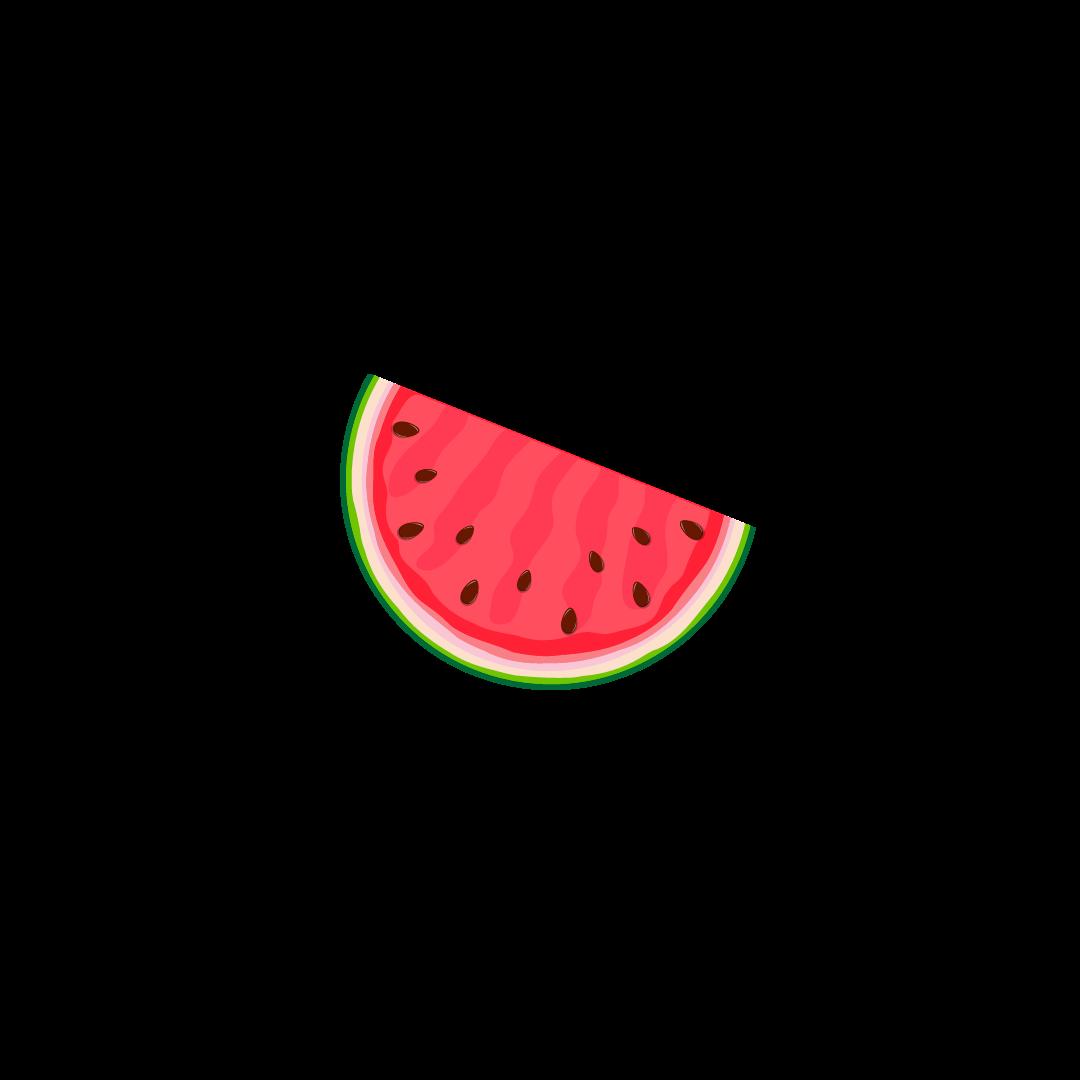
Hydration is the process of Water is the body’s main source of hydration.





The body’s 6 essential nutrients: carbohydrates, proteins, fats, vitamins, minerals & WATER ! Water helps carry nutrients & oxygen to all the cells in the body.

Proper hydration can help to improve moods.
The body is better at fighting off when properly hydrated.
Sleep quality can improve when the body is hydrated.
Many fruits & vegetables have a high water content, making them hydrating to eat.
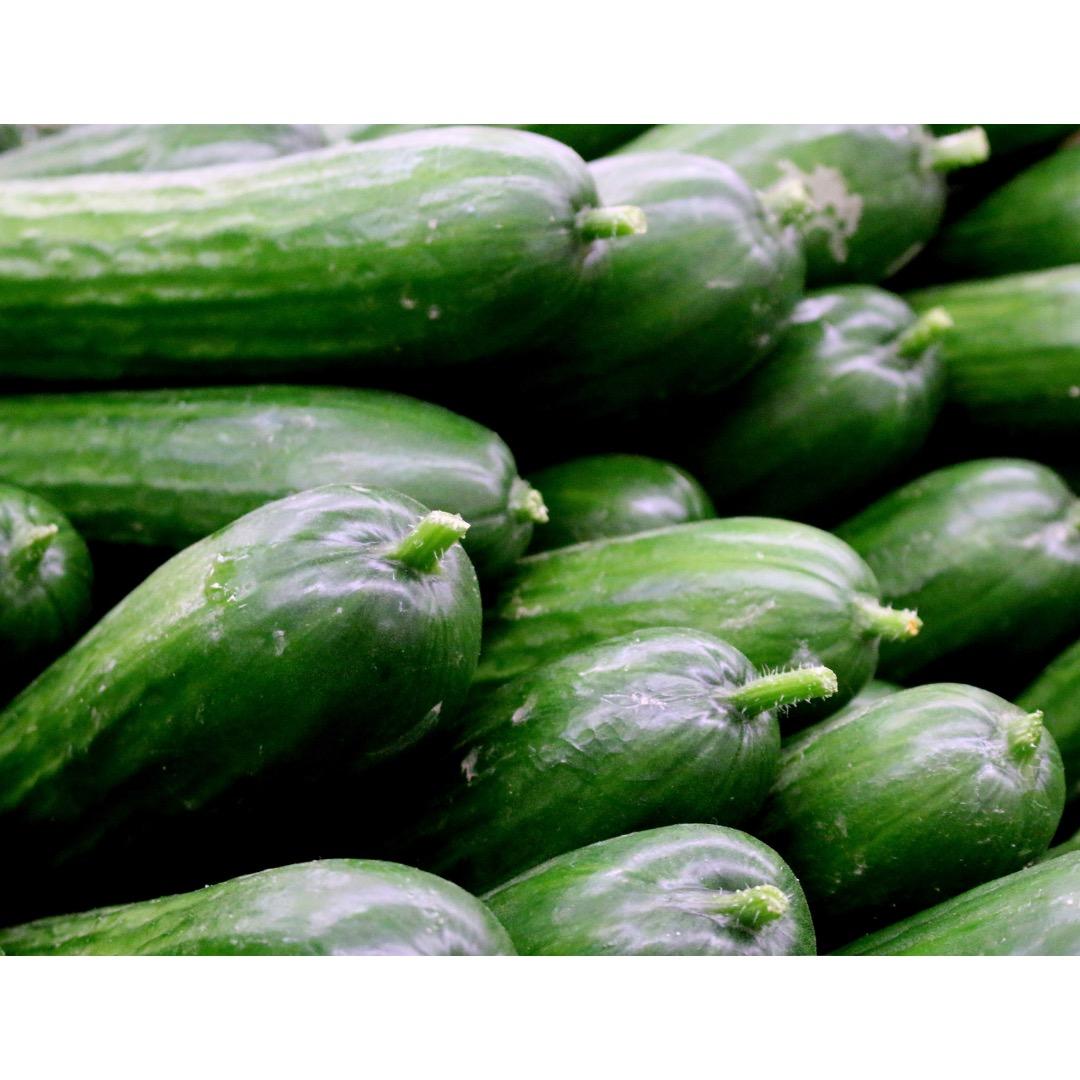


Cucumbers are technically fruits since they & contain seeds.
There are cucumbers.
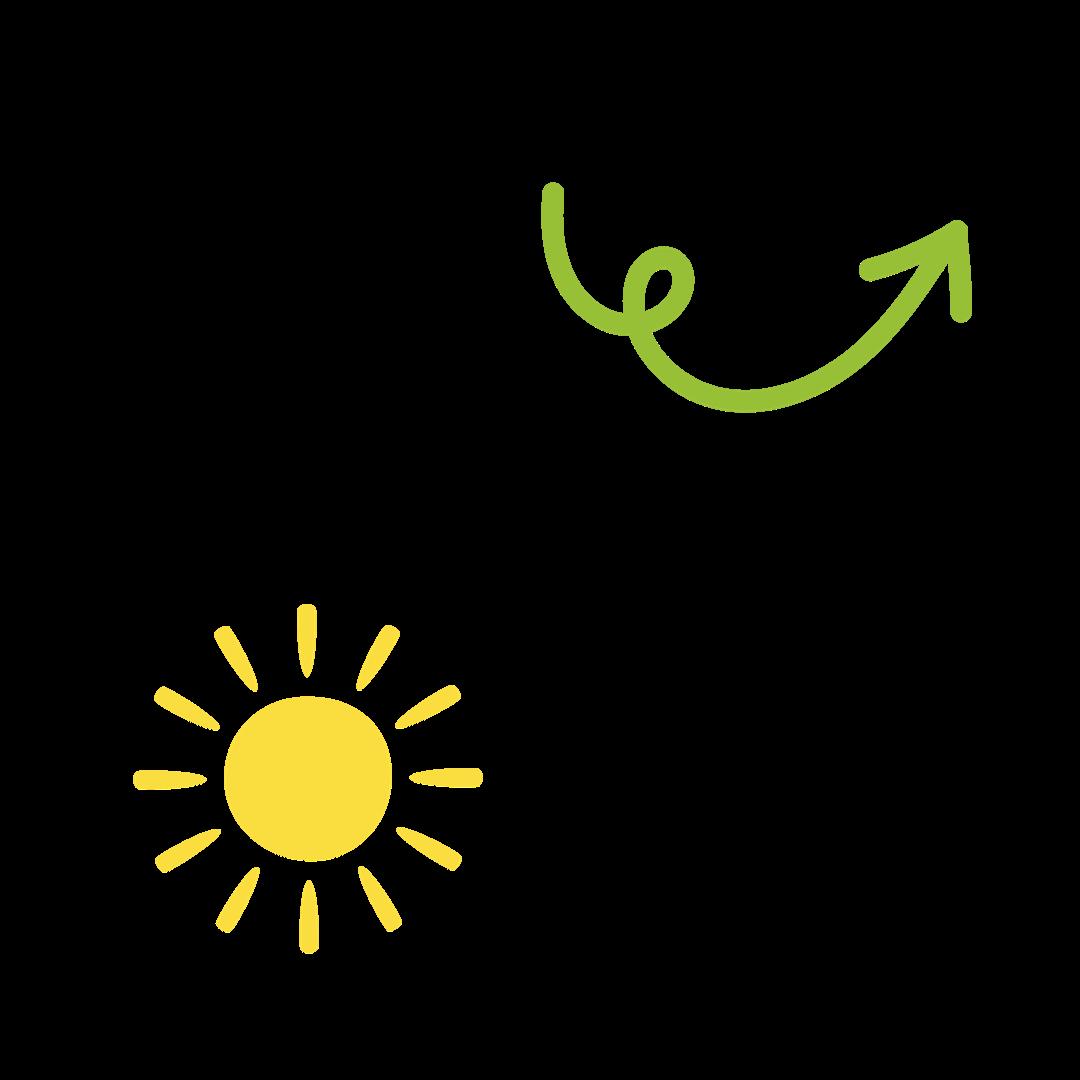



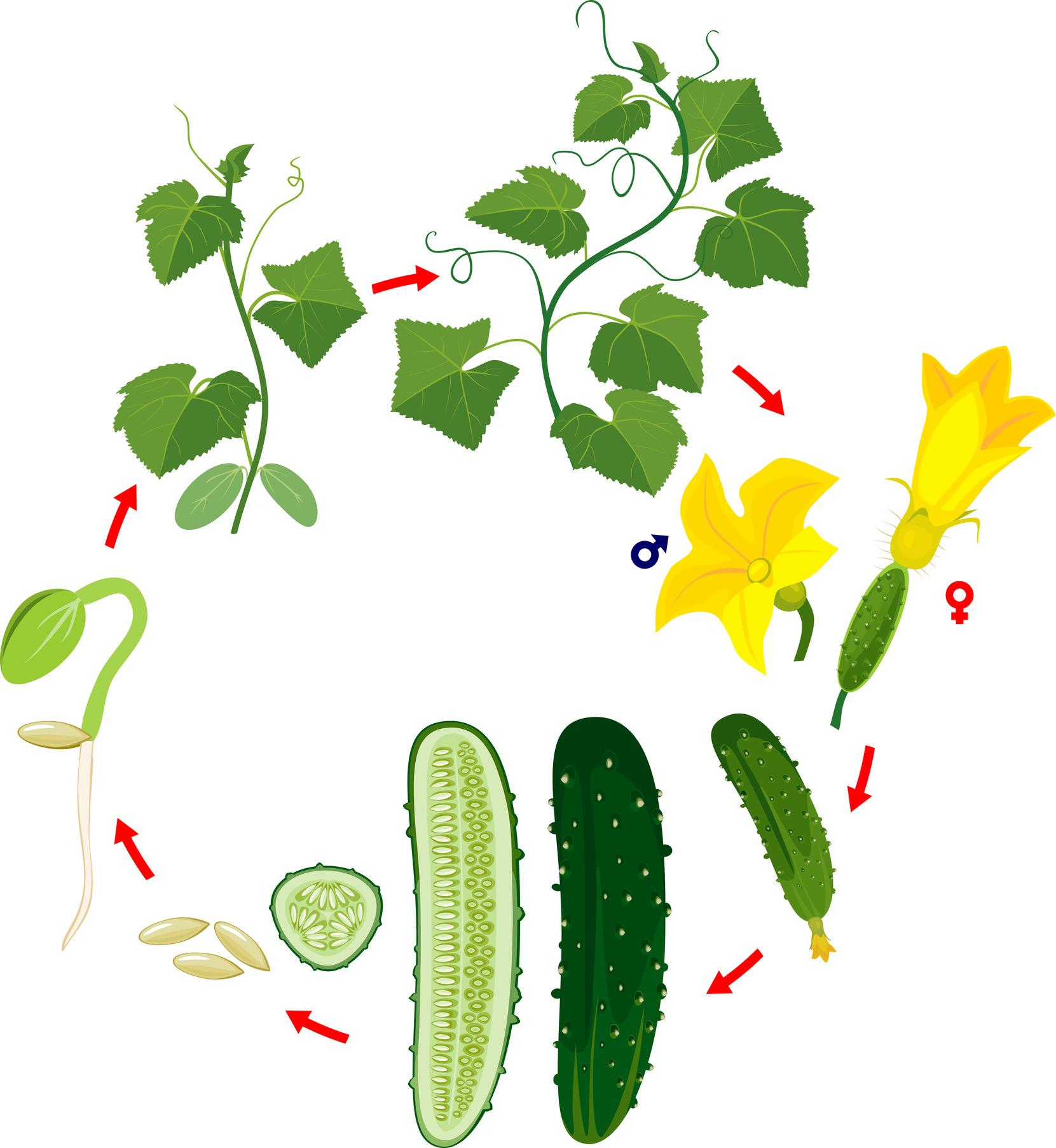
1 vine can produce 25 - 125 cucumbers. of cucumbers seeds.

World Cucumber Day is June 14th!

Cucumbers grow on
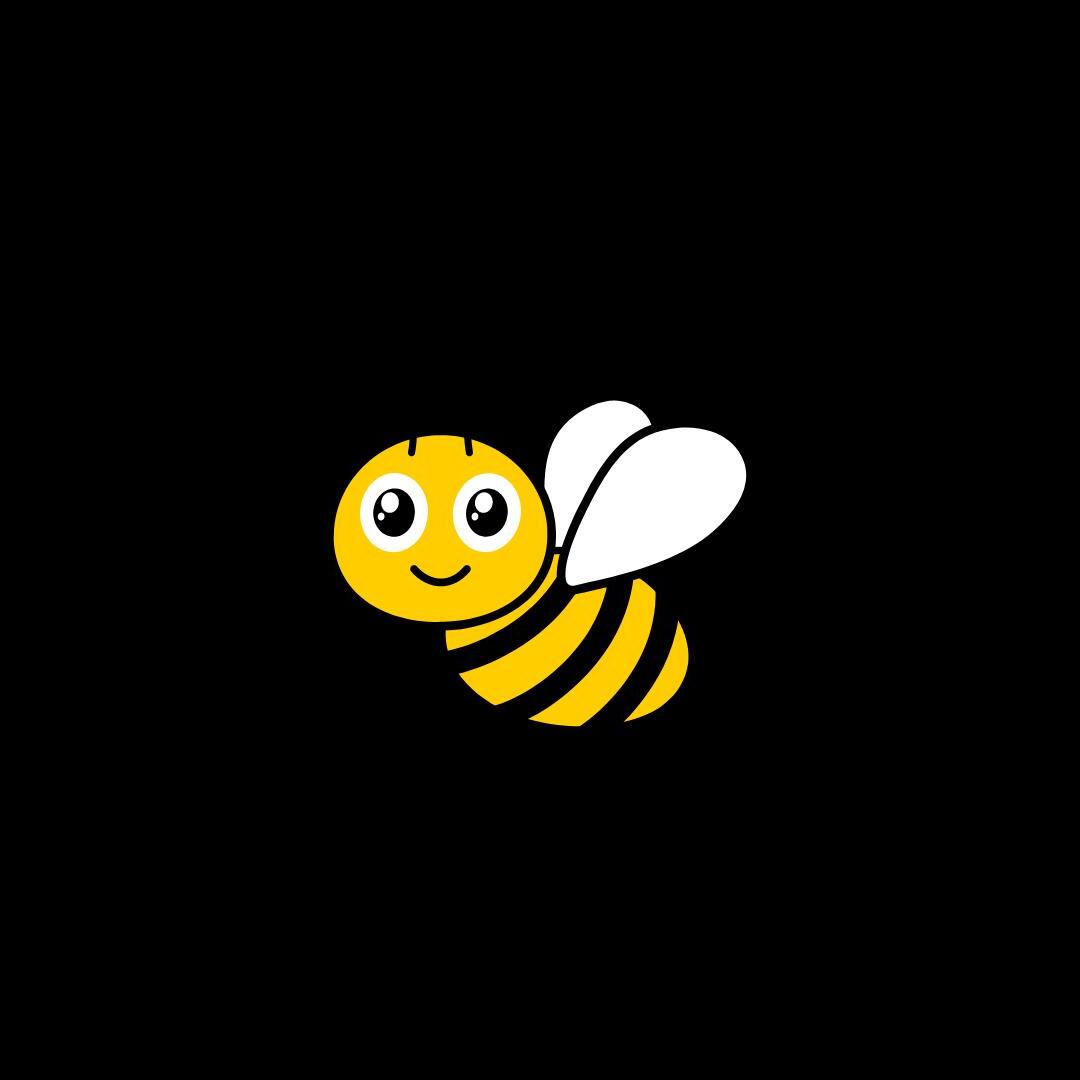





B Vitamins help support the body’s energy levels, brain function & cell metabolism In-Vitamin!
essential B vitamins:
Vitamin B1, Vitamin B2, Vitamin B3, Vitamin B5, Vitamin B6, Vitamin B7, Vitamin B9 & Vitamin B12.

Water is needed to help the body absorb B vitamins.



B5, B12, C and E knock on your door…what do you do? blood cells.
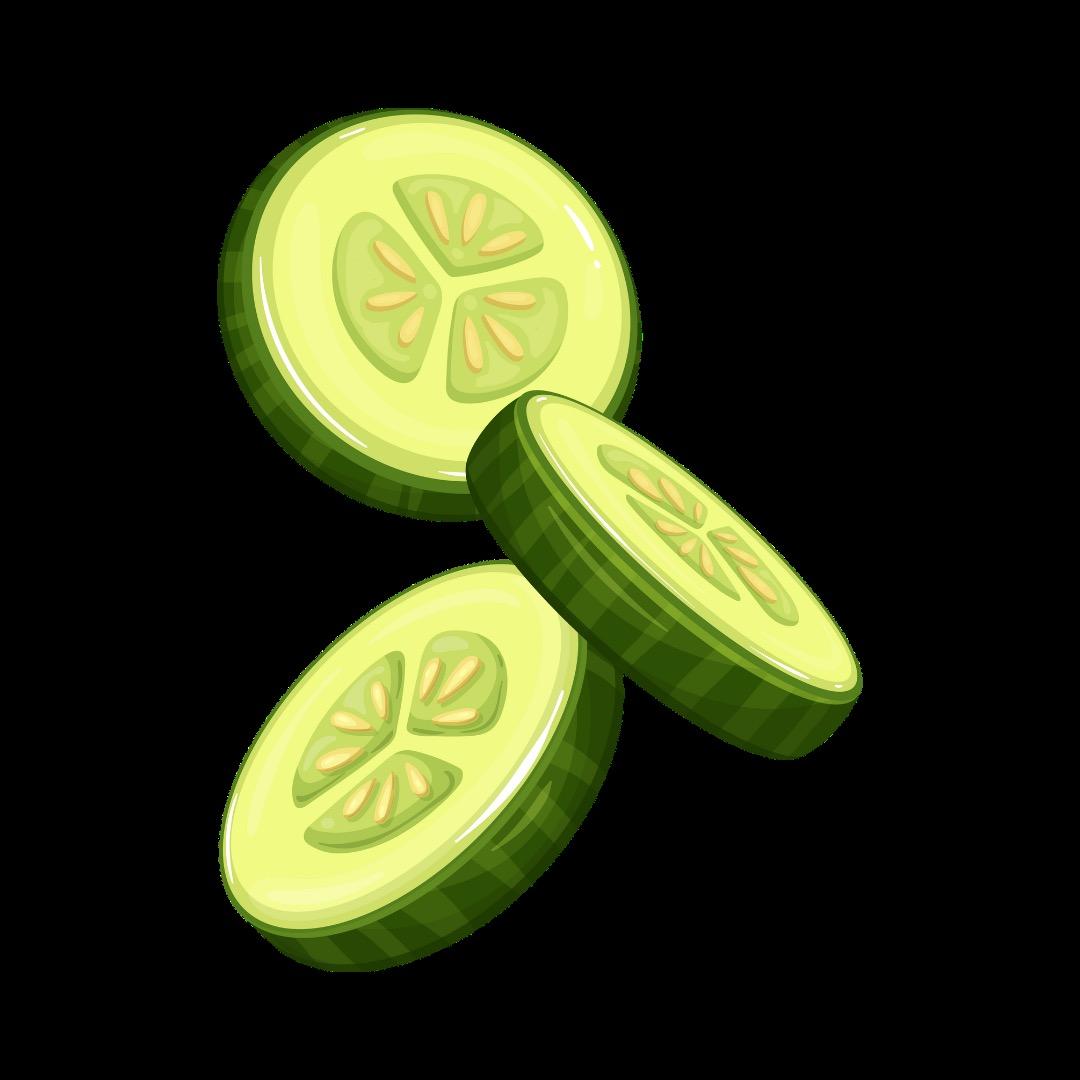
B vitamins helps the body make energy from food.
cannot store most B vitamins, so they need to be regularly consumed.
B vitamins plays a role in serotonin production.
Serotonin makes us feel happy



Avocados are a “single-seeded berry. ”
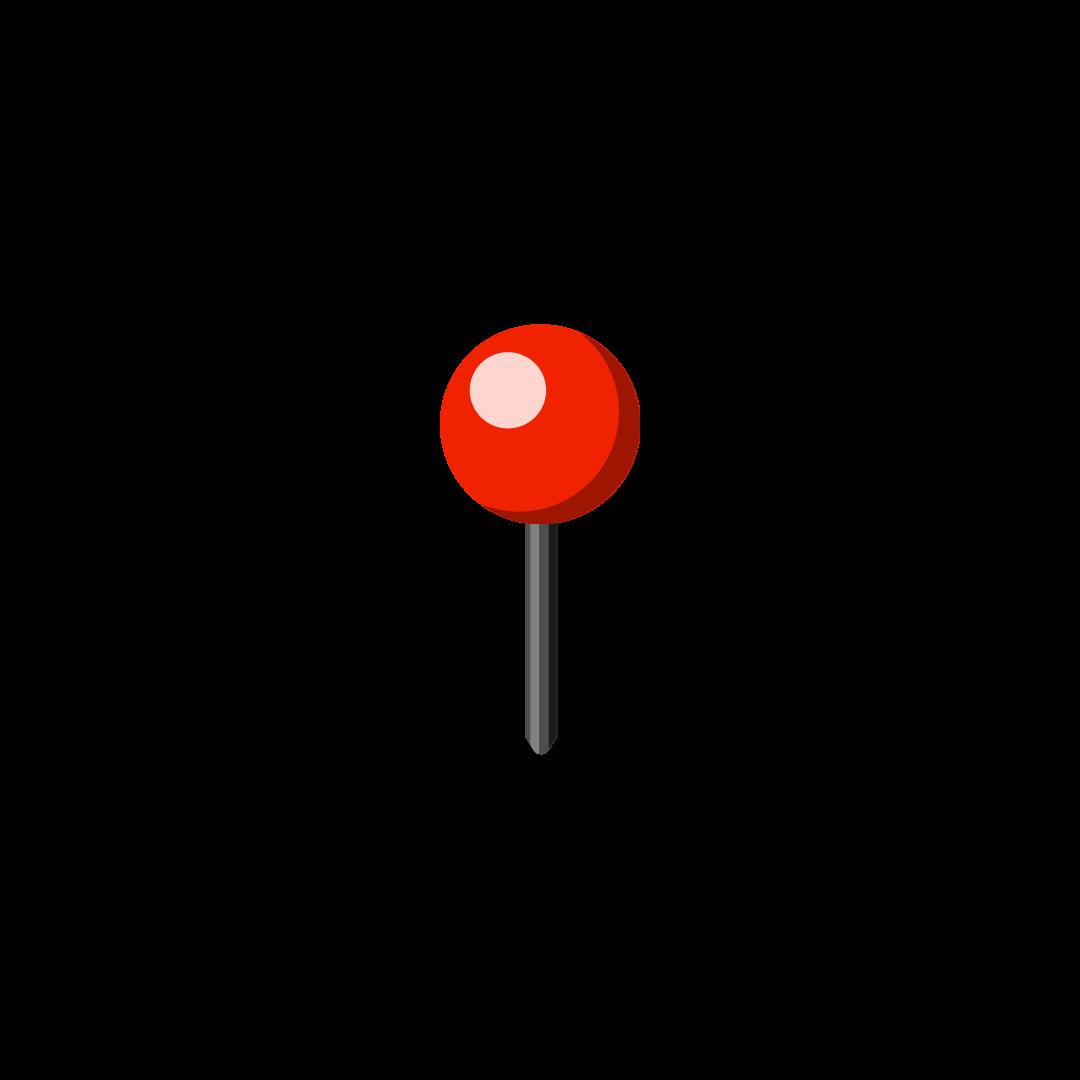
Avocados are a FRUIT!
90% of avocados grown in the U.S. are grown in California.

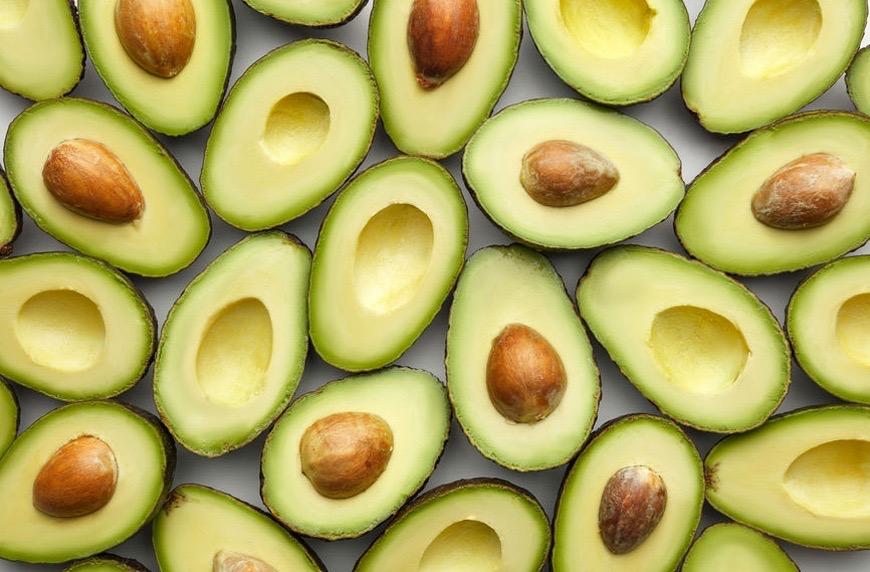
There are 500+ varieties of avocados that can vary is size, texture & Hass avocados the most popular

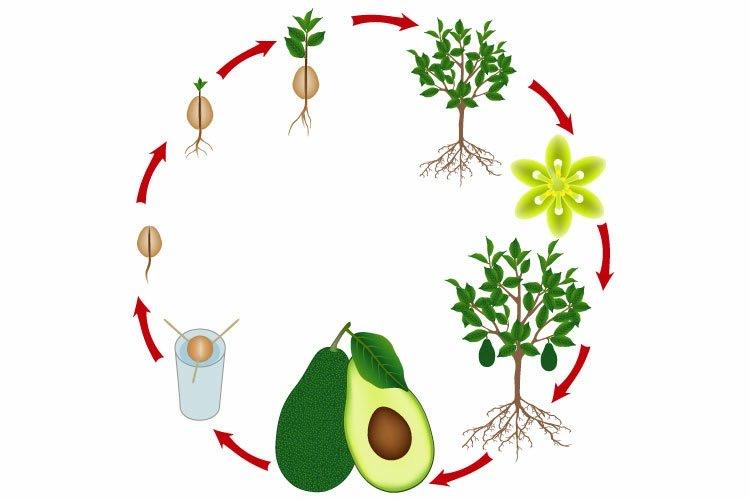

Hass avocados are native to California.
Avocado trees range from 60 feet tall. It takes a minimum of a YEAR to grow an avocado.
Avocados need a lot of sunlight to grow.
An avocado tree produces around 60 pounds

Avocados ripen AFTER they are harvested.



The body uses fats to store energy, maintain
There are 3 types of fats: saturated, unsaturated & trans.
Unsaturated fats are considered the “healthy fats nuts, avocados & fish.
Carrots


help the body

Unsaturated fats are liquid at room temperature.


Unsaturated fats are good heart health.
Saturated fats can be found in foods like whole milk, cheese & butter
Healthy fats are essential for brain development.
Remember…not all fats are bad!
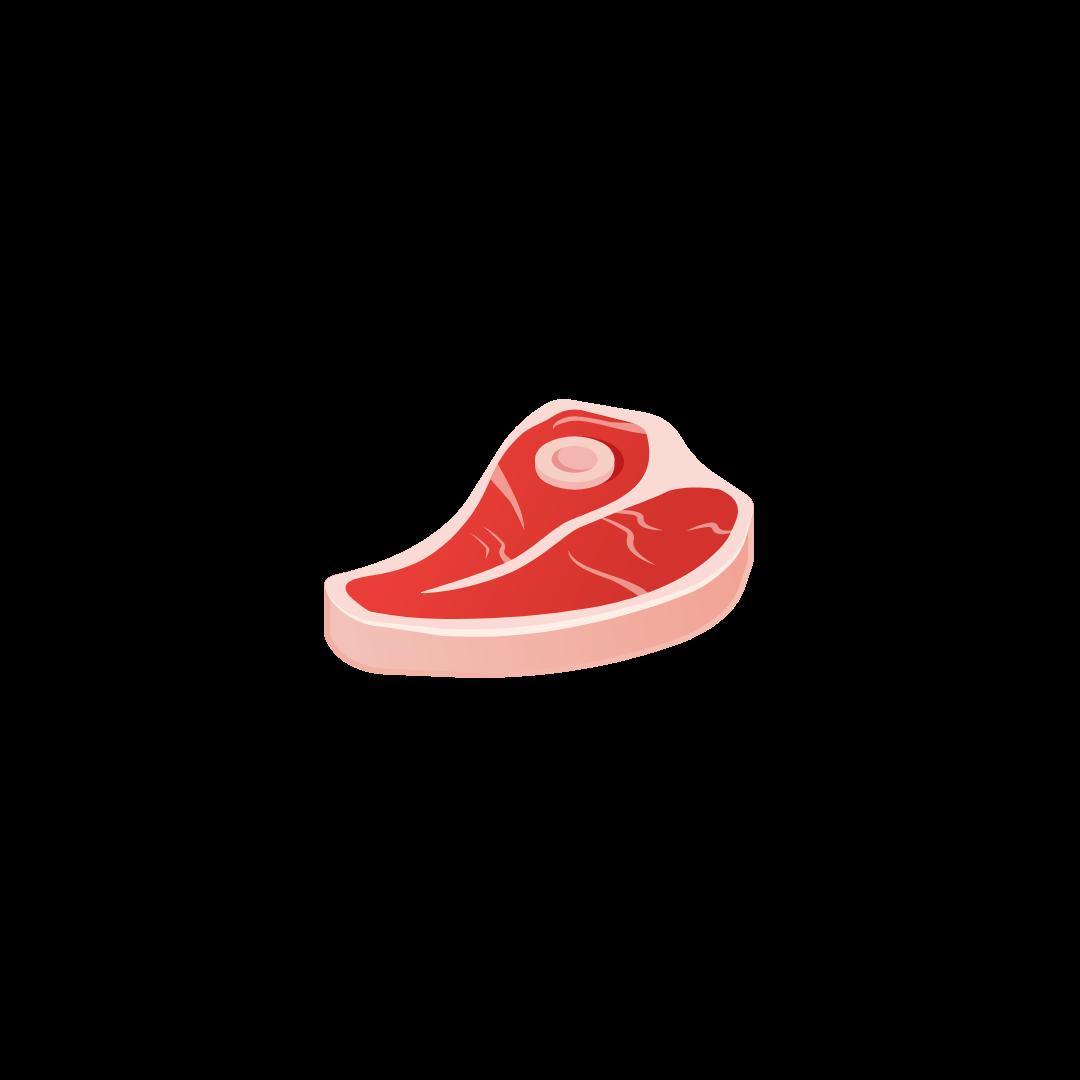
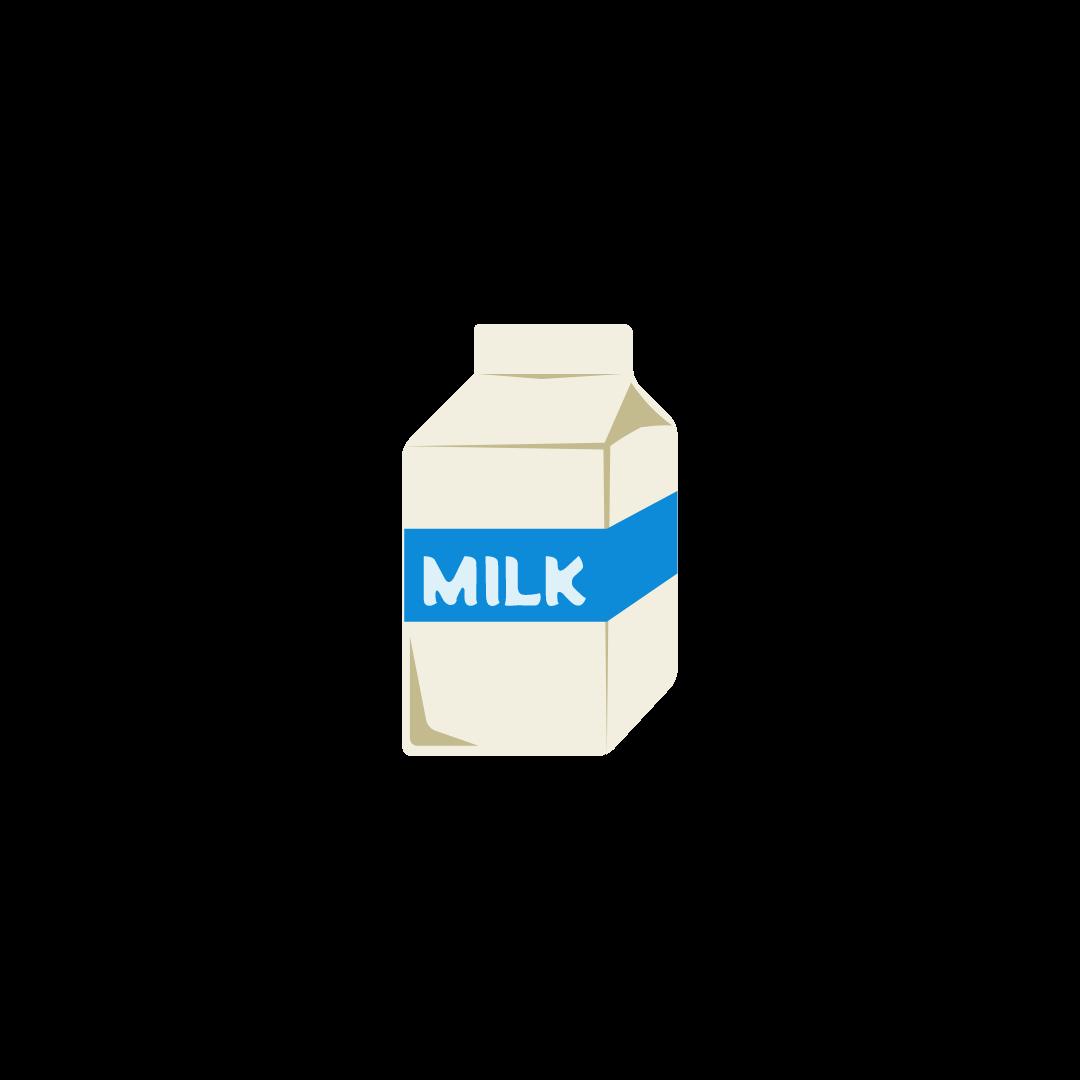
Healthy fats are essential for growth & development.
Trans fats are produced through food processing.
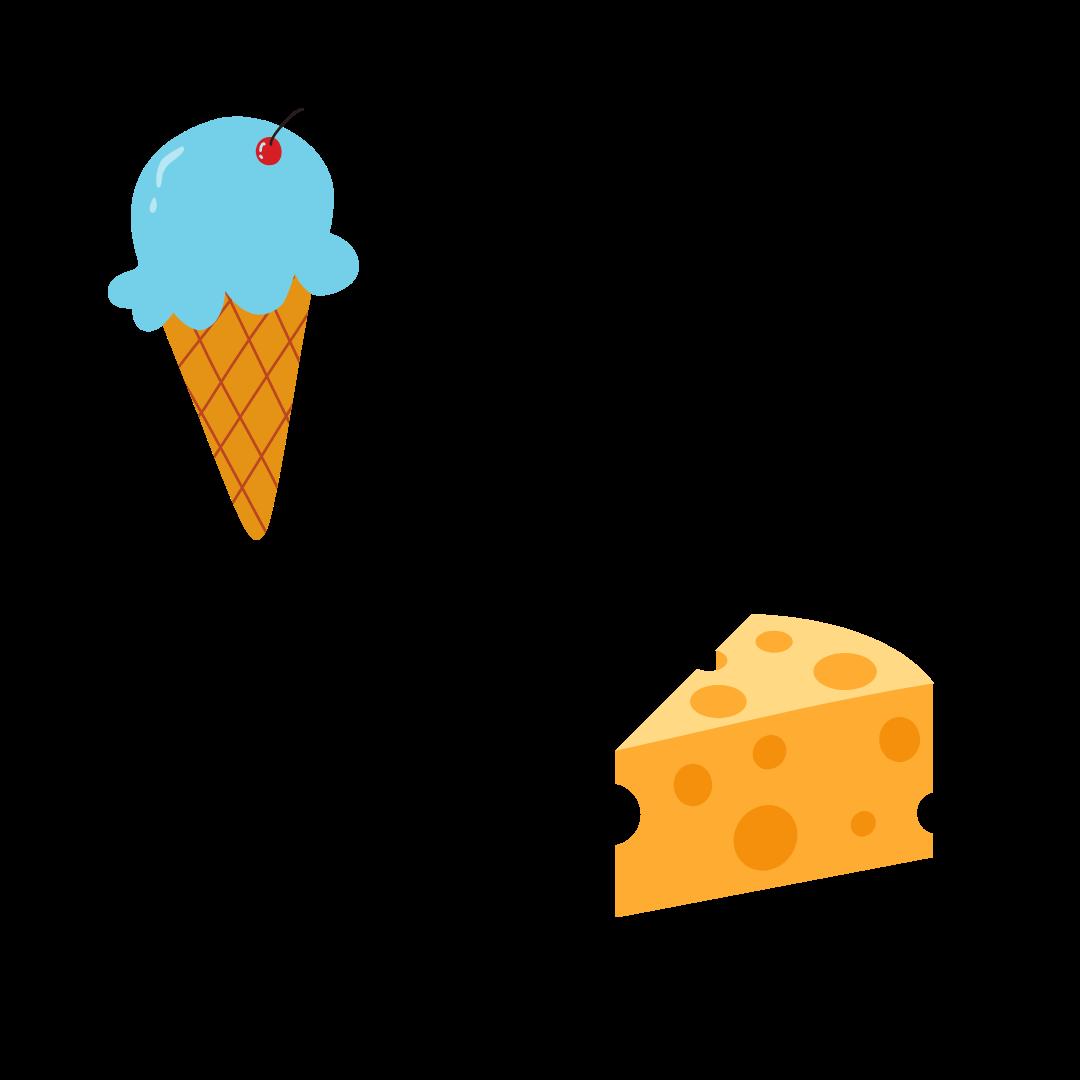
Fats belong to a group of large molecules called lipids.
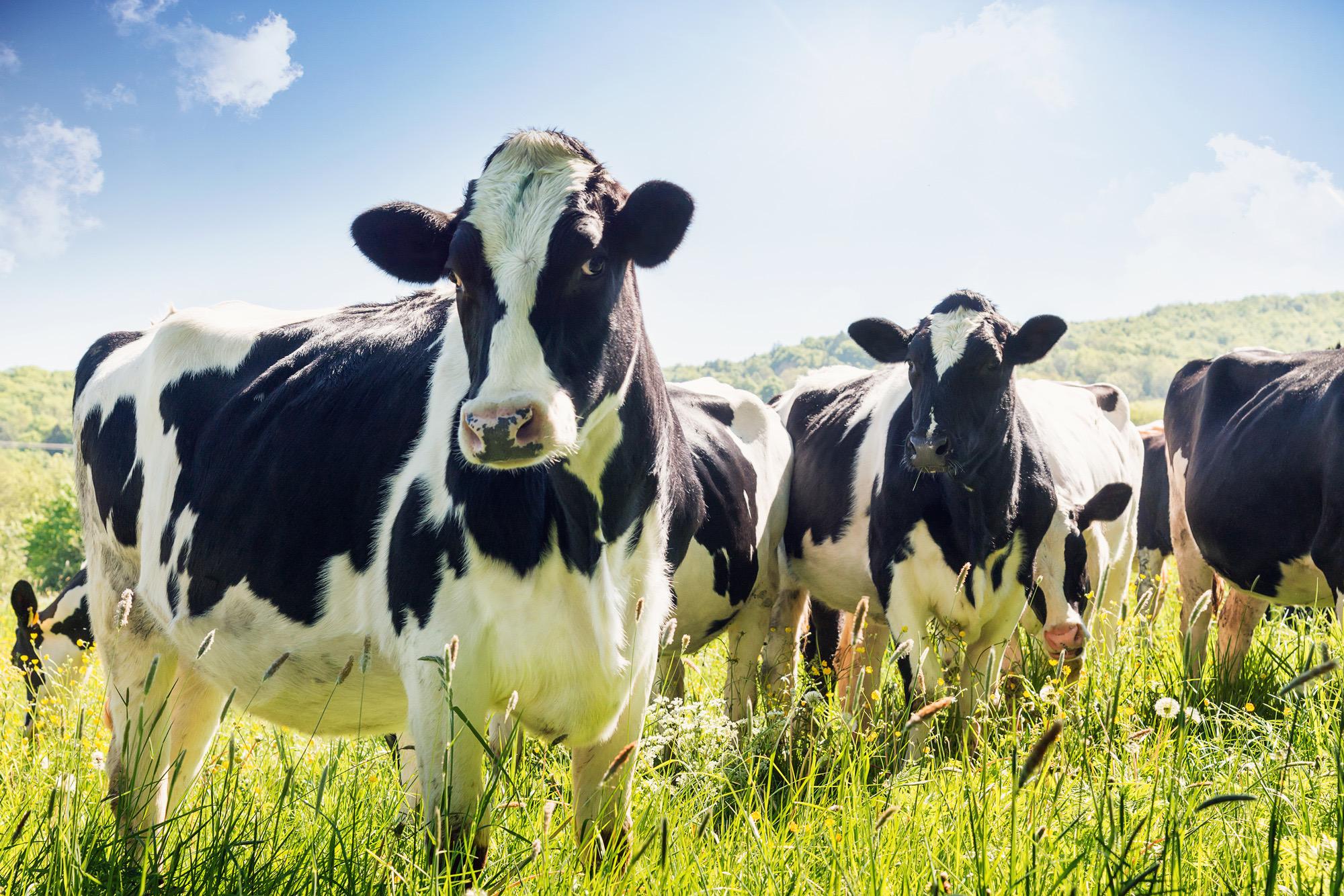


Milk is a type of dairy product –most commonly made from cows.
1 serving contains
Milk is made up of 85-95% water with the rest being fats, proteins, carbohydrates & vitamins
Breeds of Dairy Cows: 6
1. Ayrshire
2. Brown Swiss
3. Guernsey
4. Holstein
5. Jersey
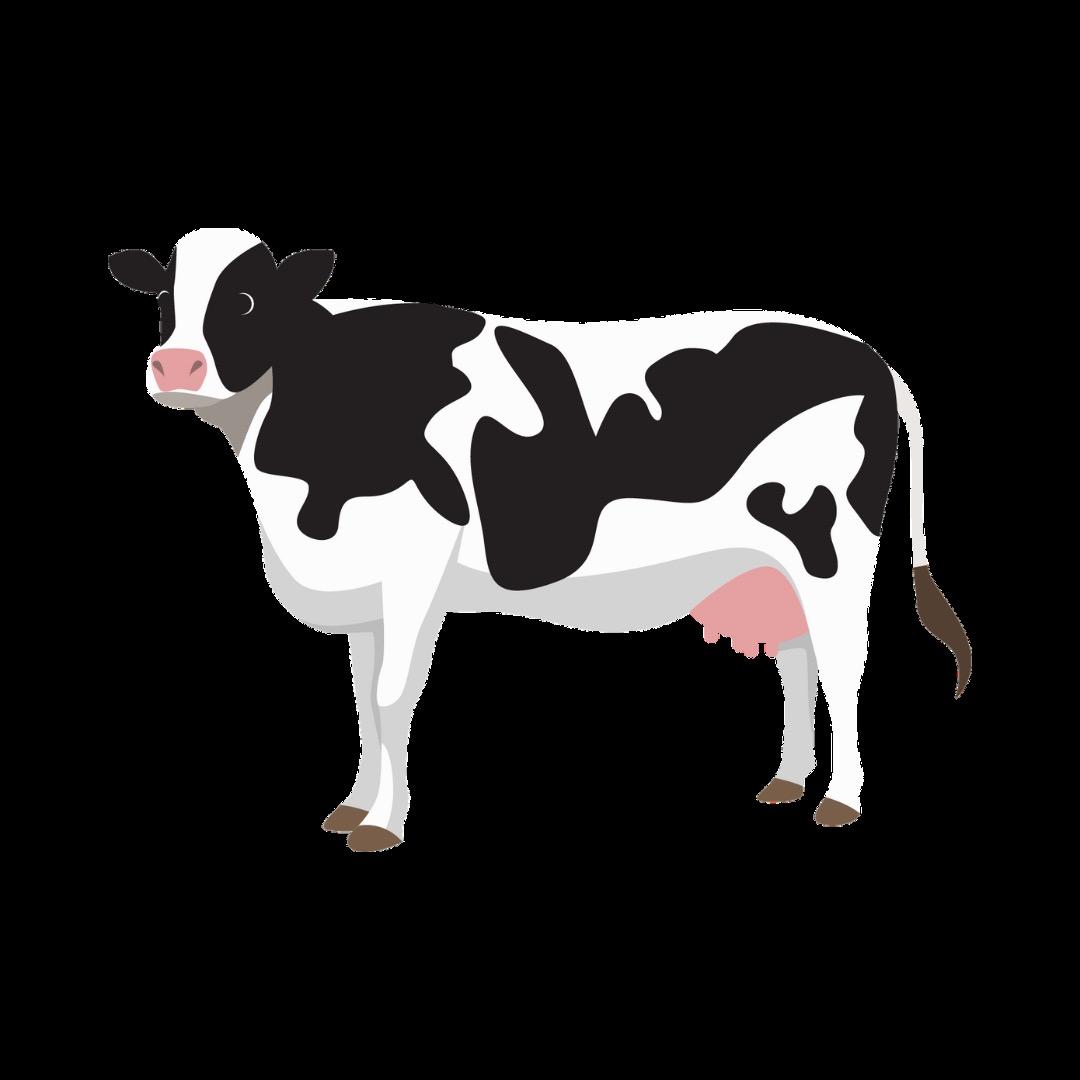
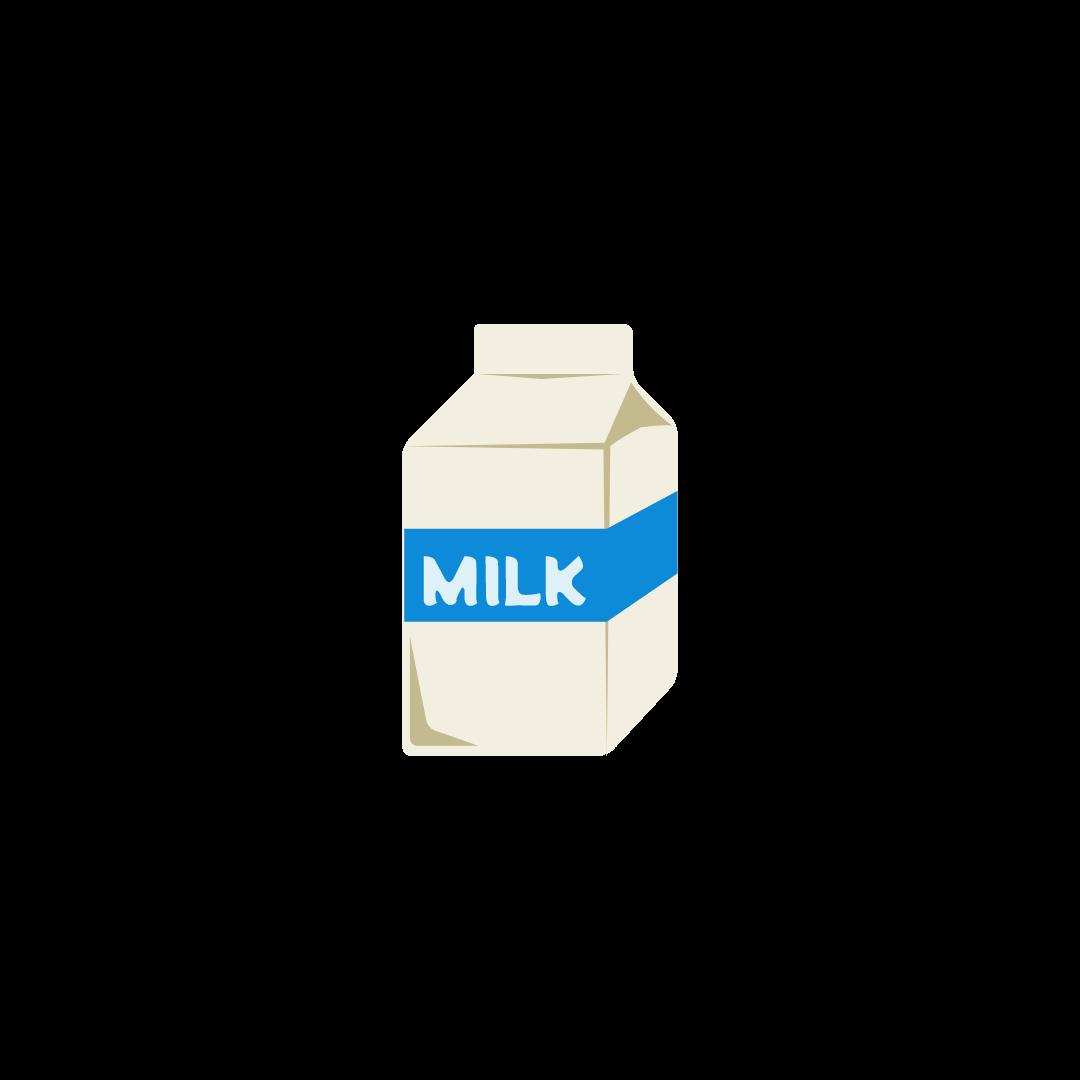
6. Milking Shorthorn
Holstein cows all have a unique pattern of spots!
1 cow produces around 6 gallons of milk per day. Cows can SEE almost 360 degrees and SMELL up to 6 miles away!
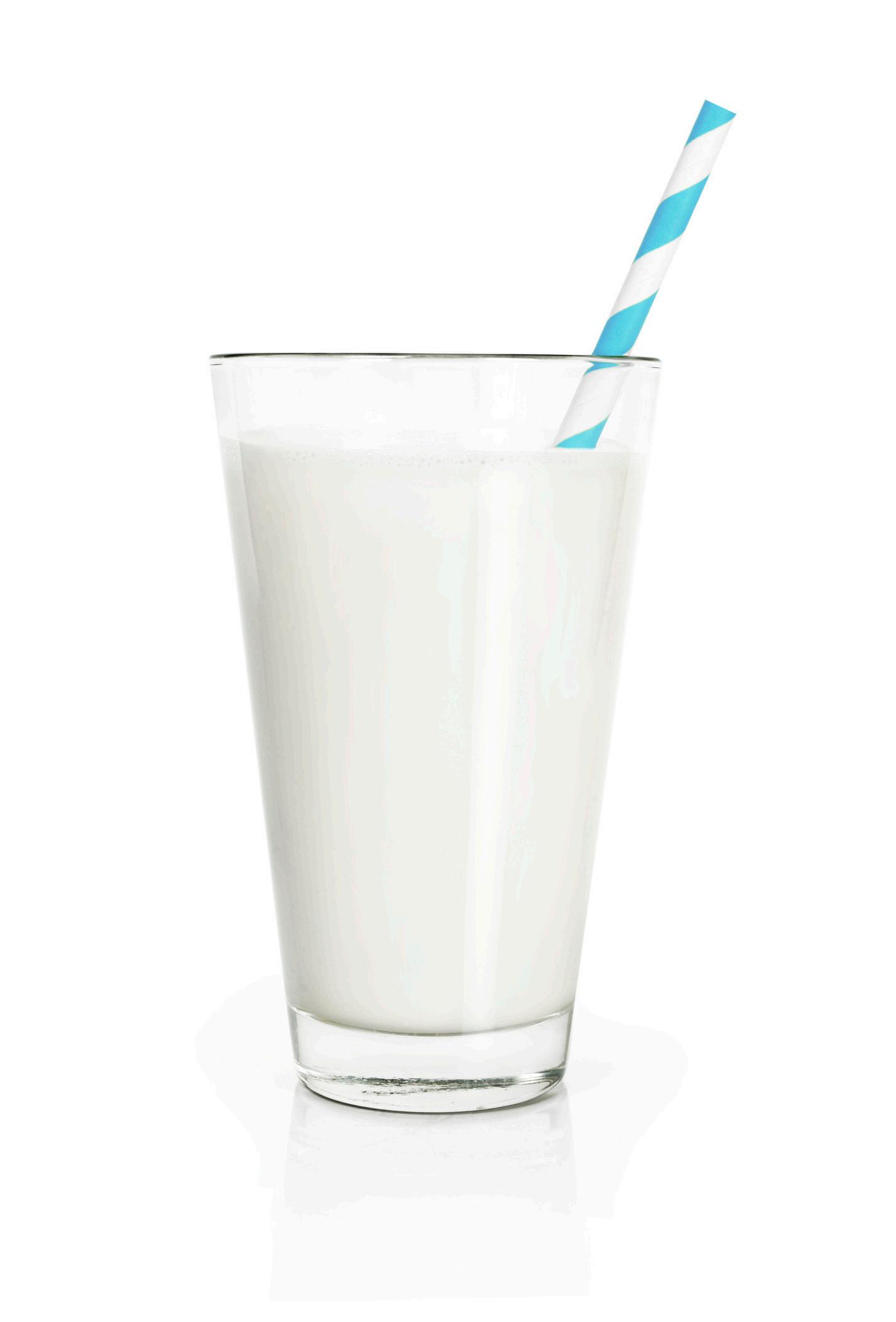
dairy farms!

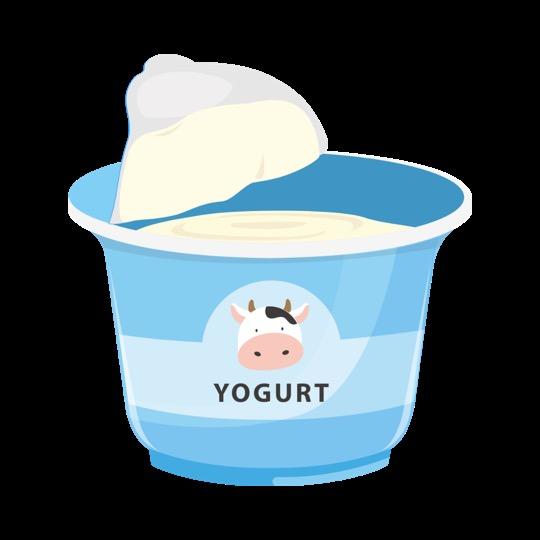


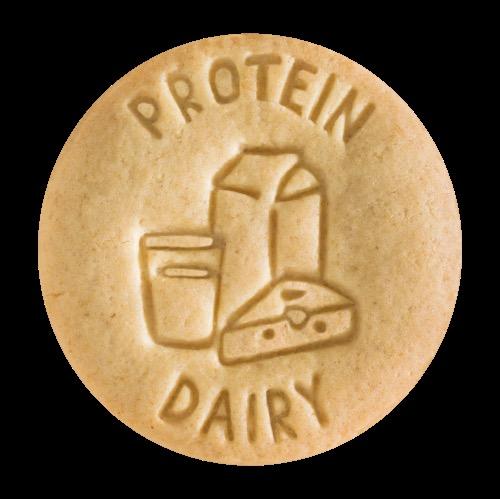




Protein builds, maintains and replaces the tissues in the body.
Protein helps to transport & store nutrients throughout the body.
18 - 20% of the body is protein.
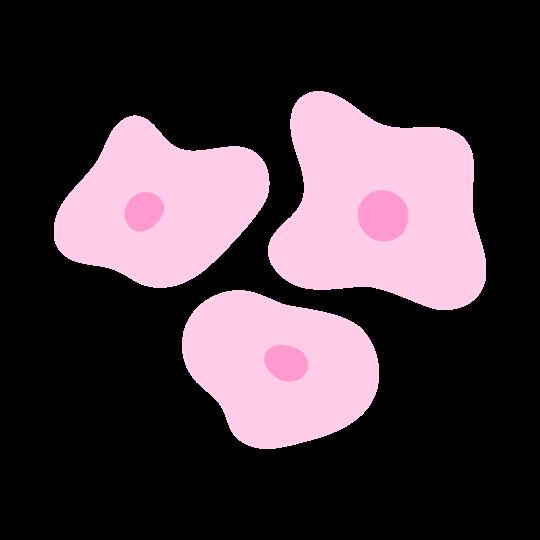
EVERY cell in the human body contains protein.

The body cannot store protein long term… which is why protein needs to be consumed daily.
Protein is made

blocks.
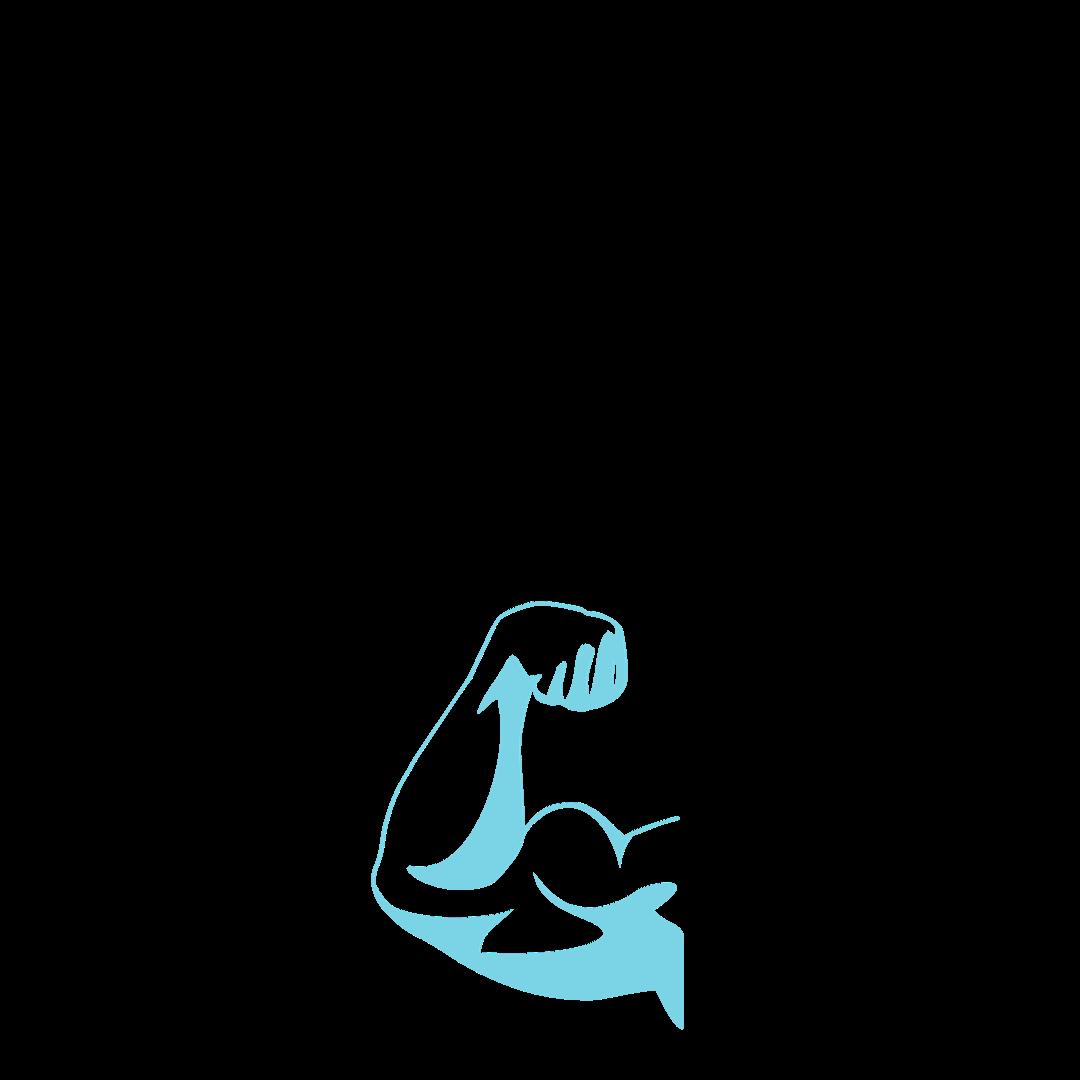
Protein plays a big role in building and repairing muscles.
Protein is a MACRONUTRIENT . A macronutrient is a nutrient that the body needs in LARGE
Protein helps maintain fluid balance throughout the body.
